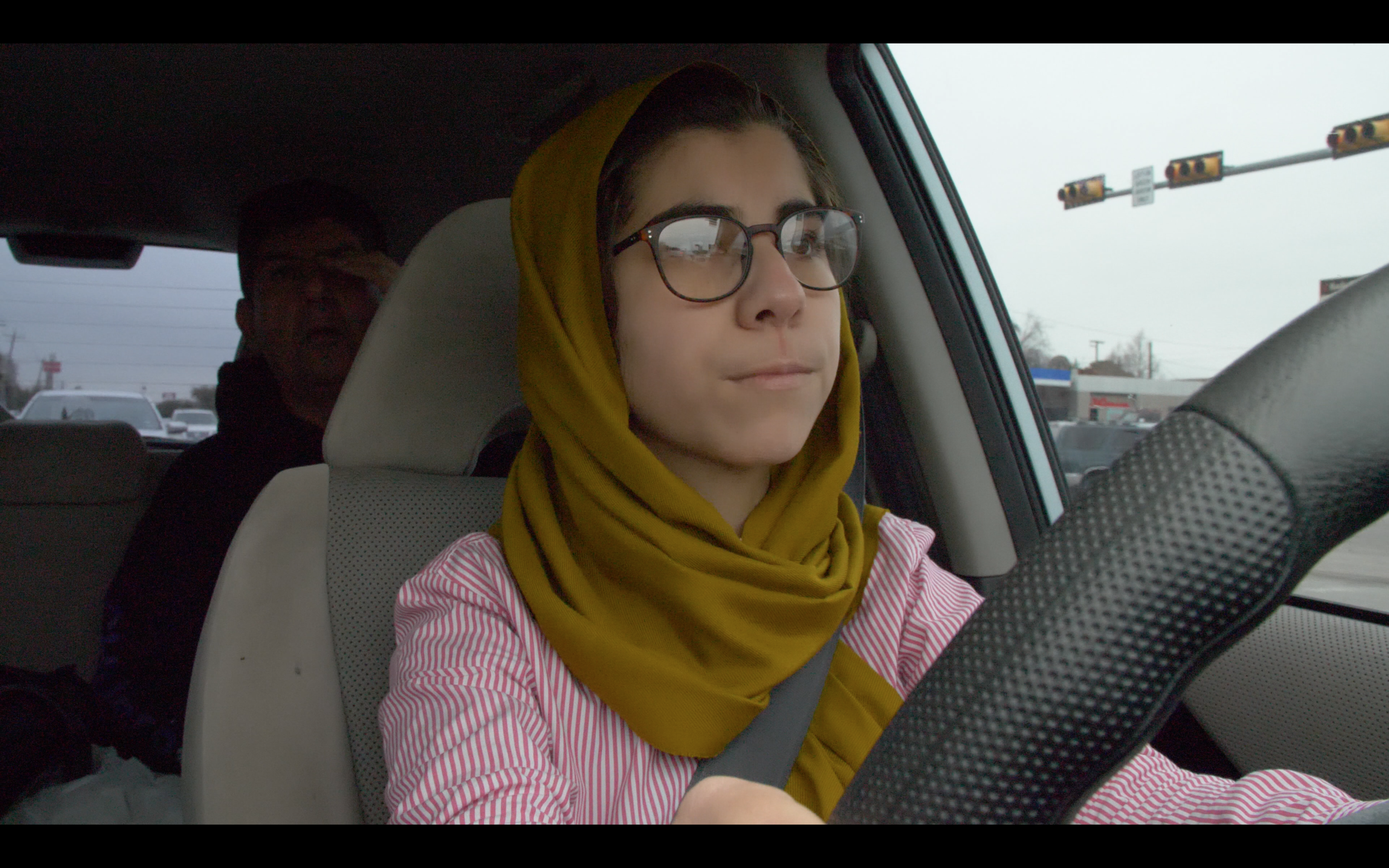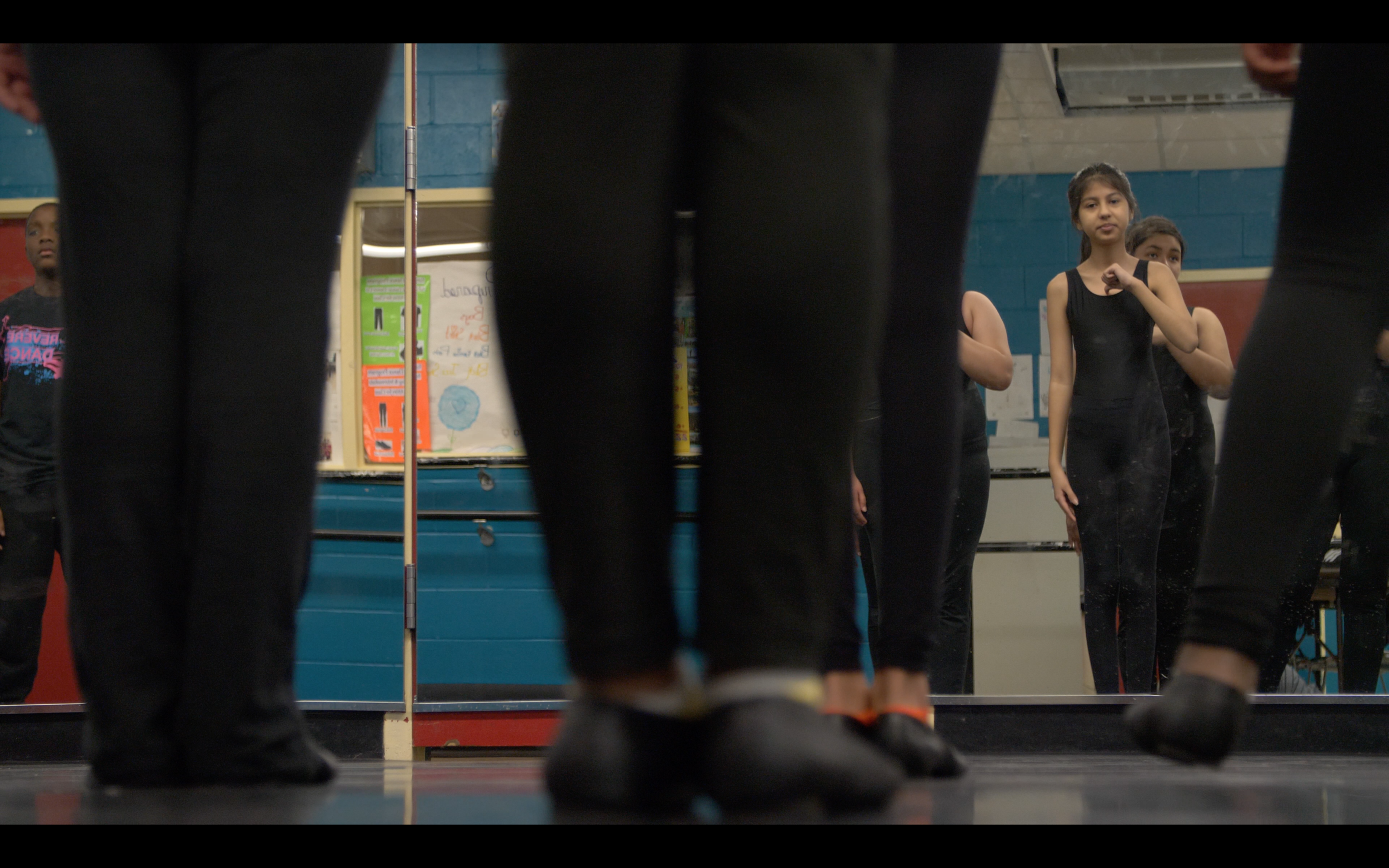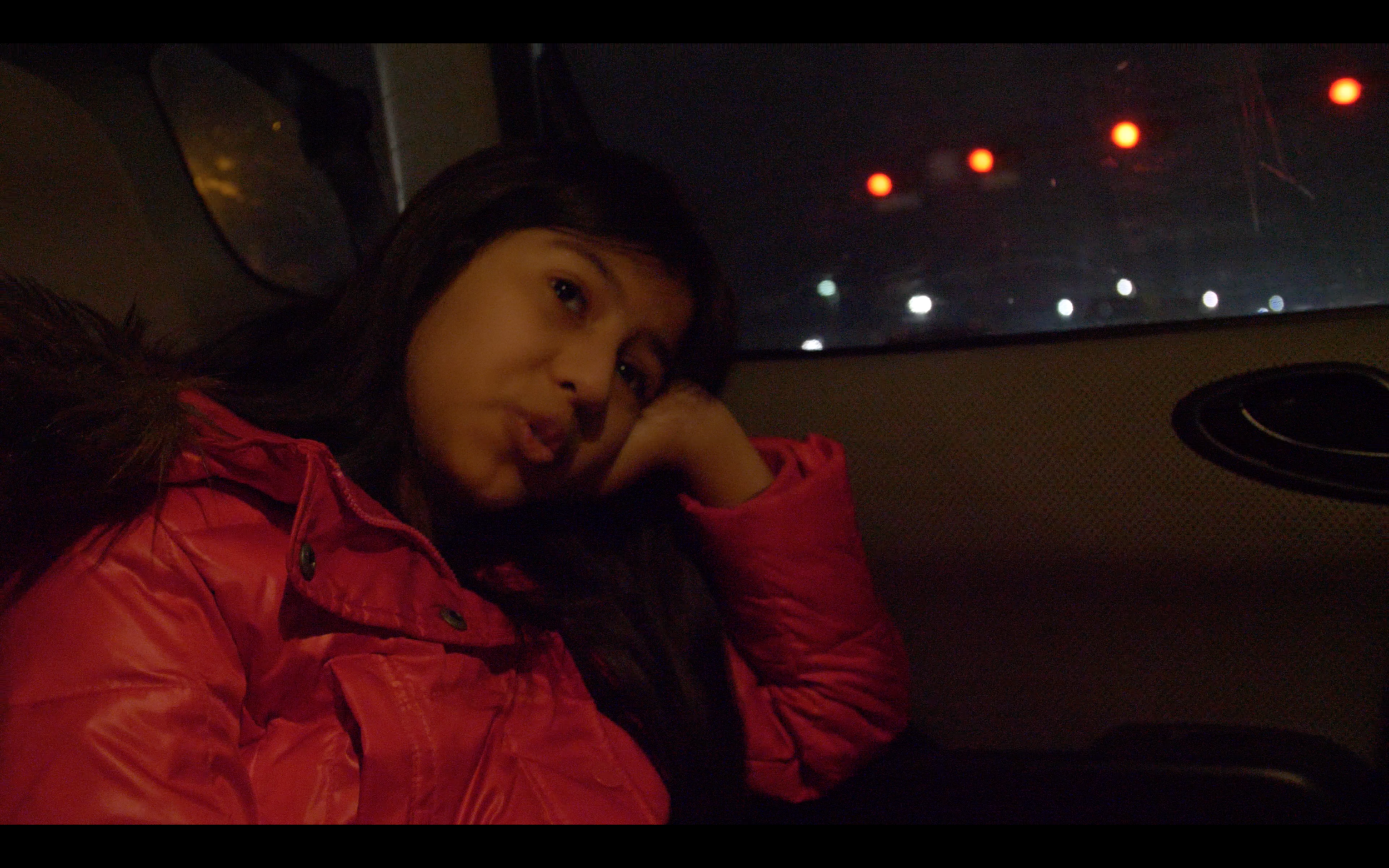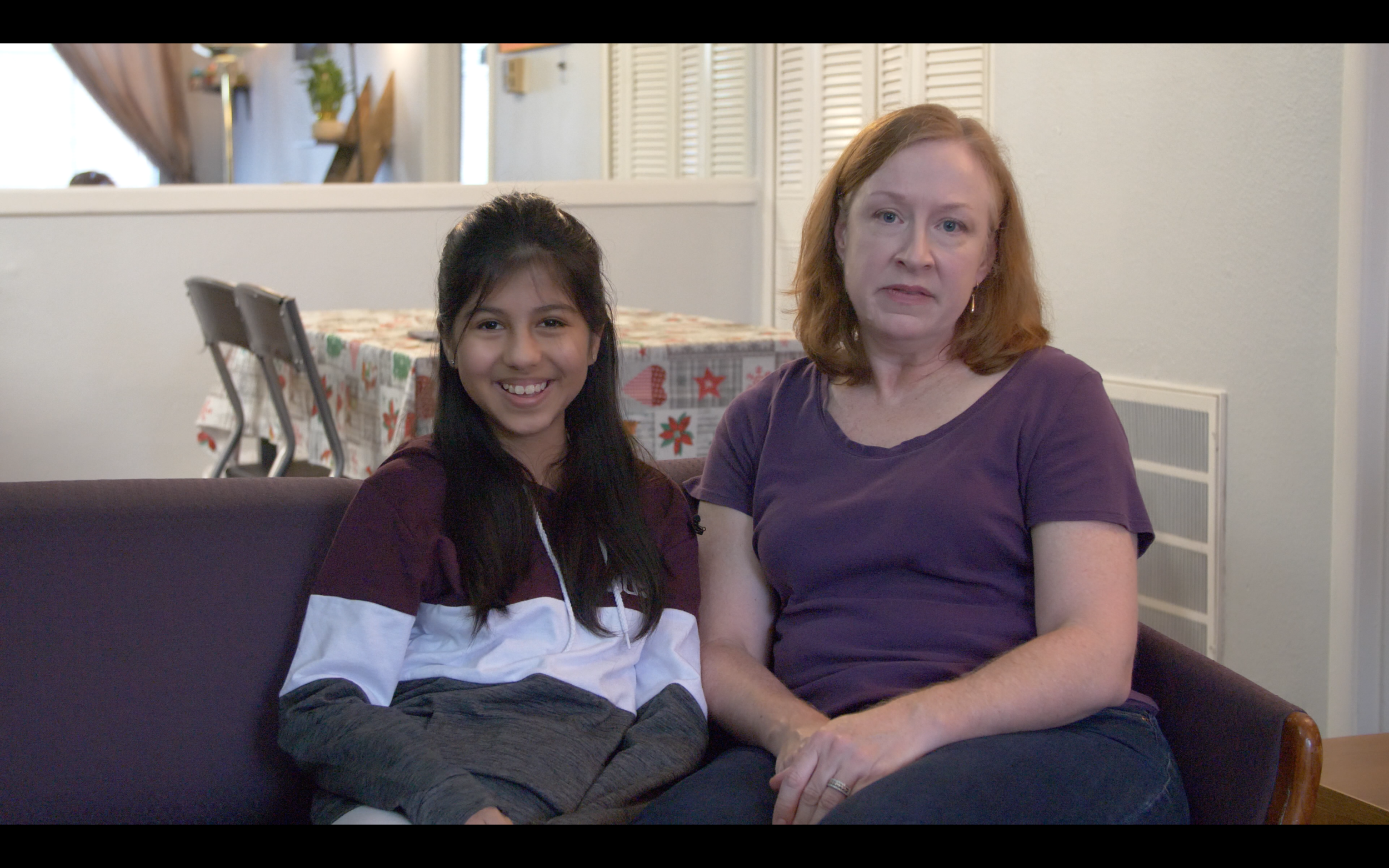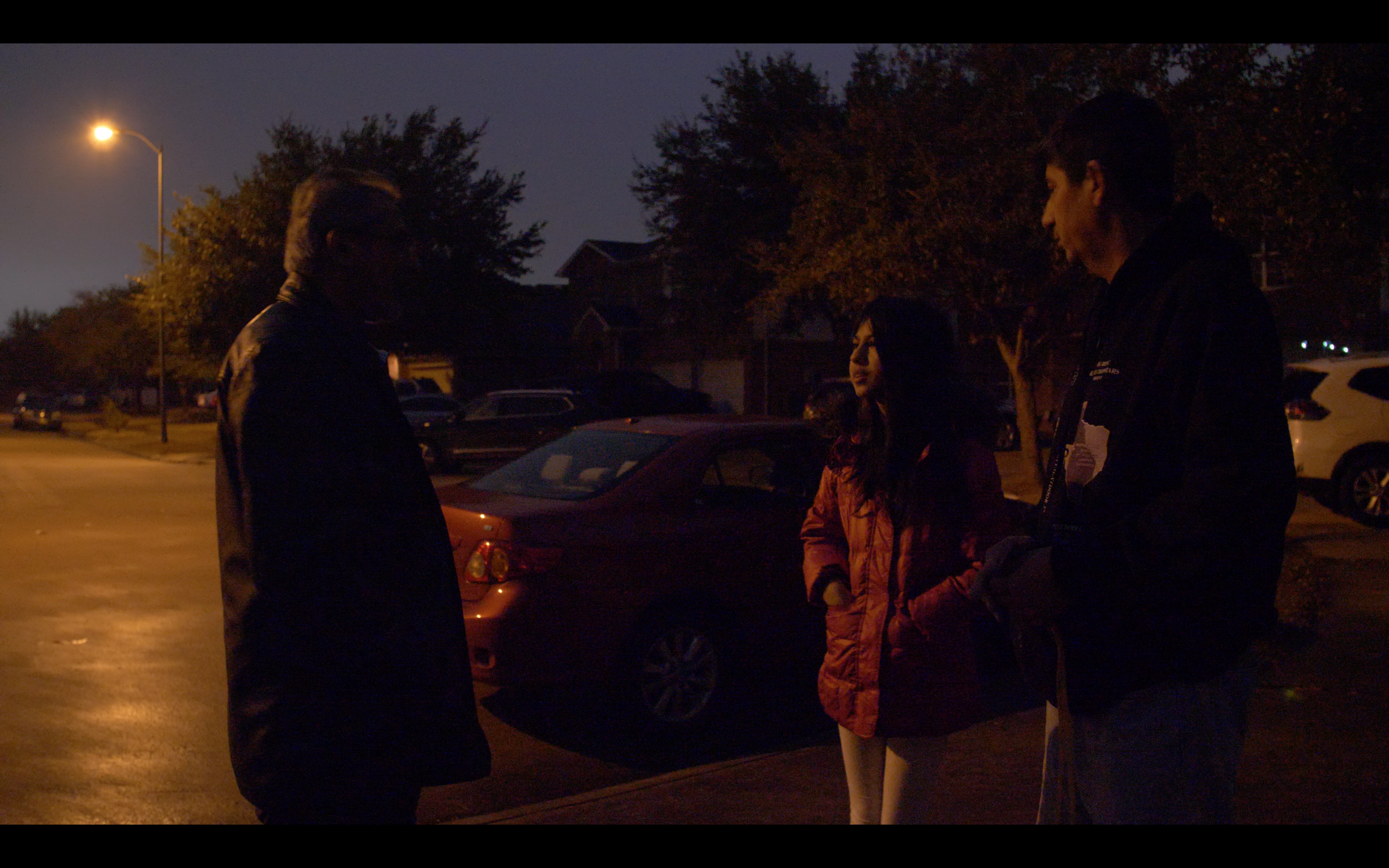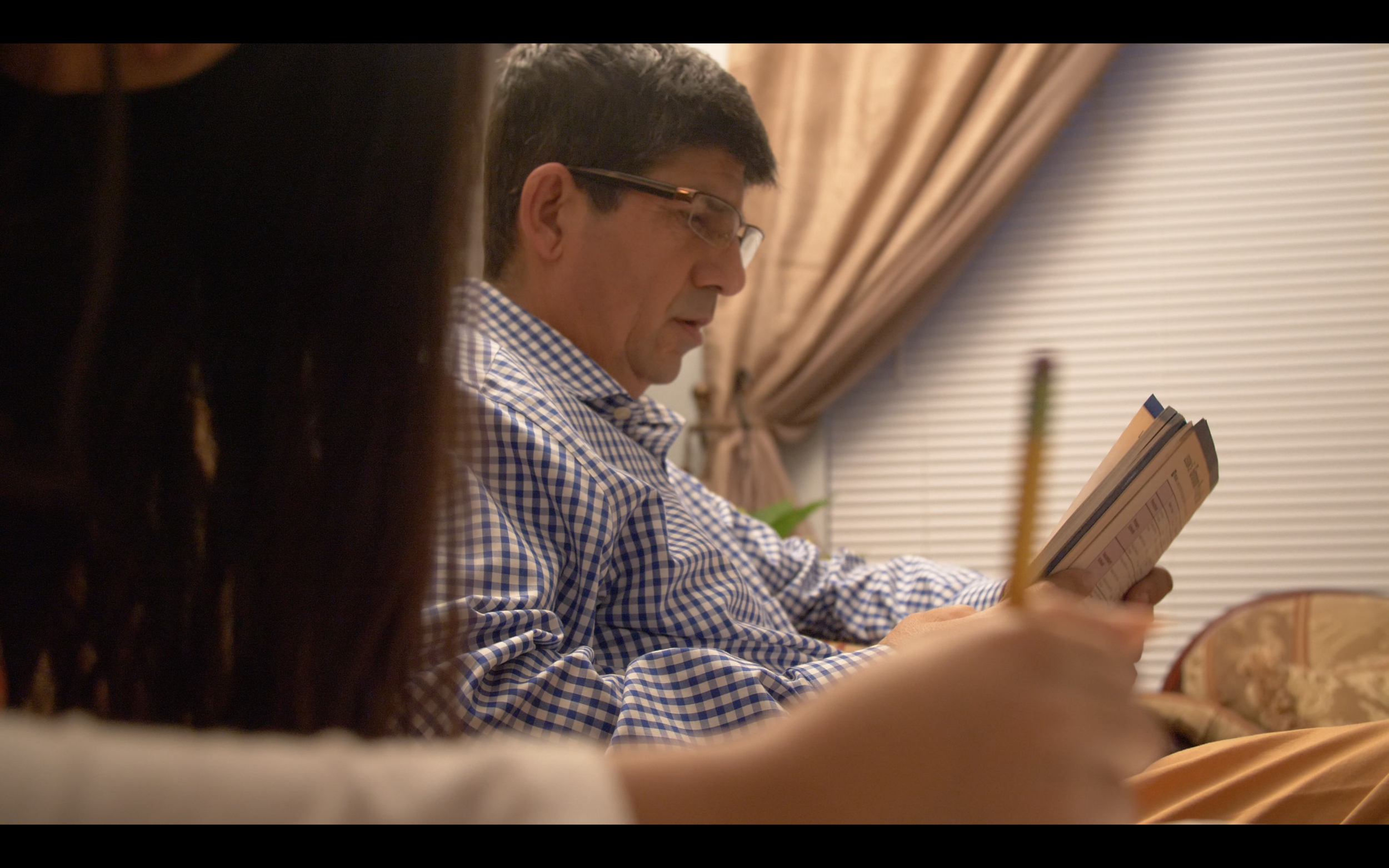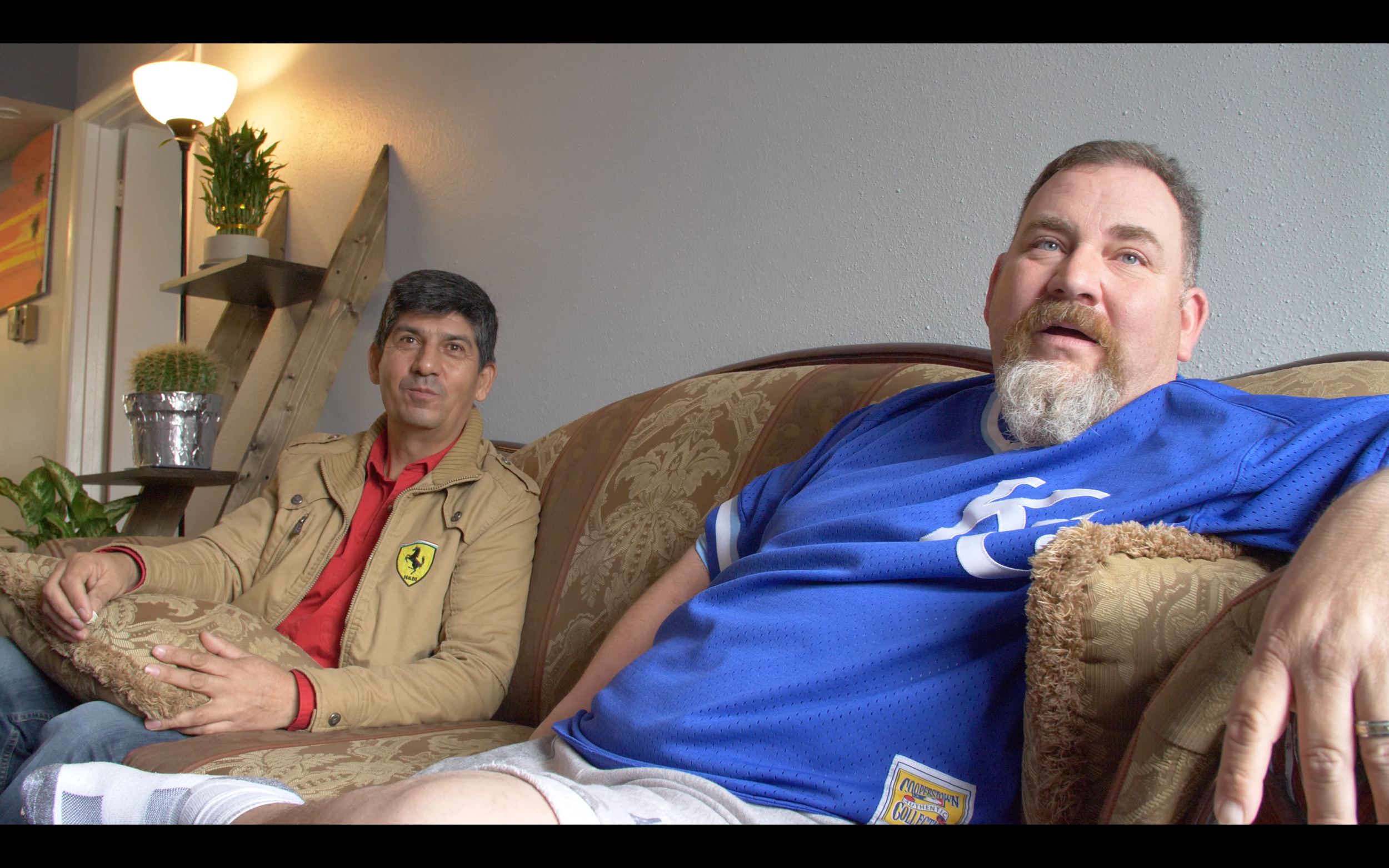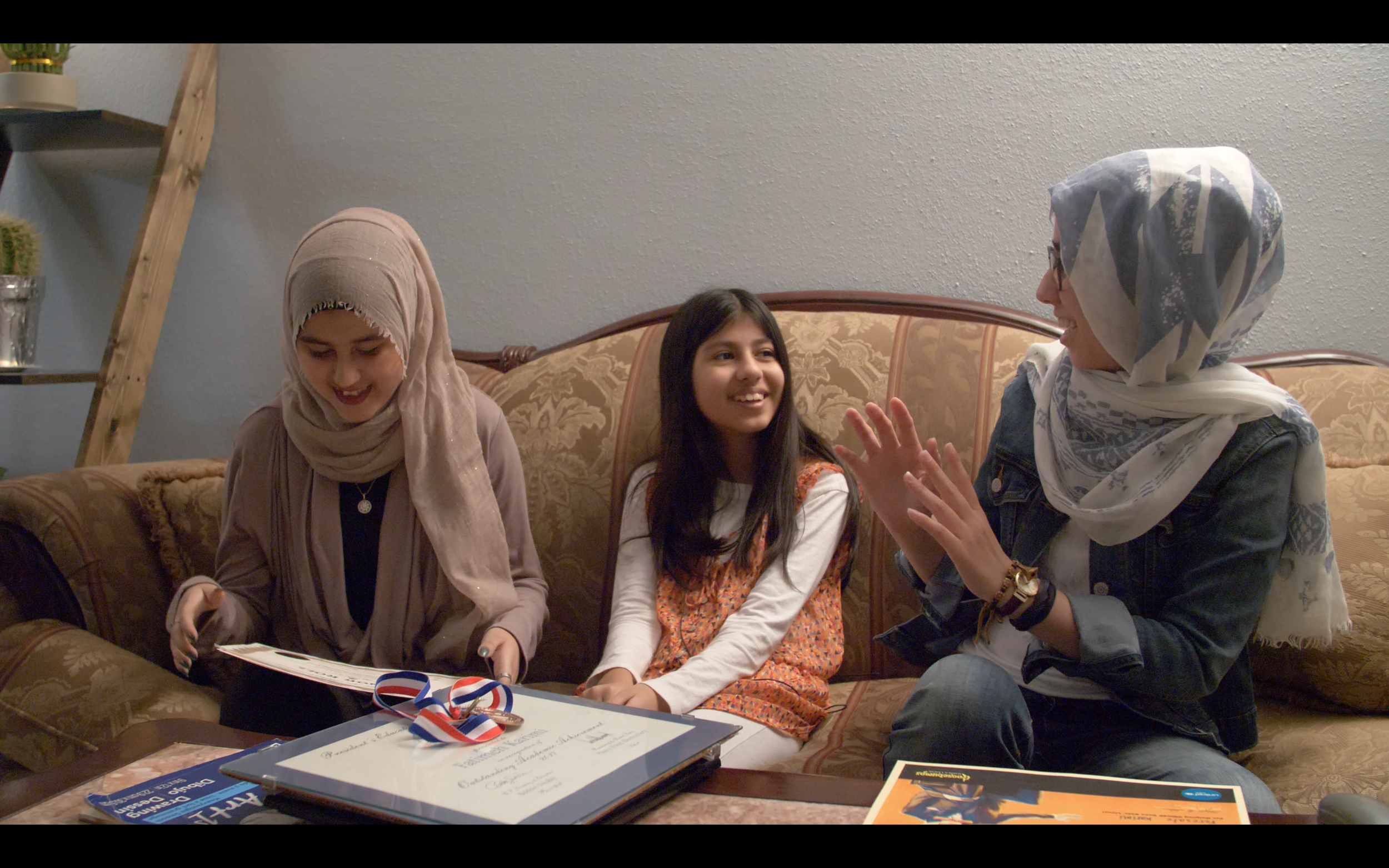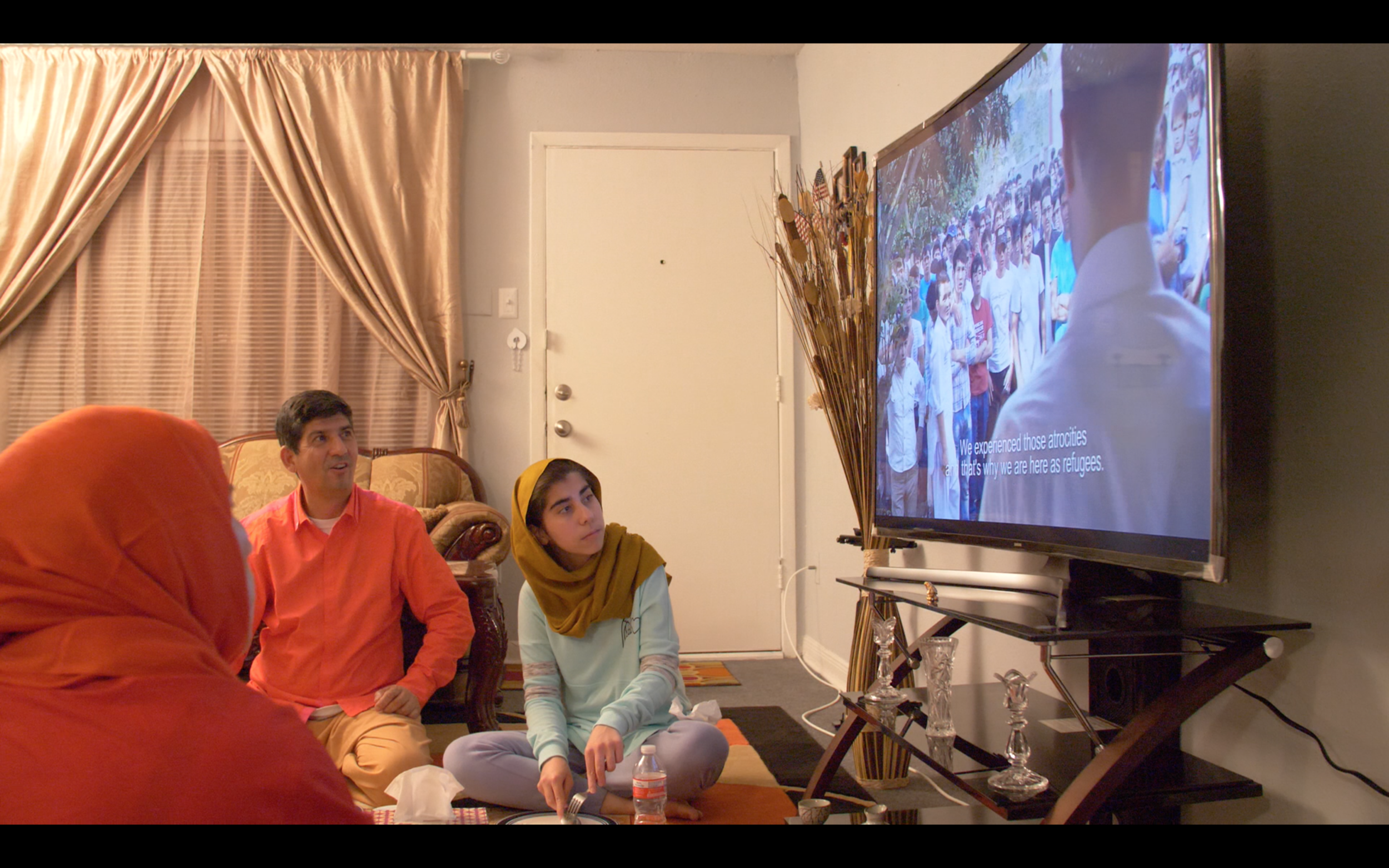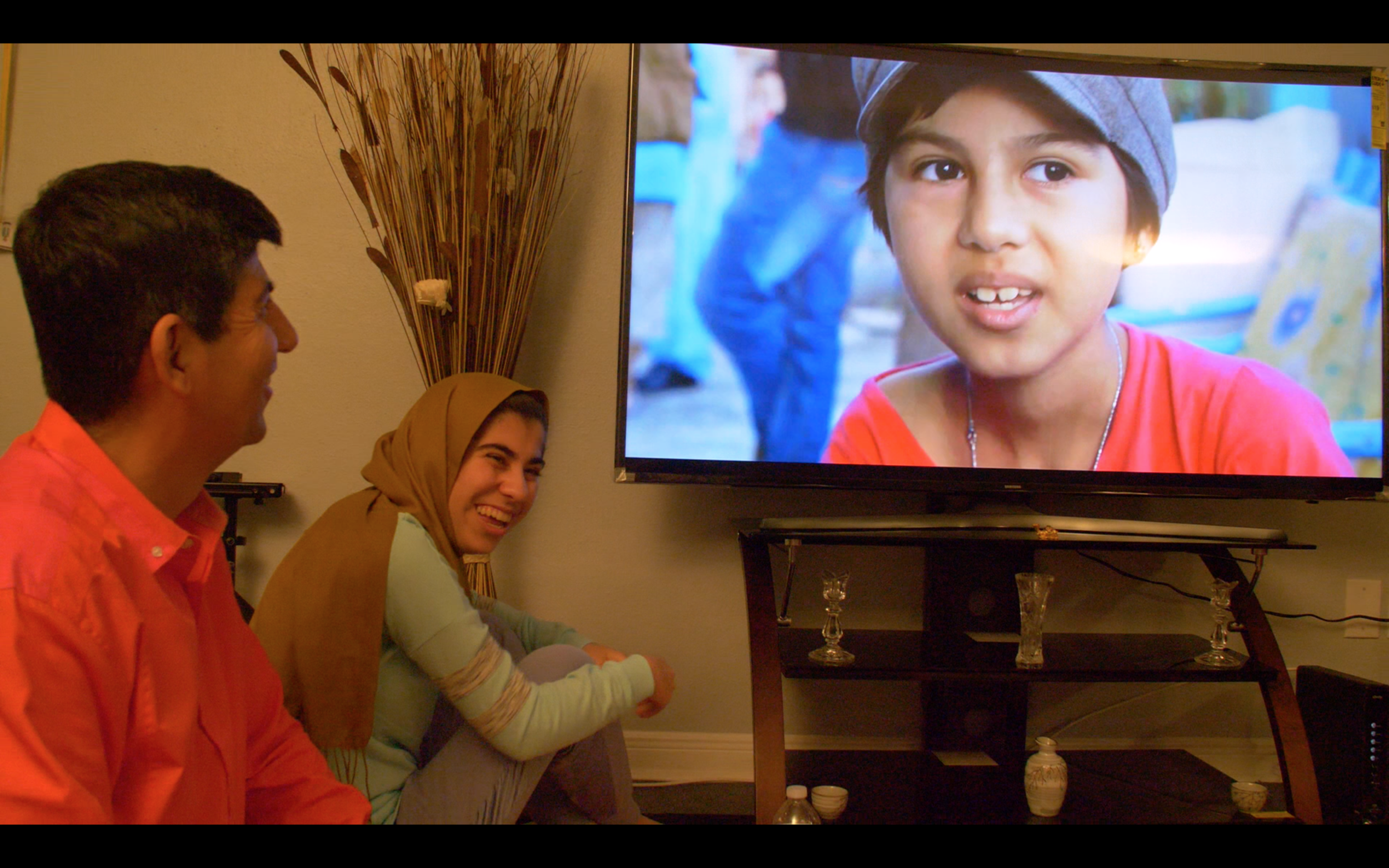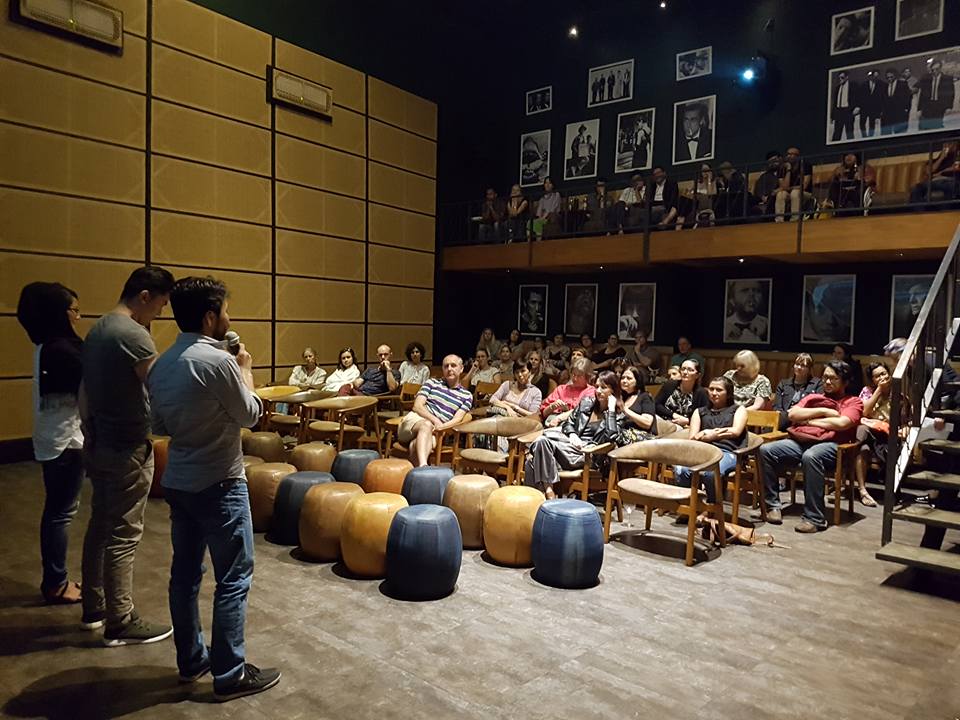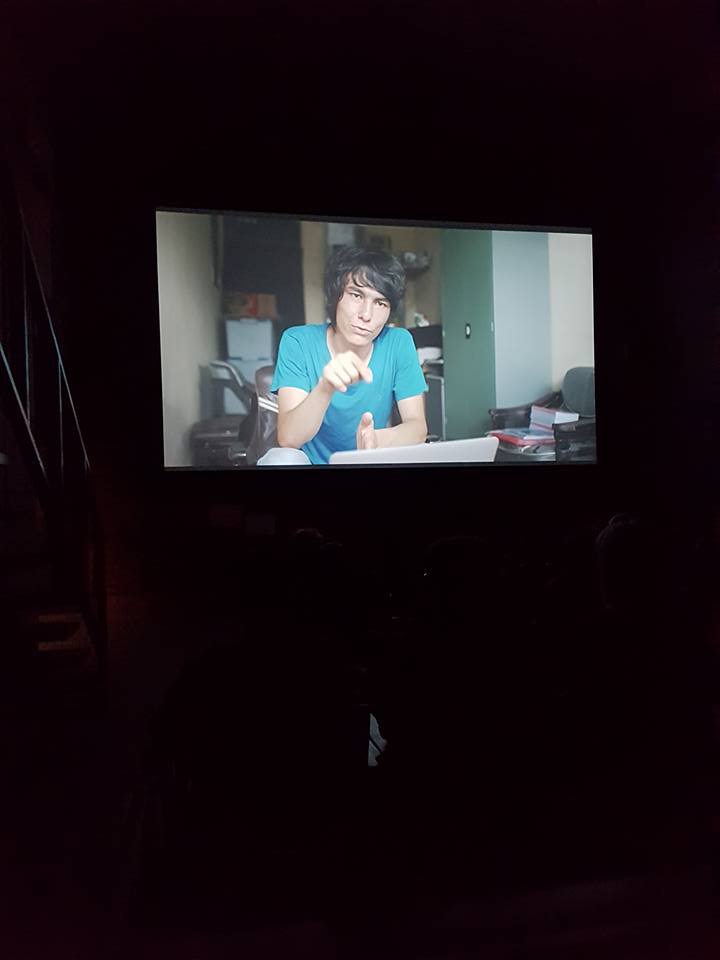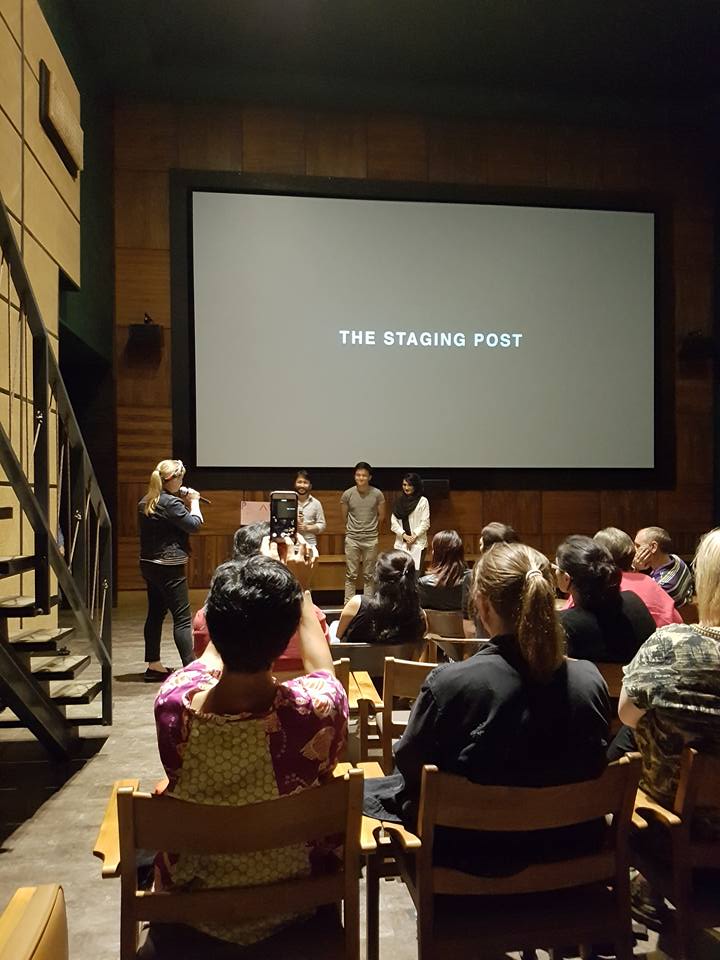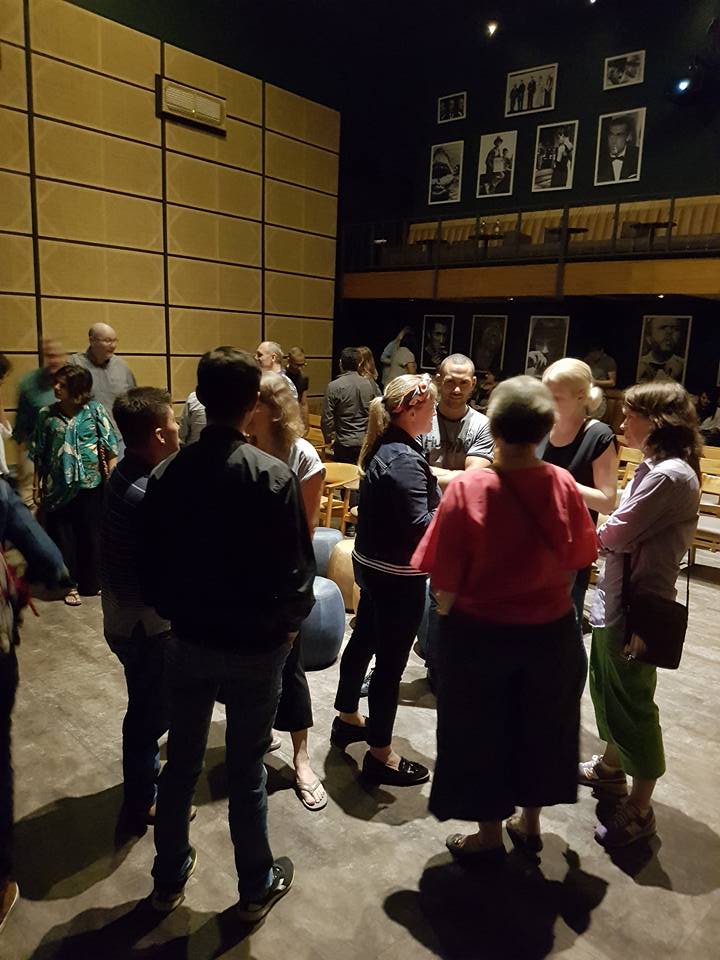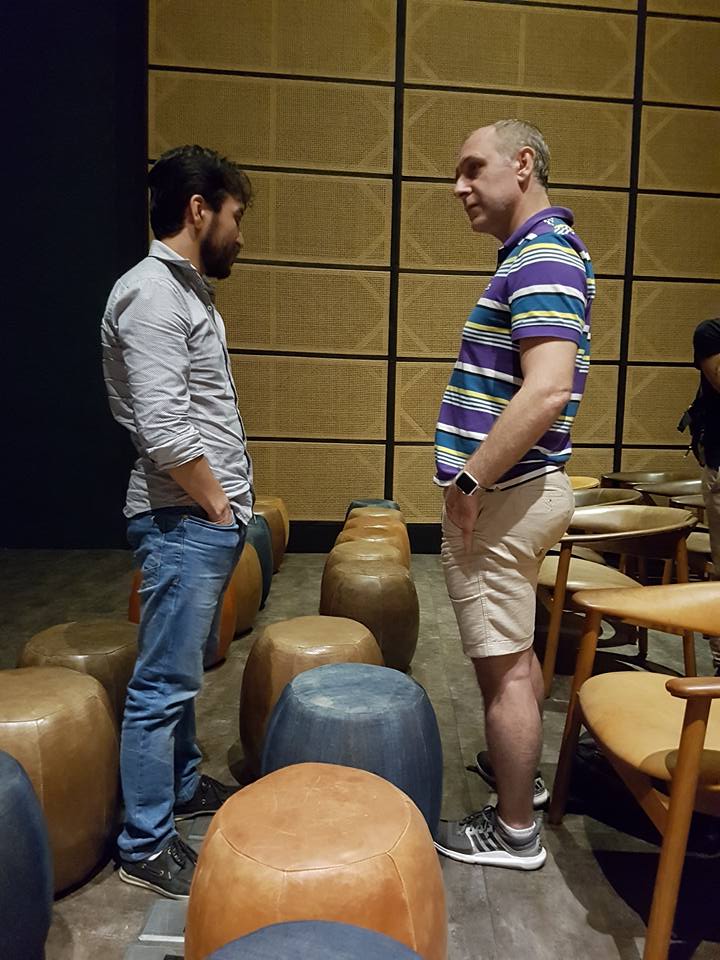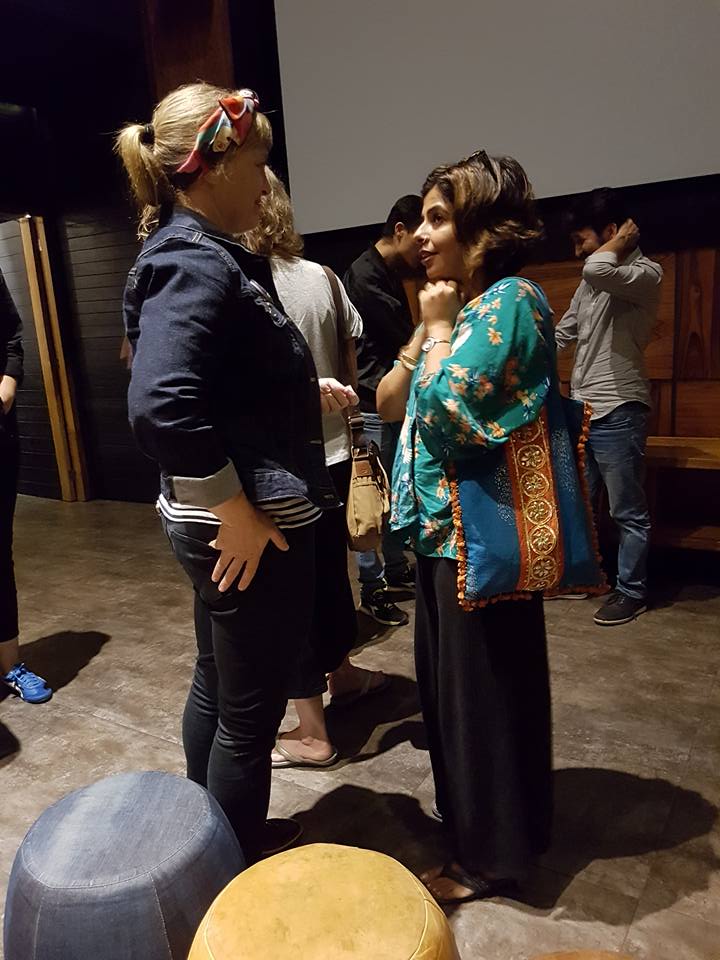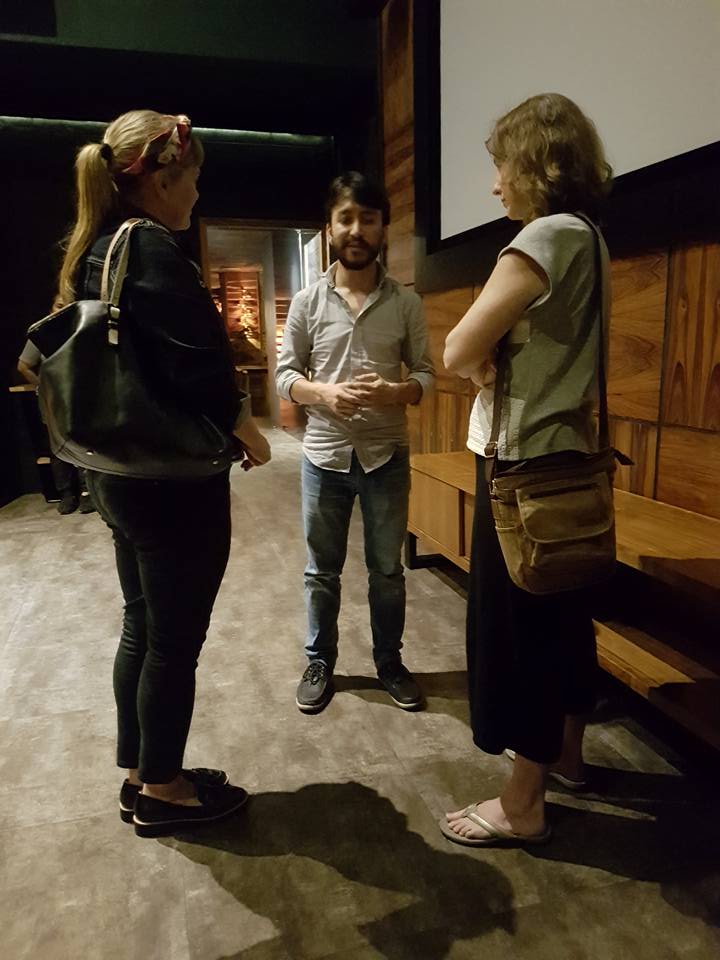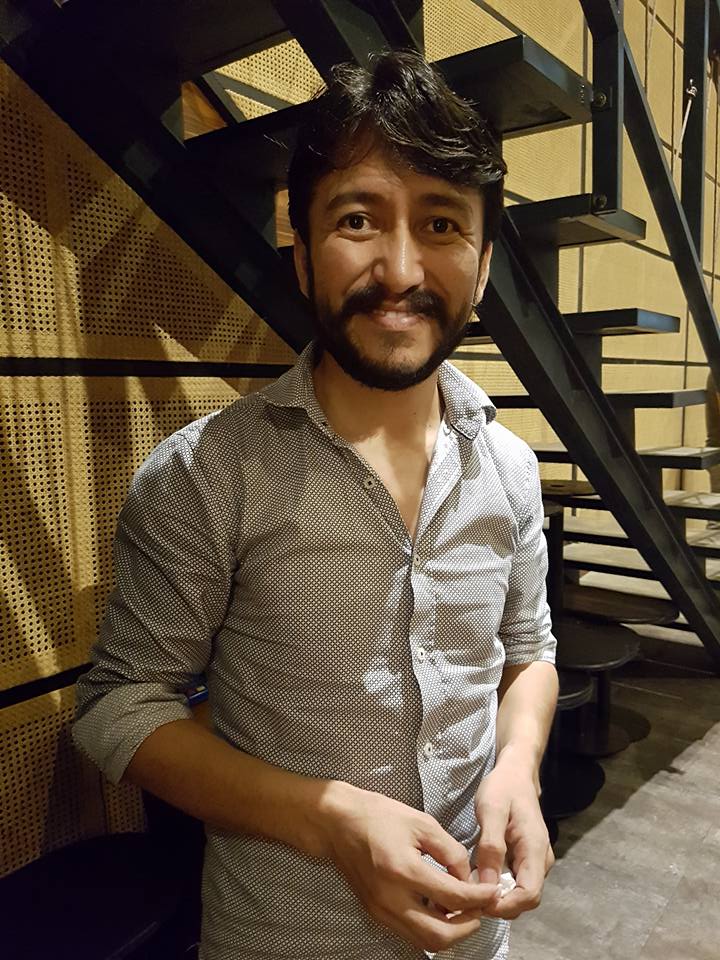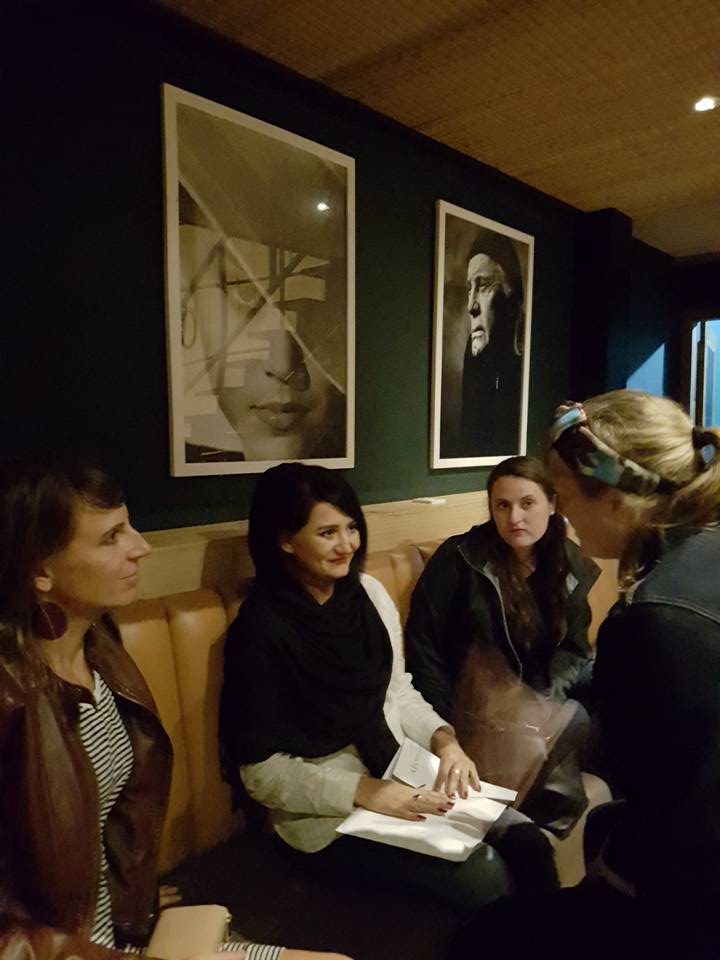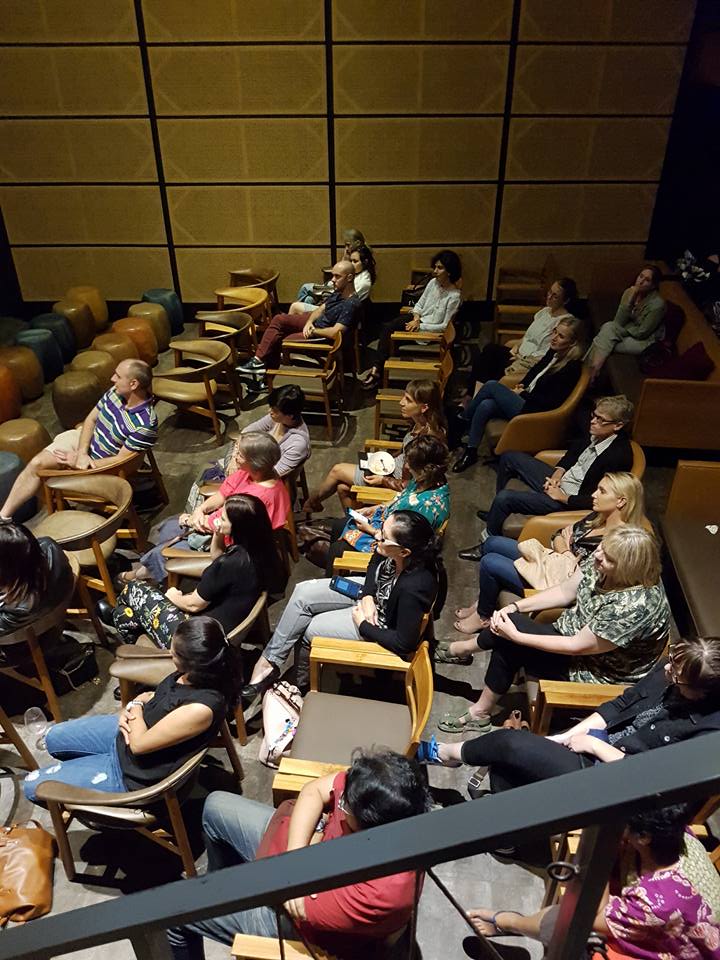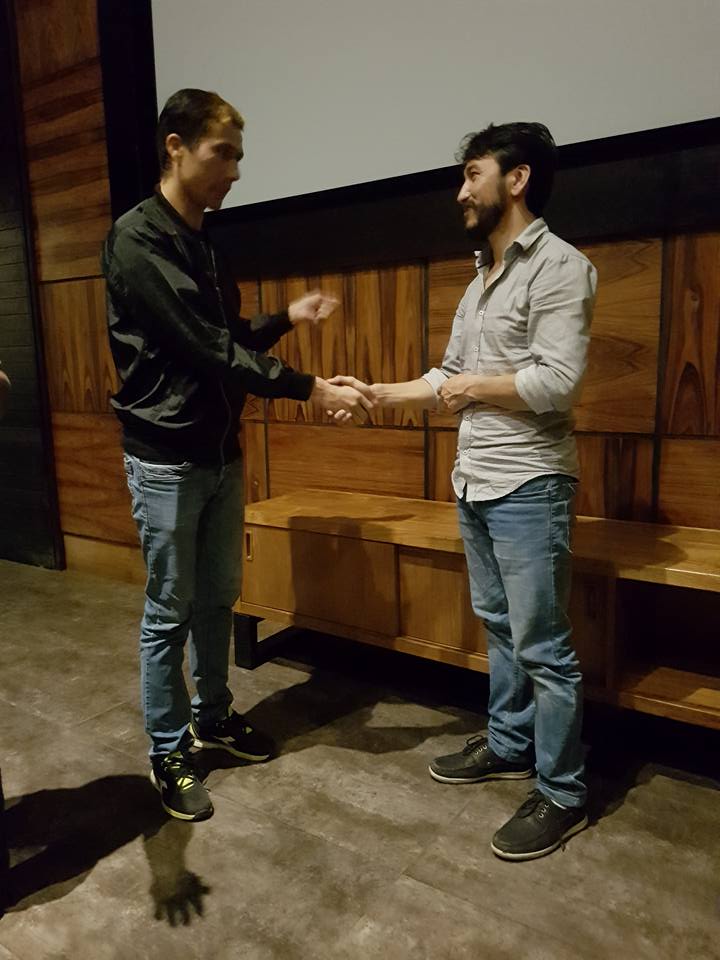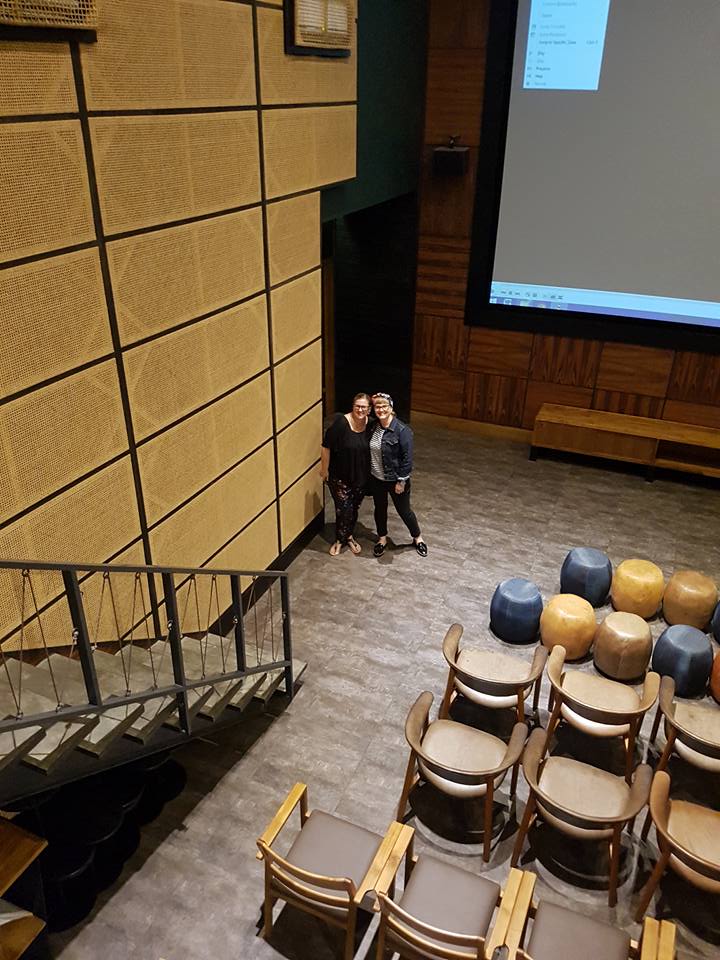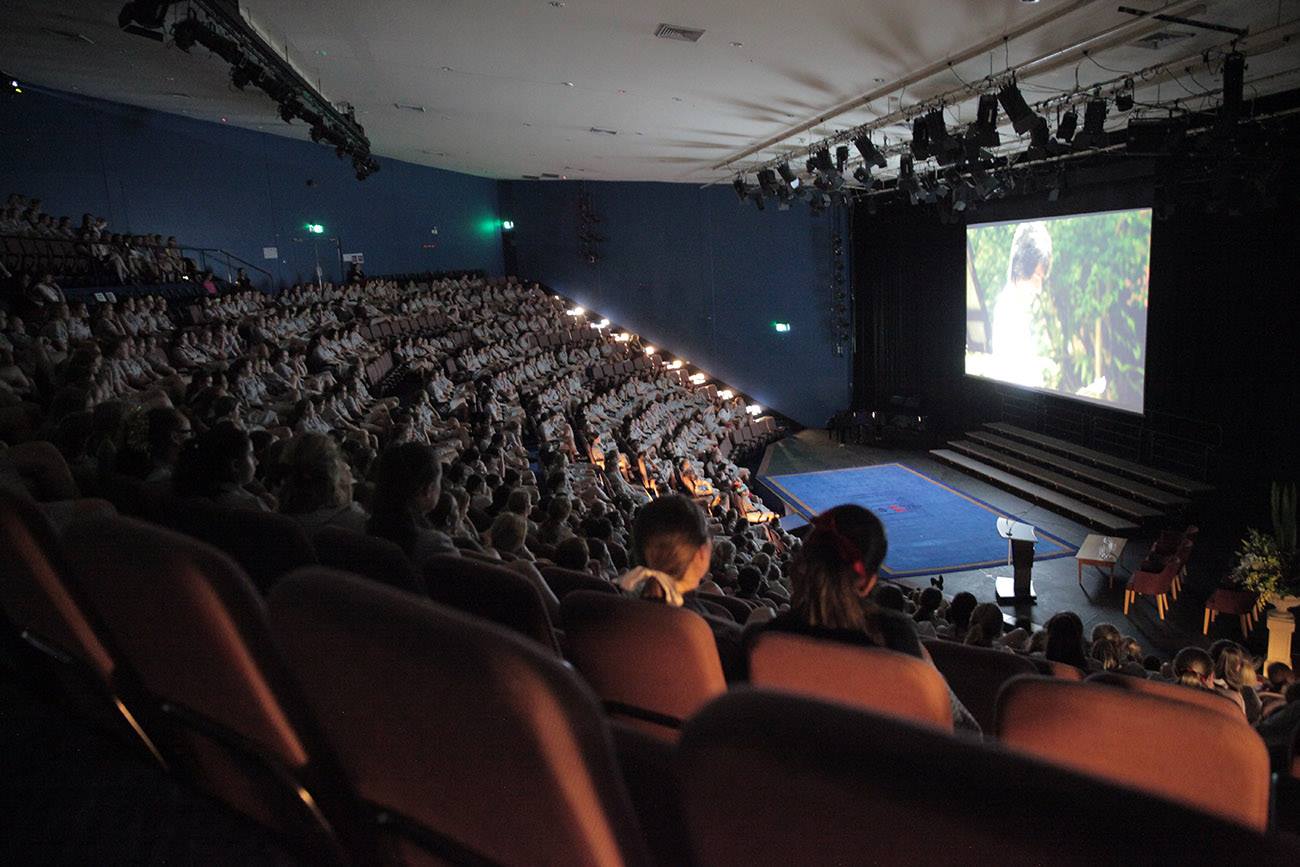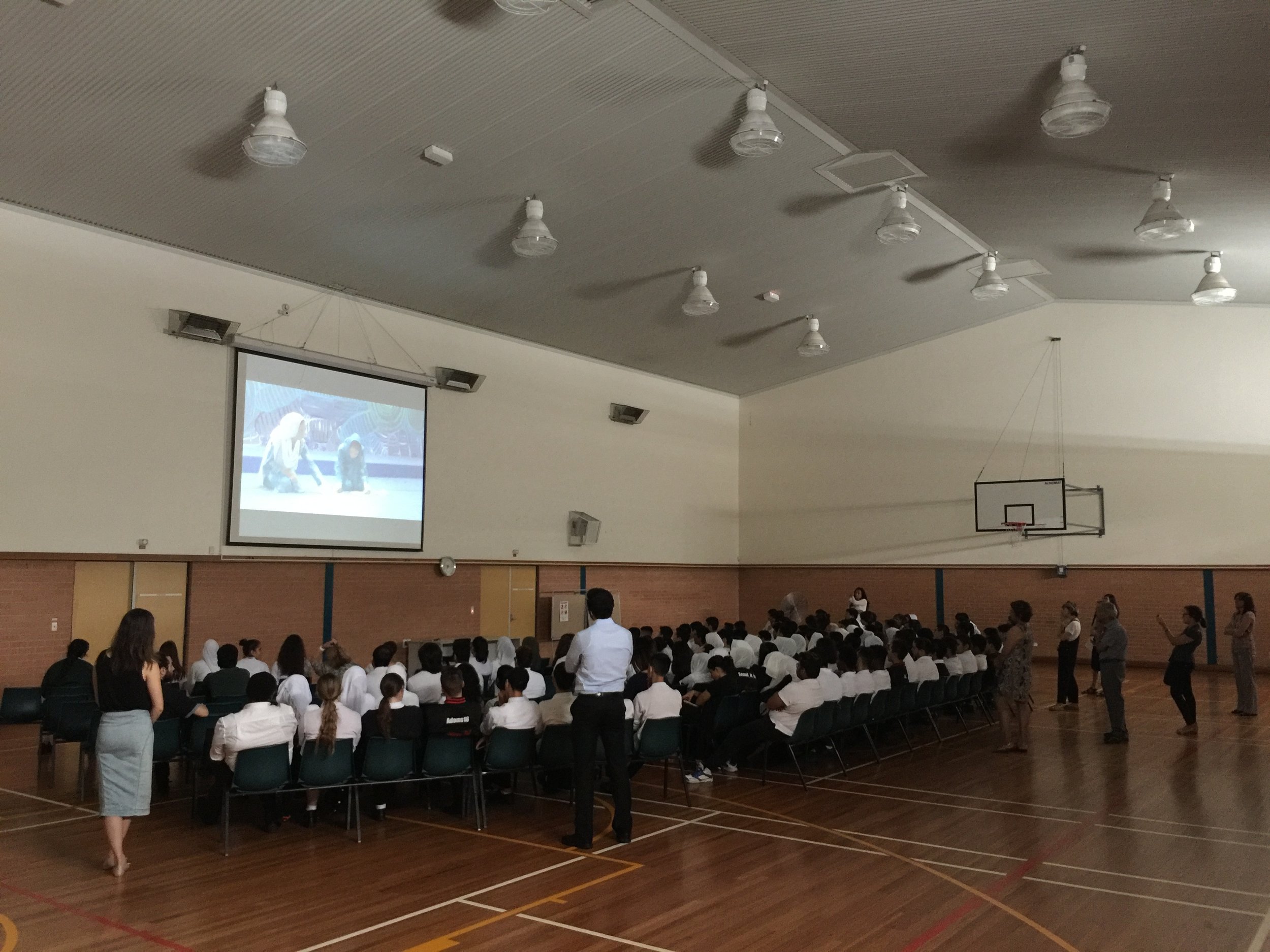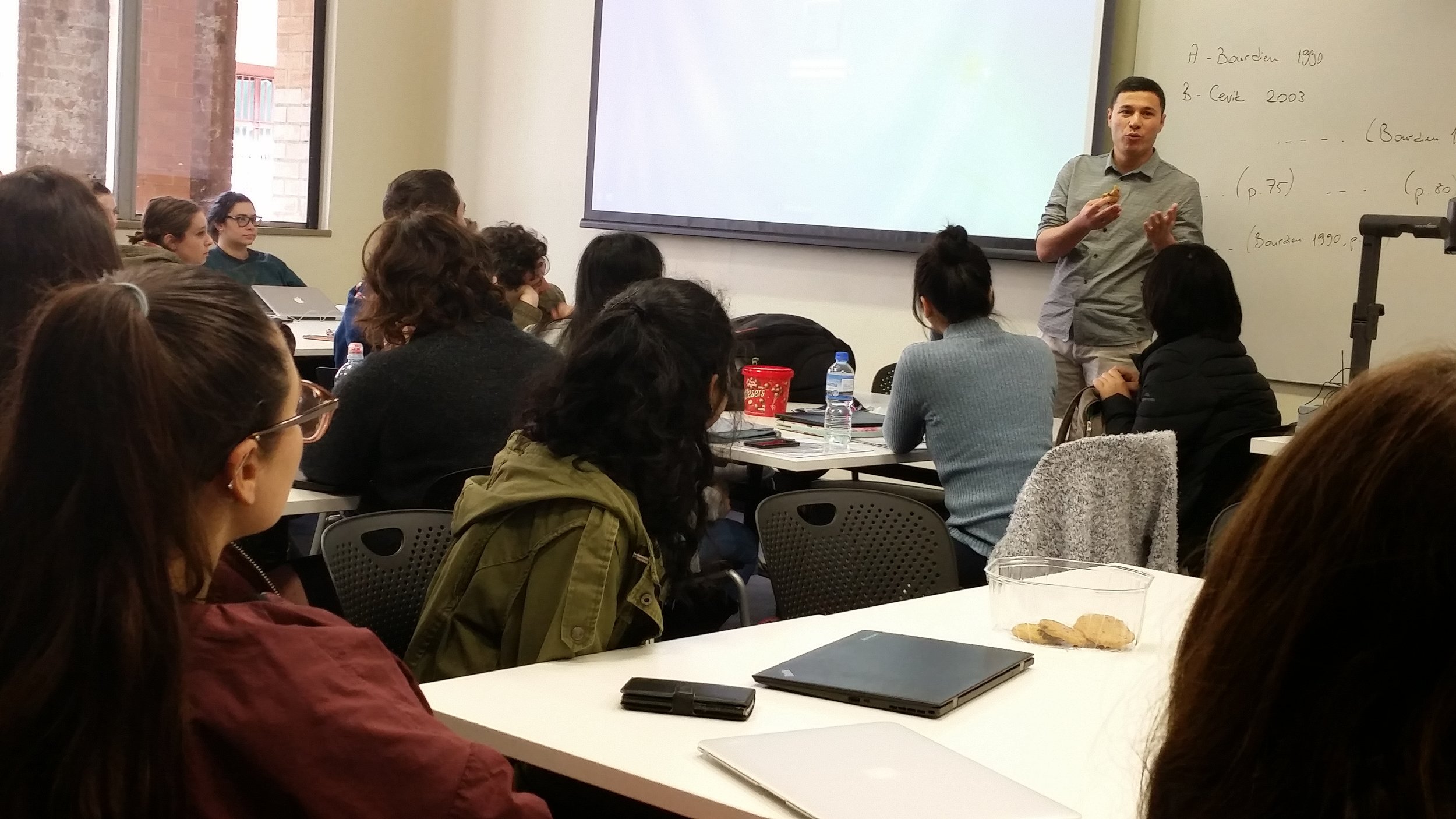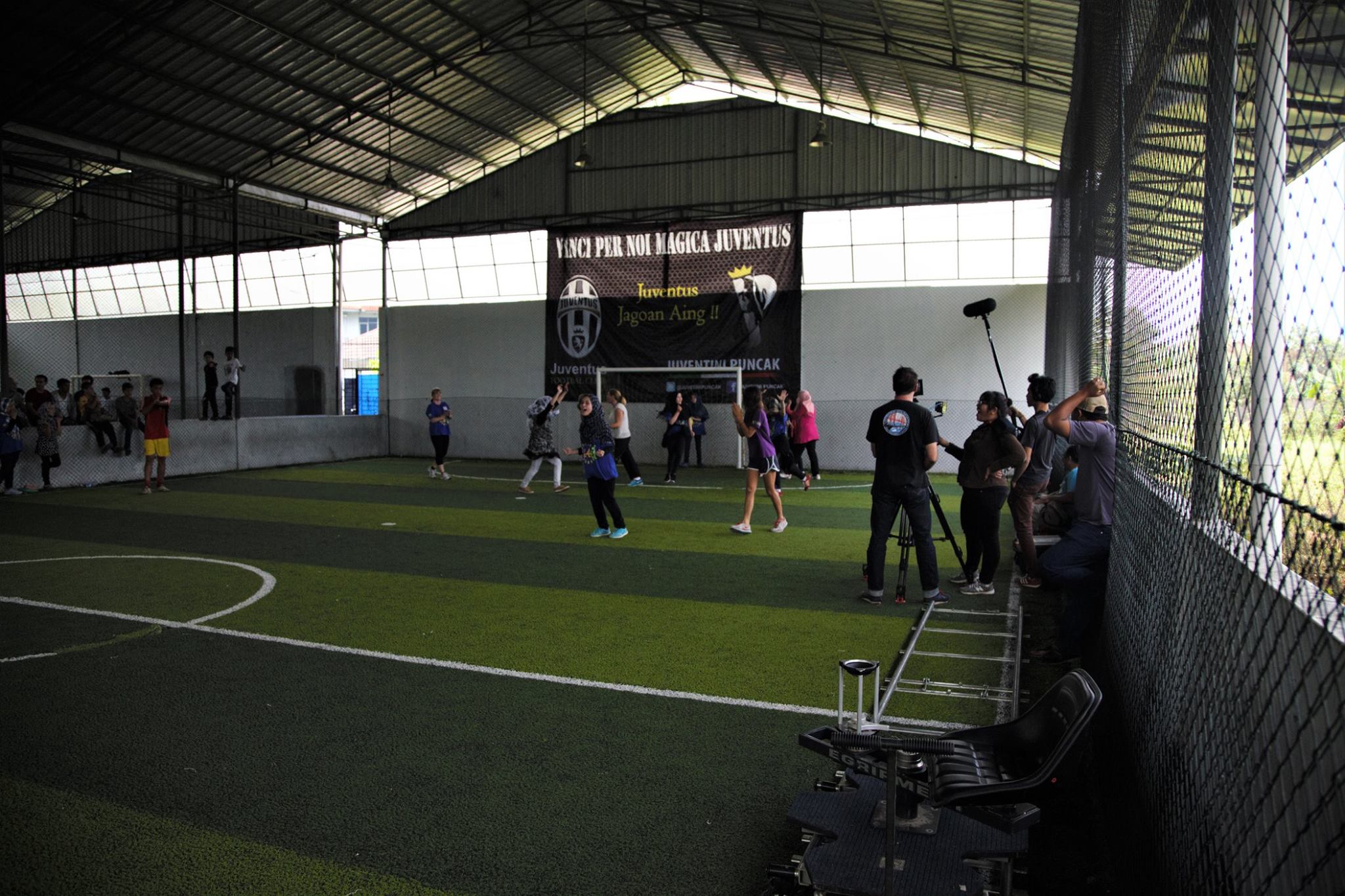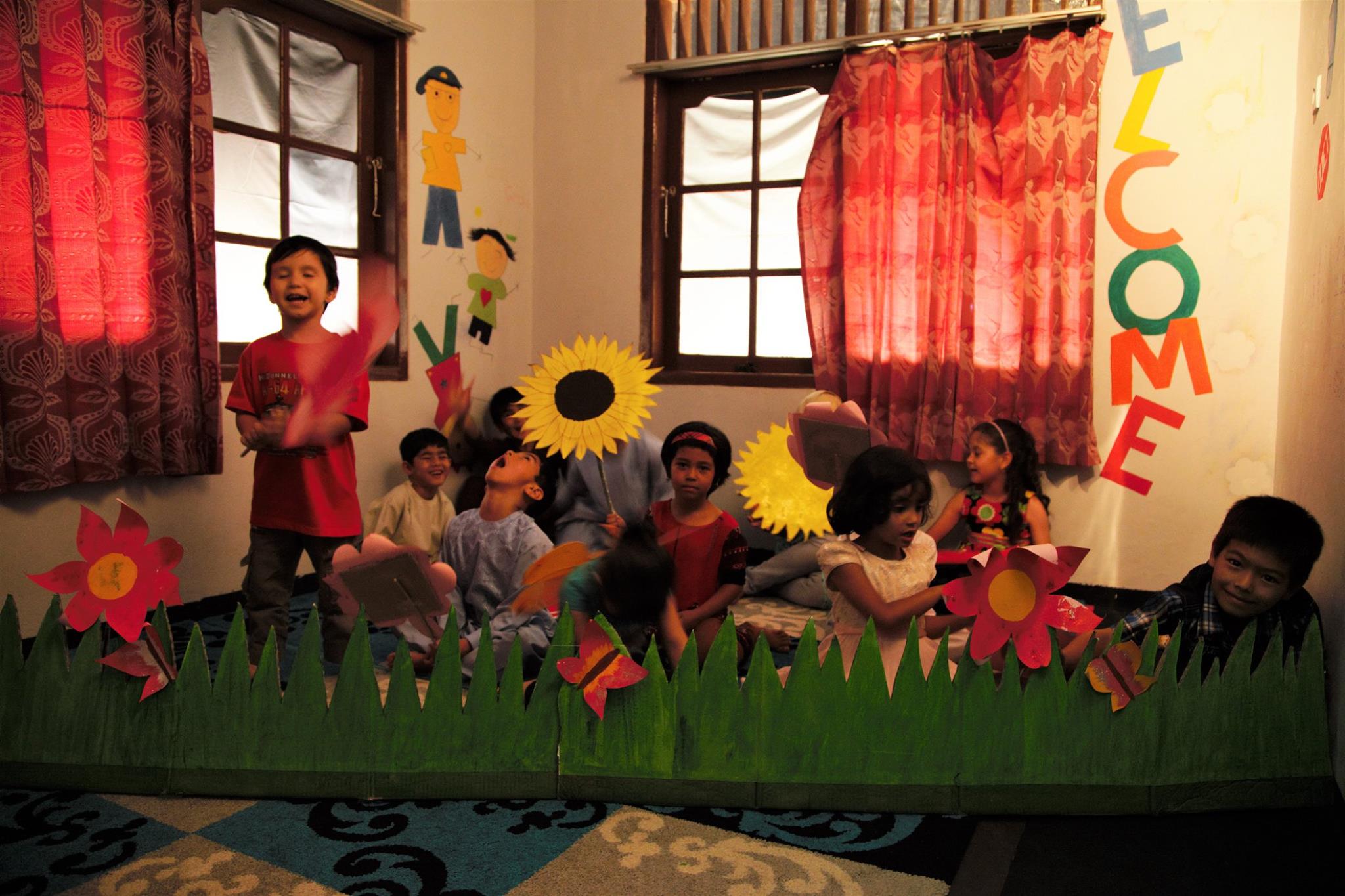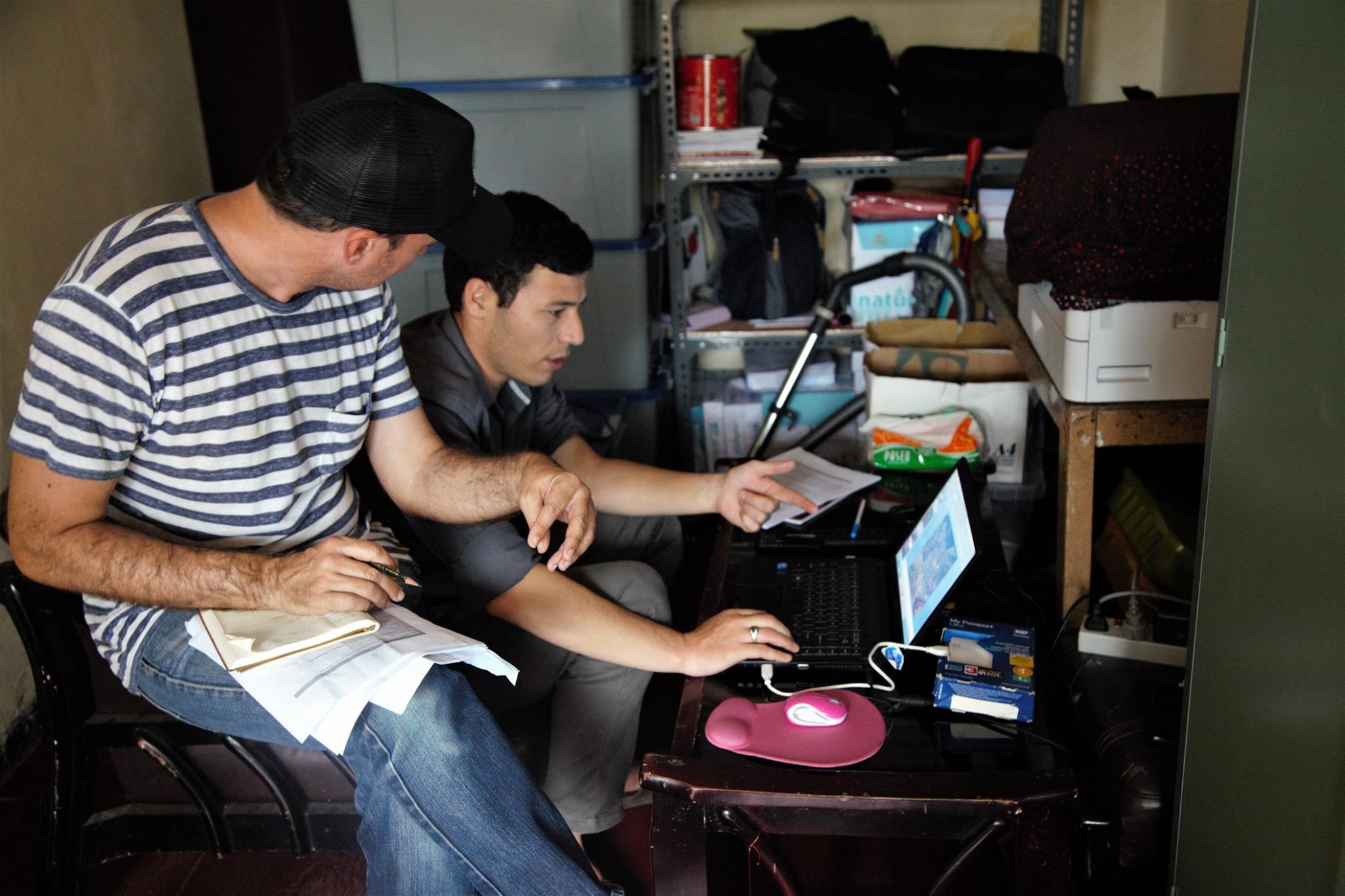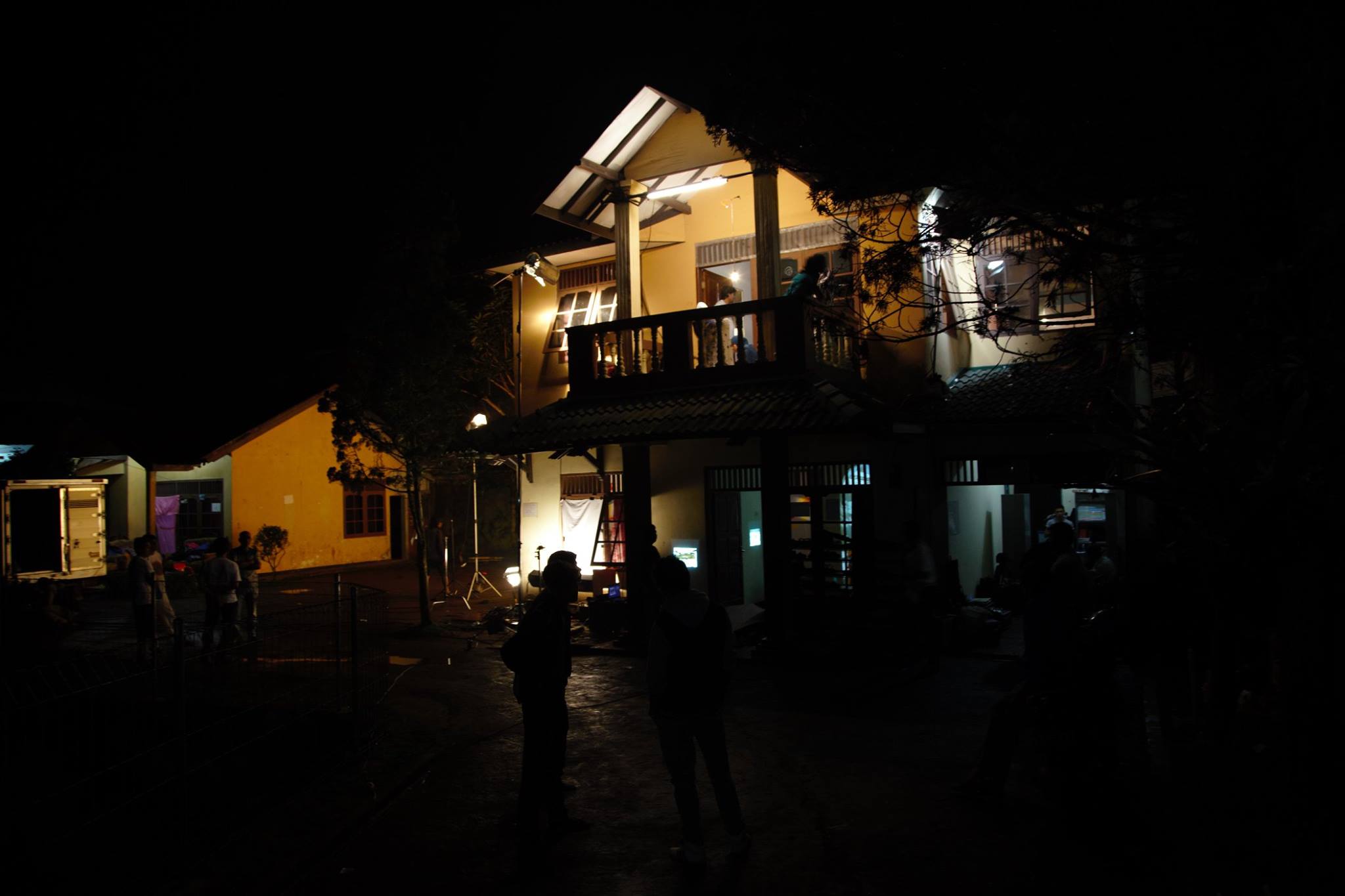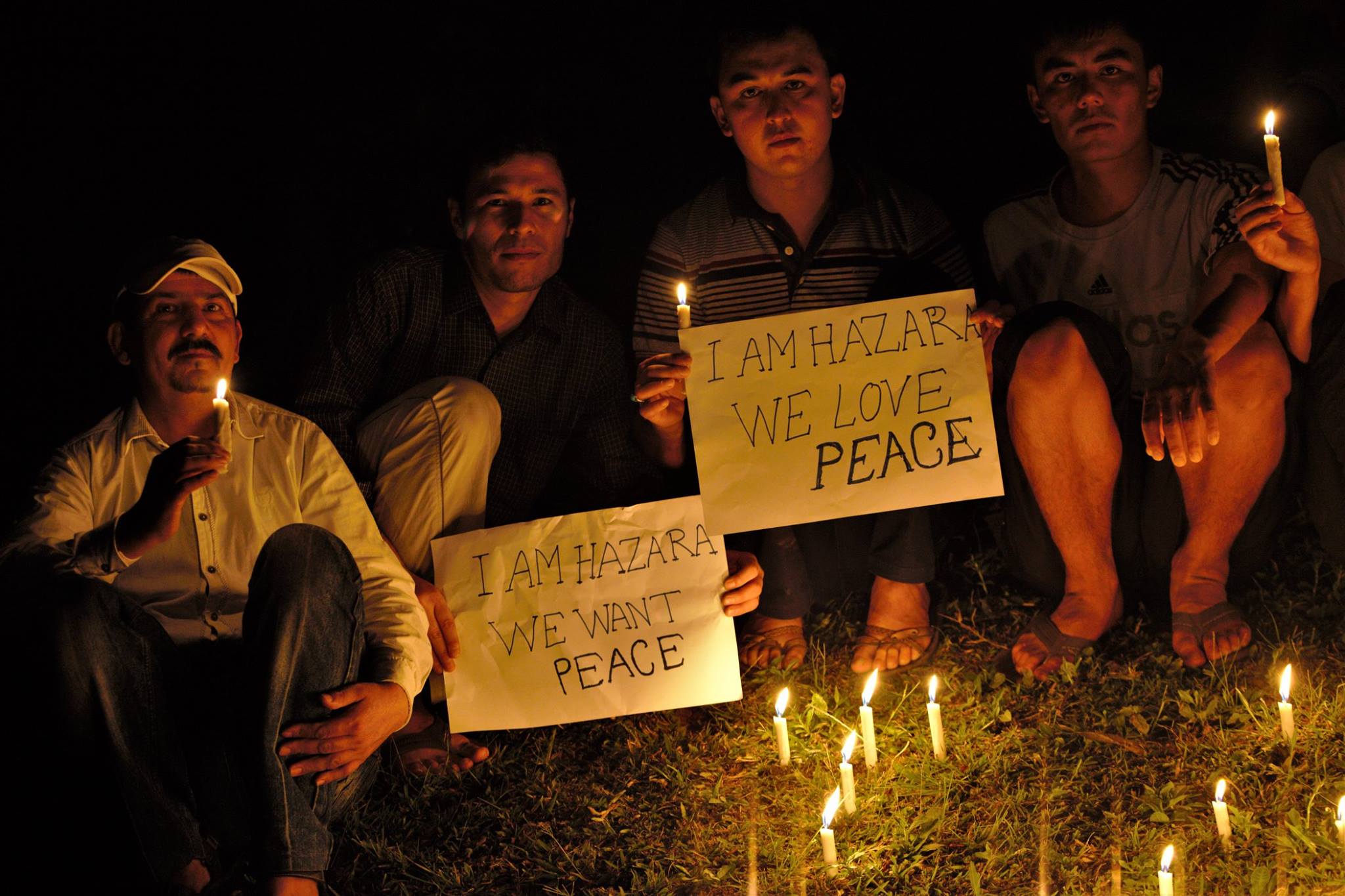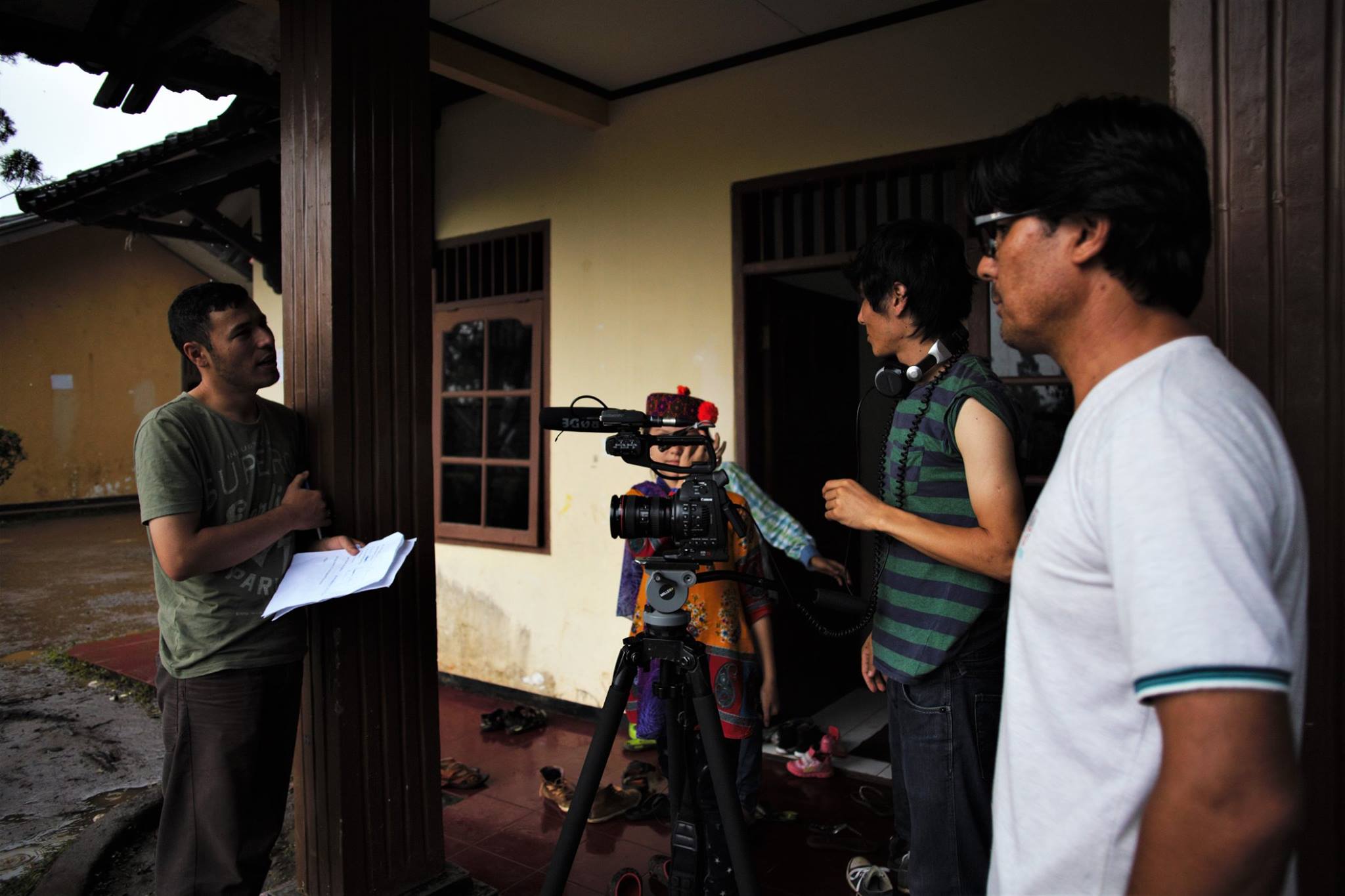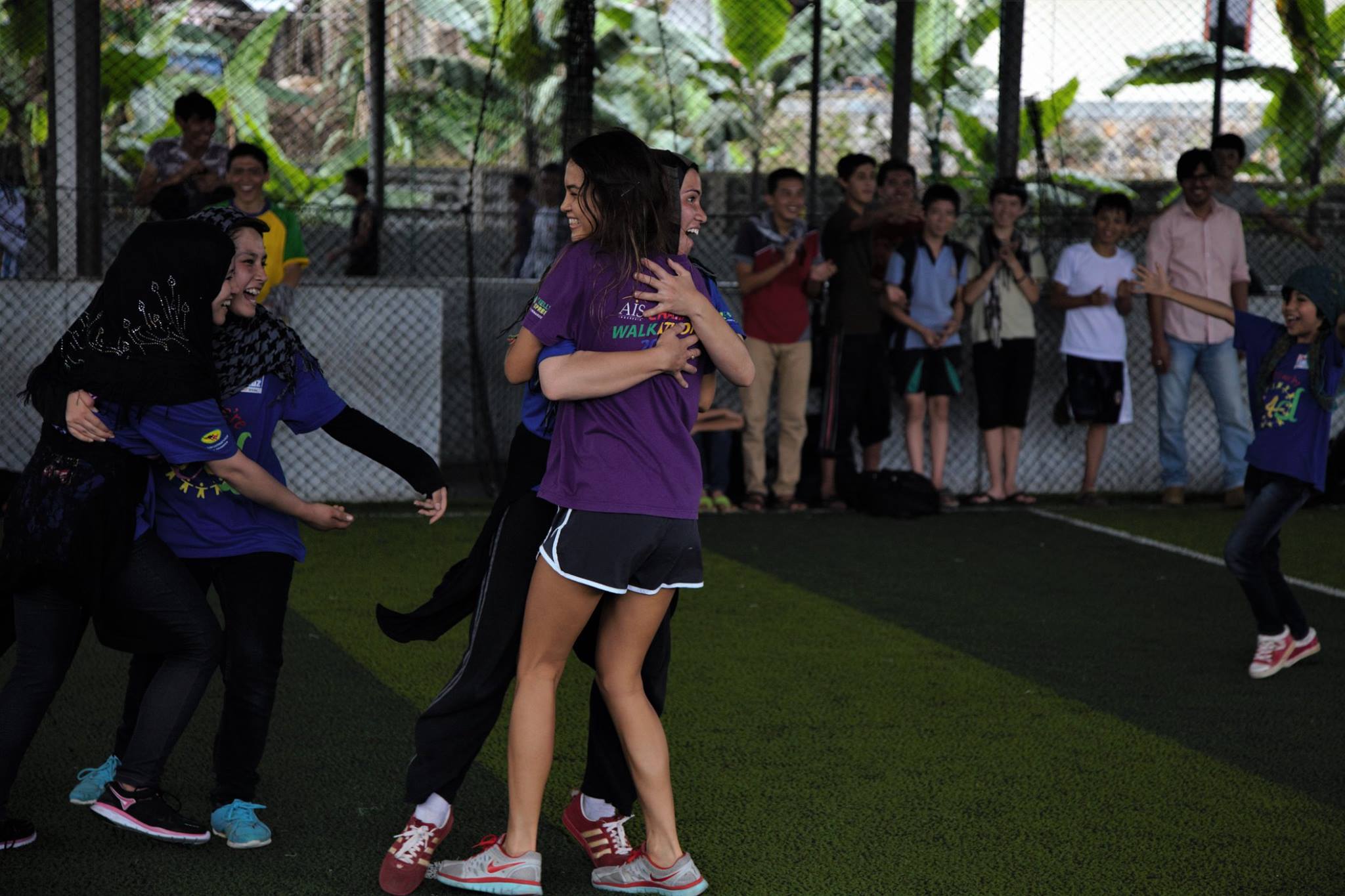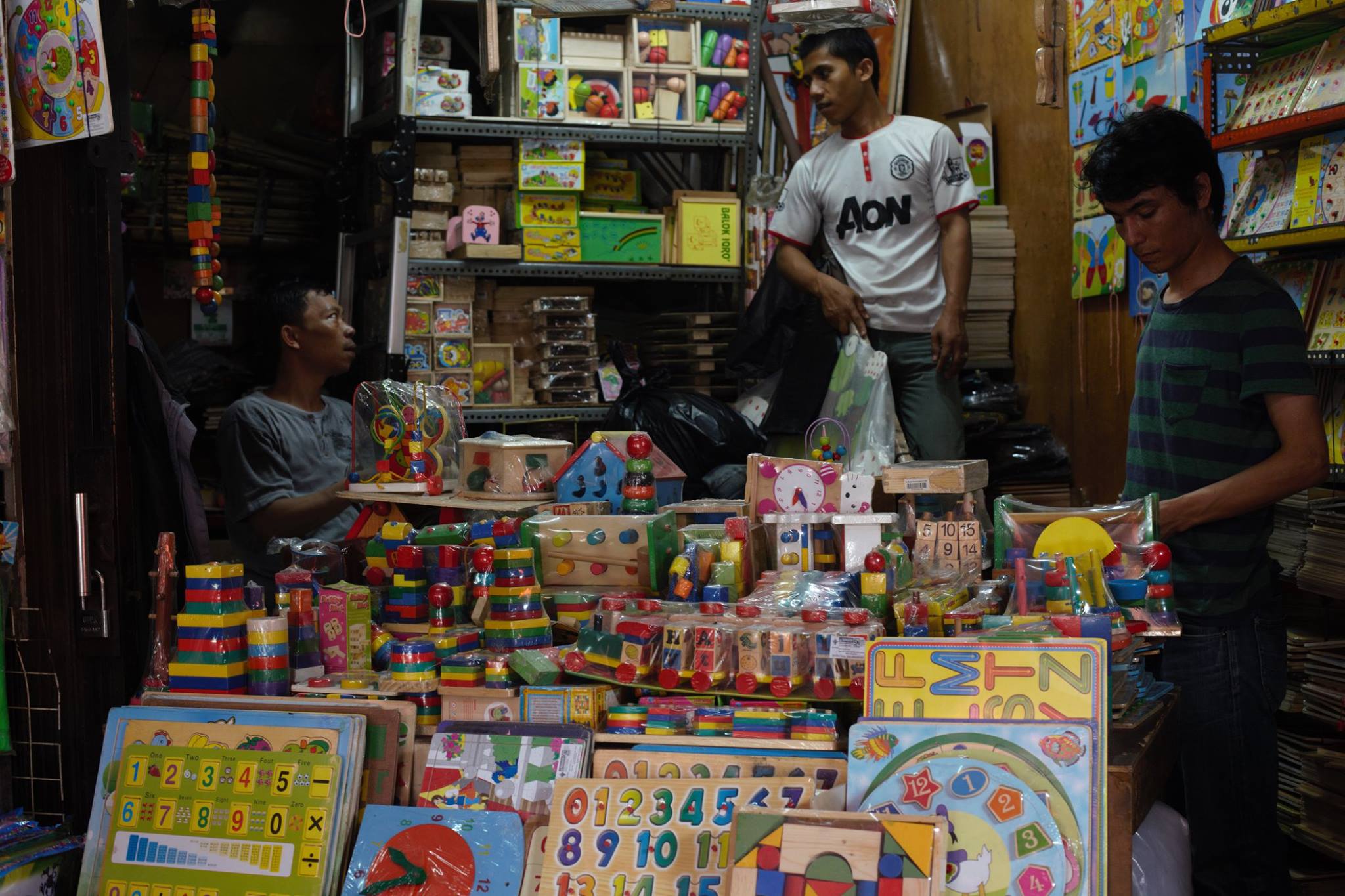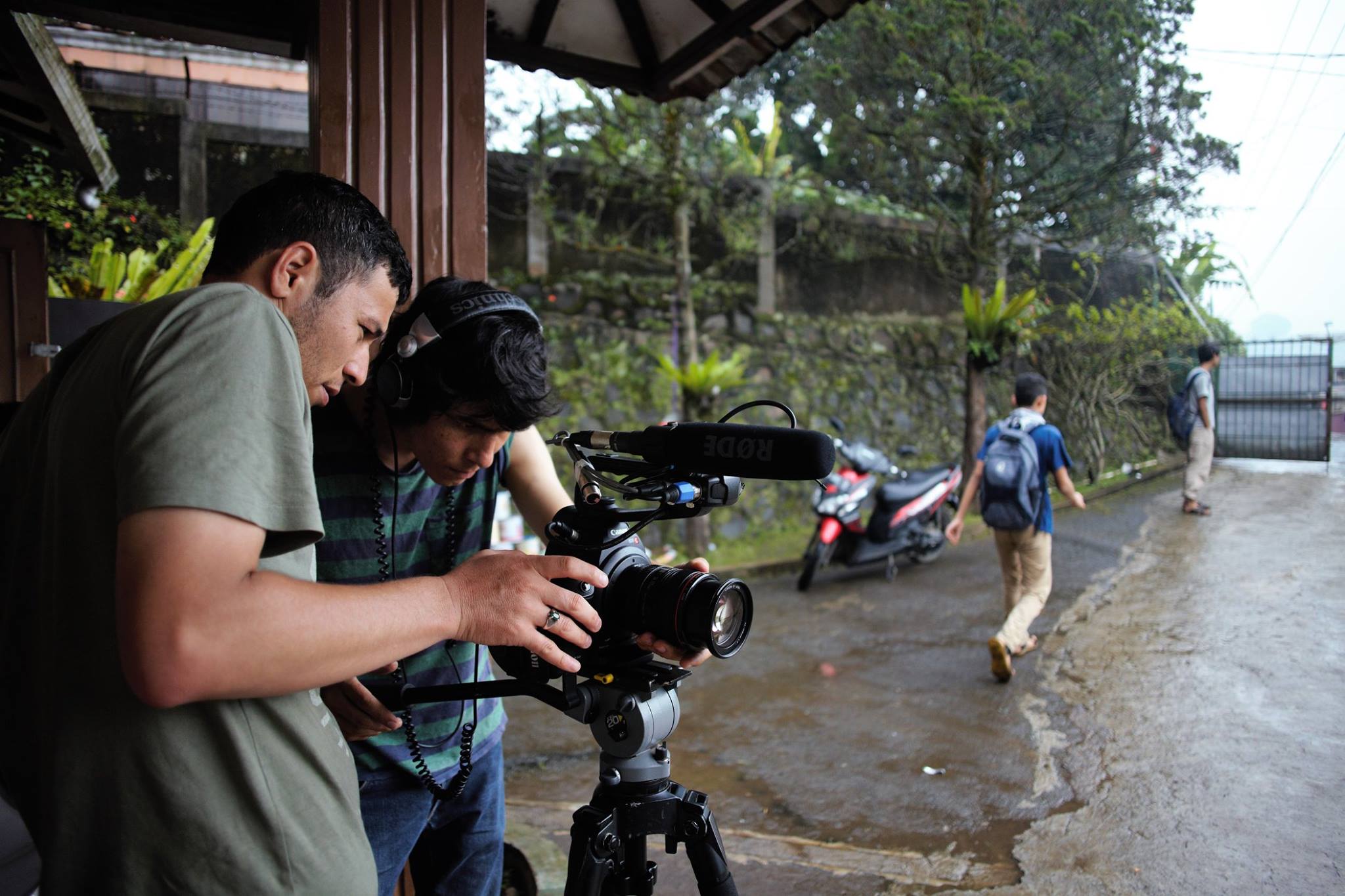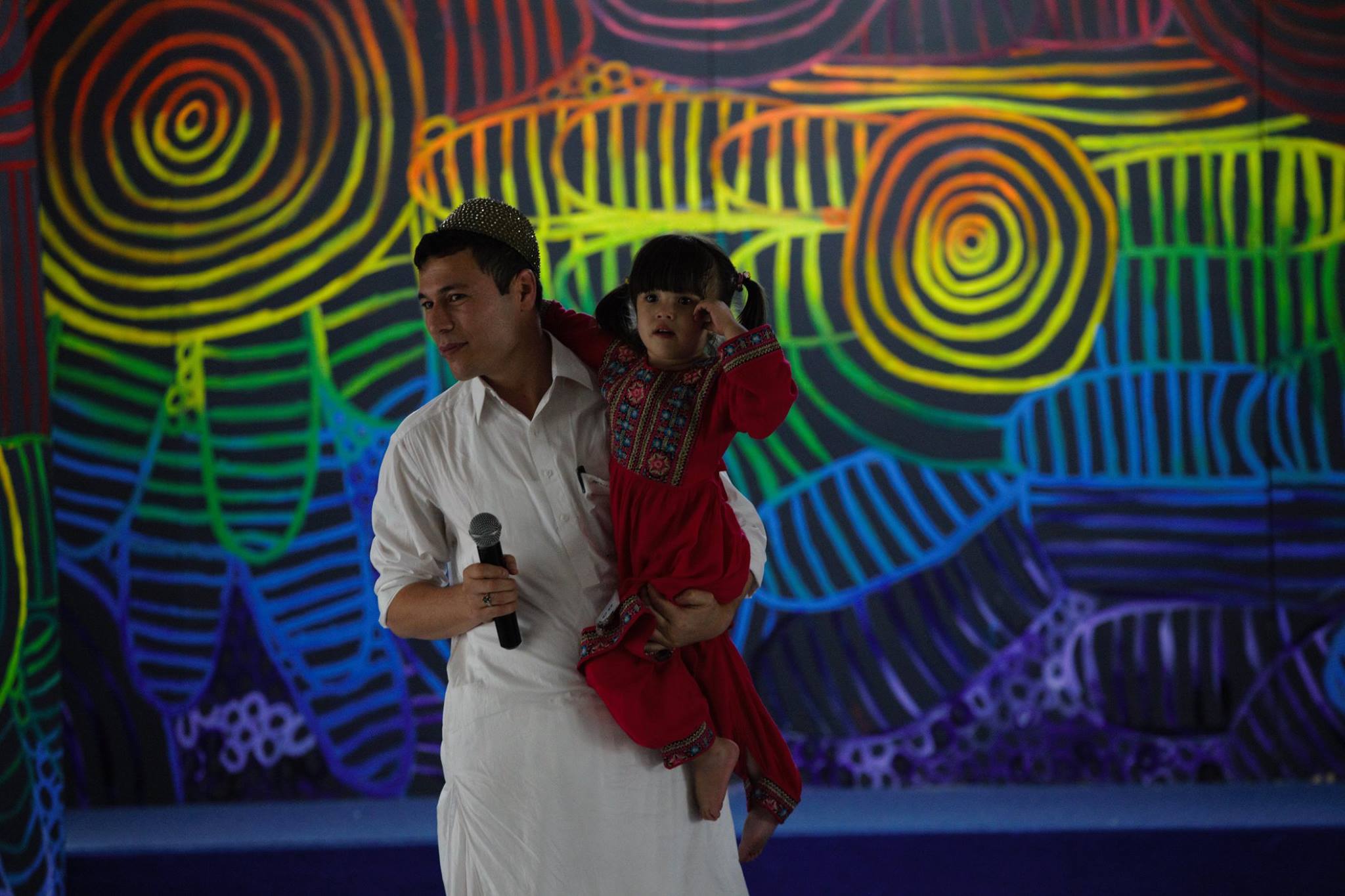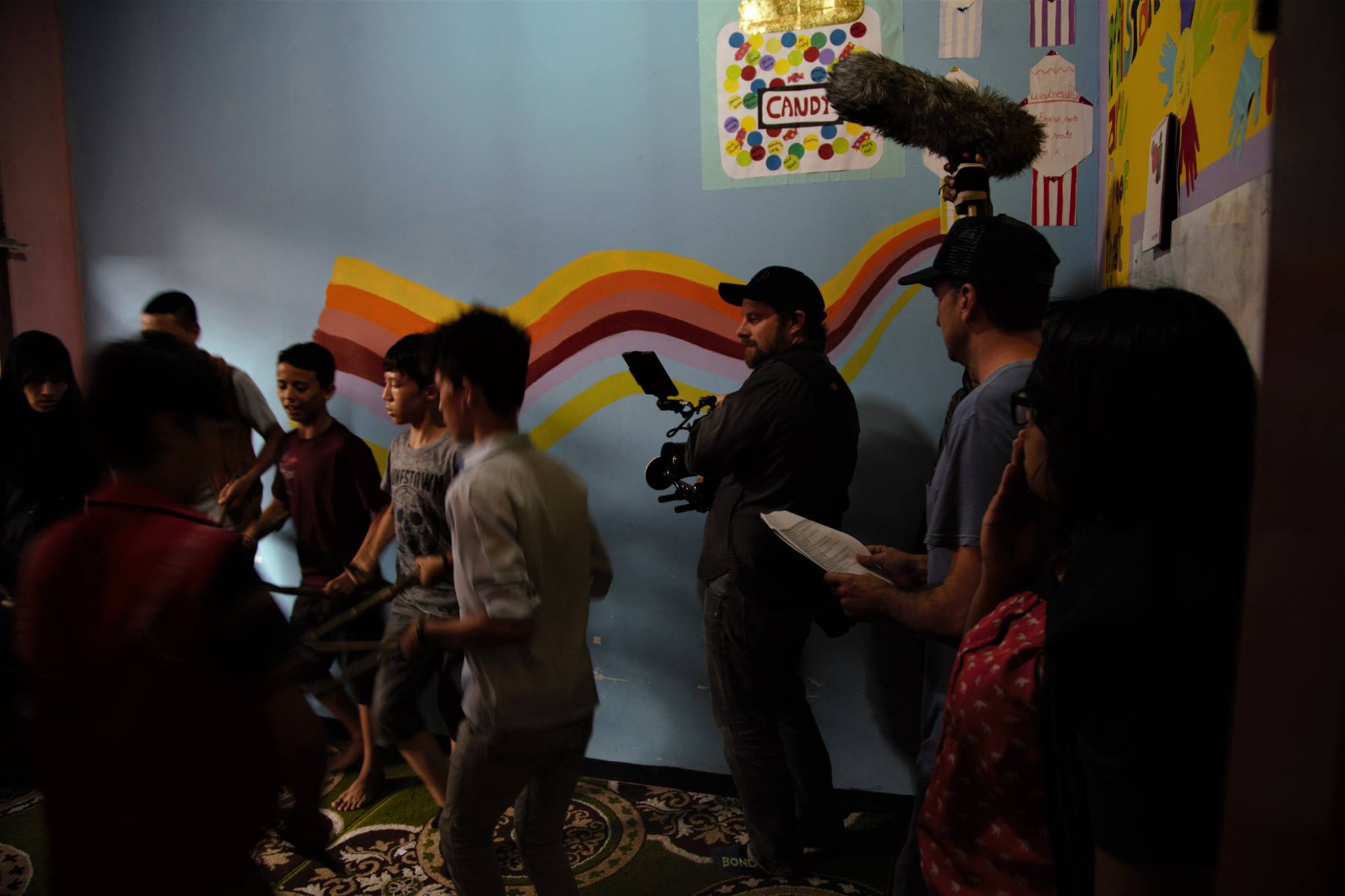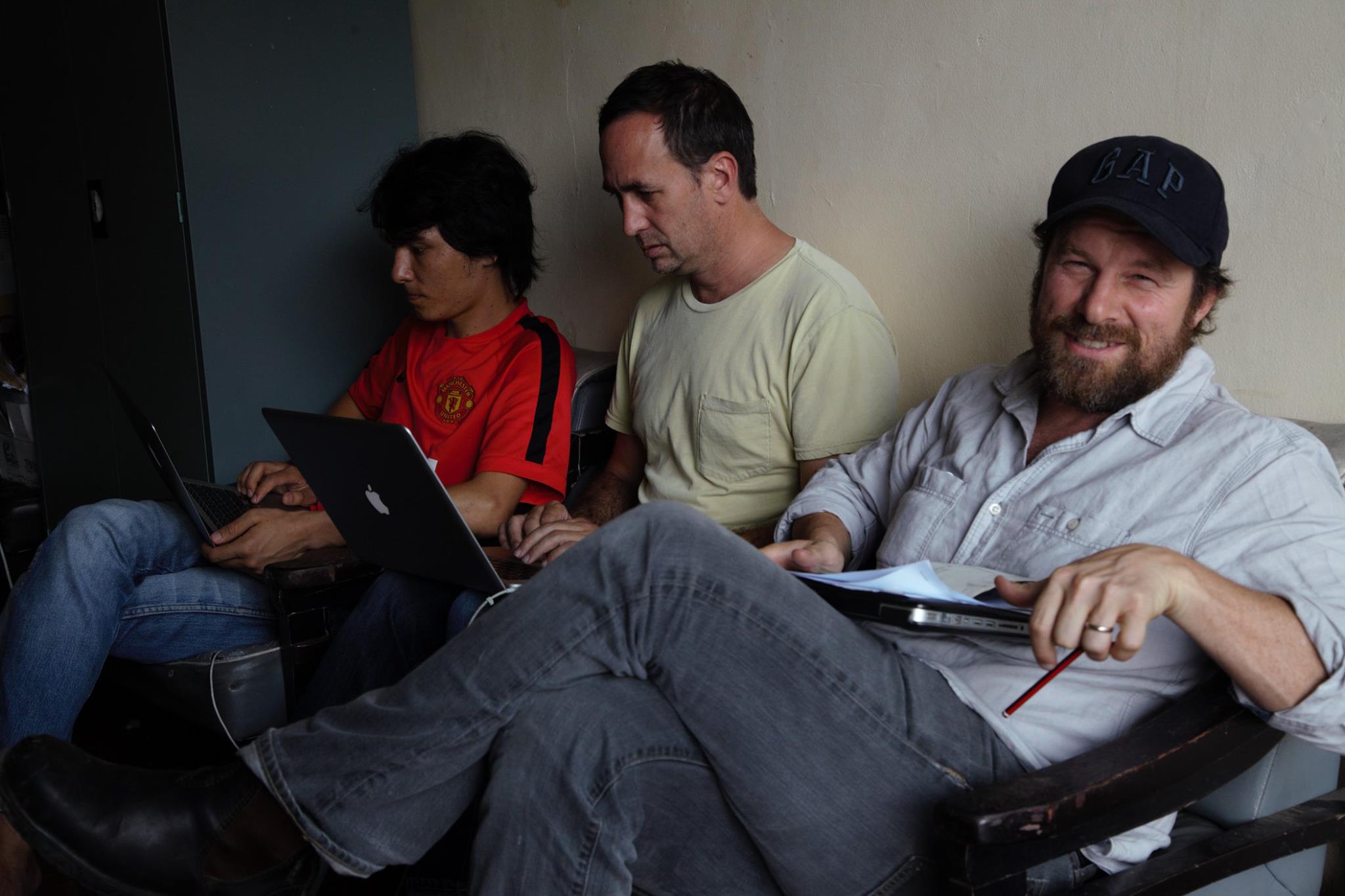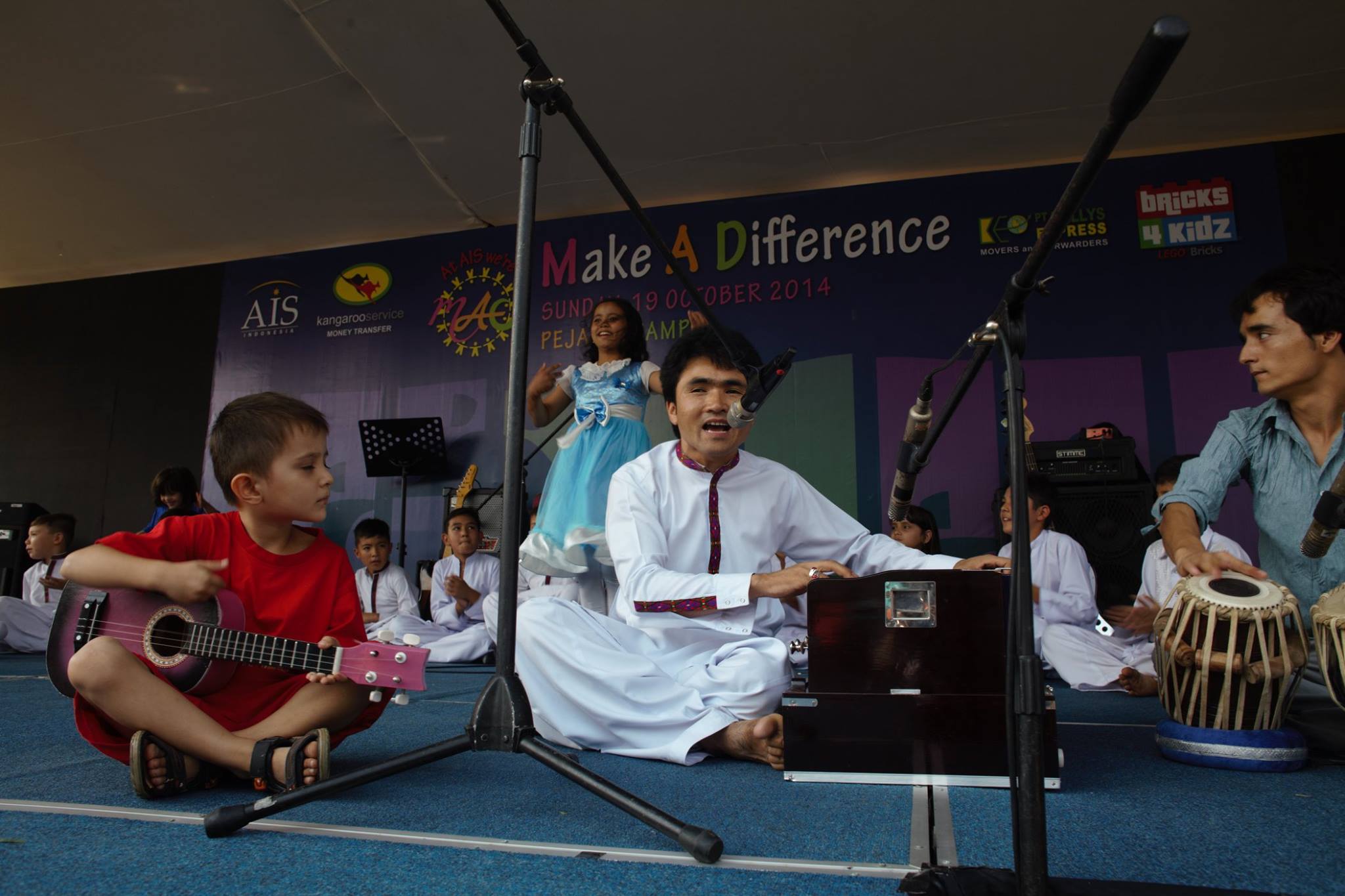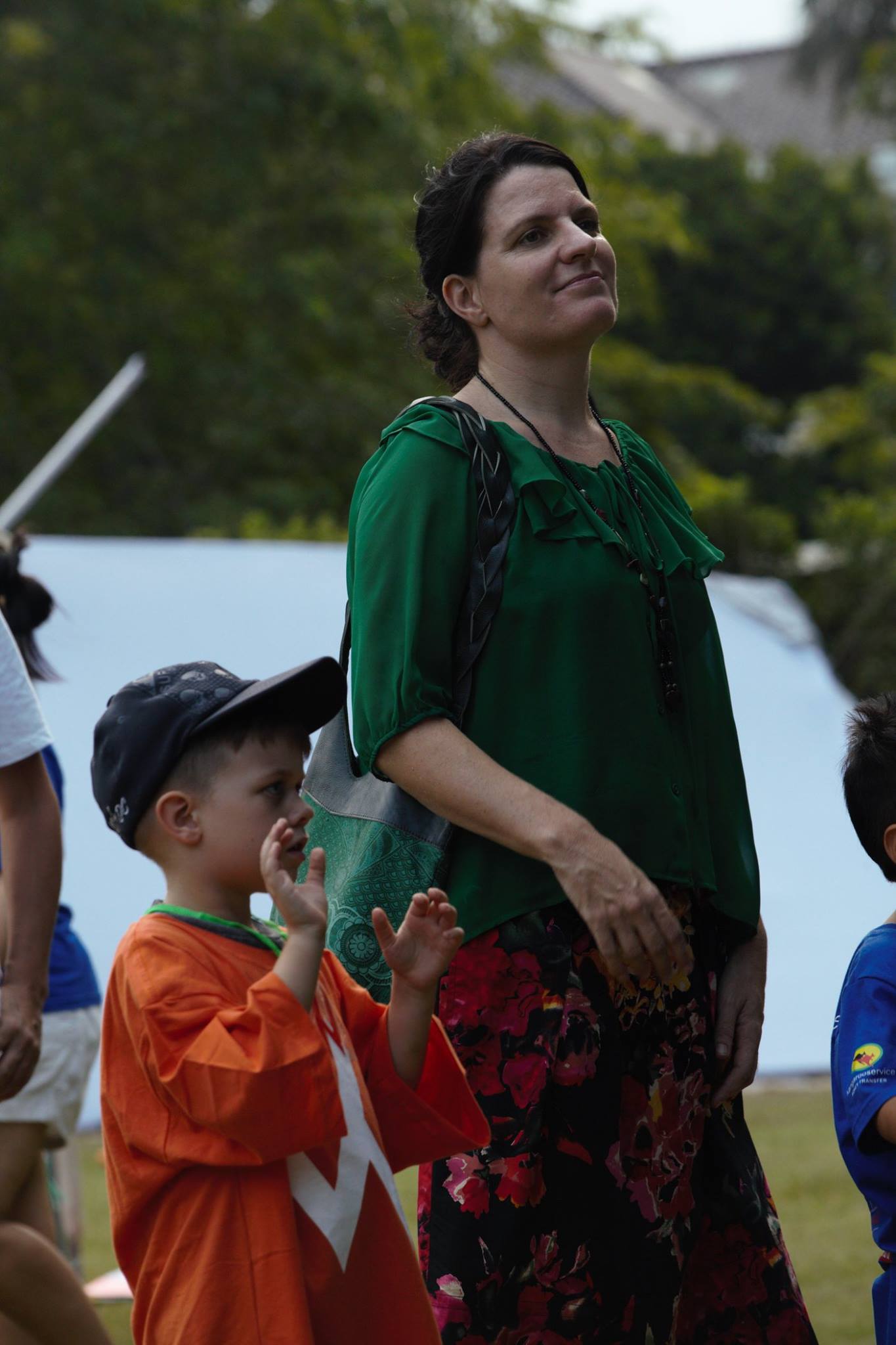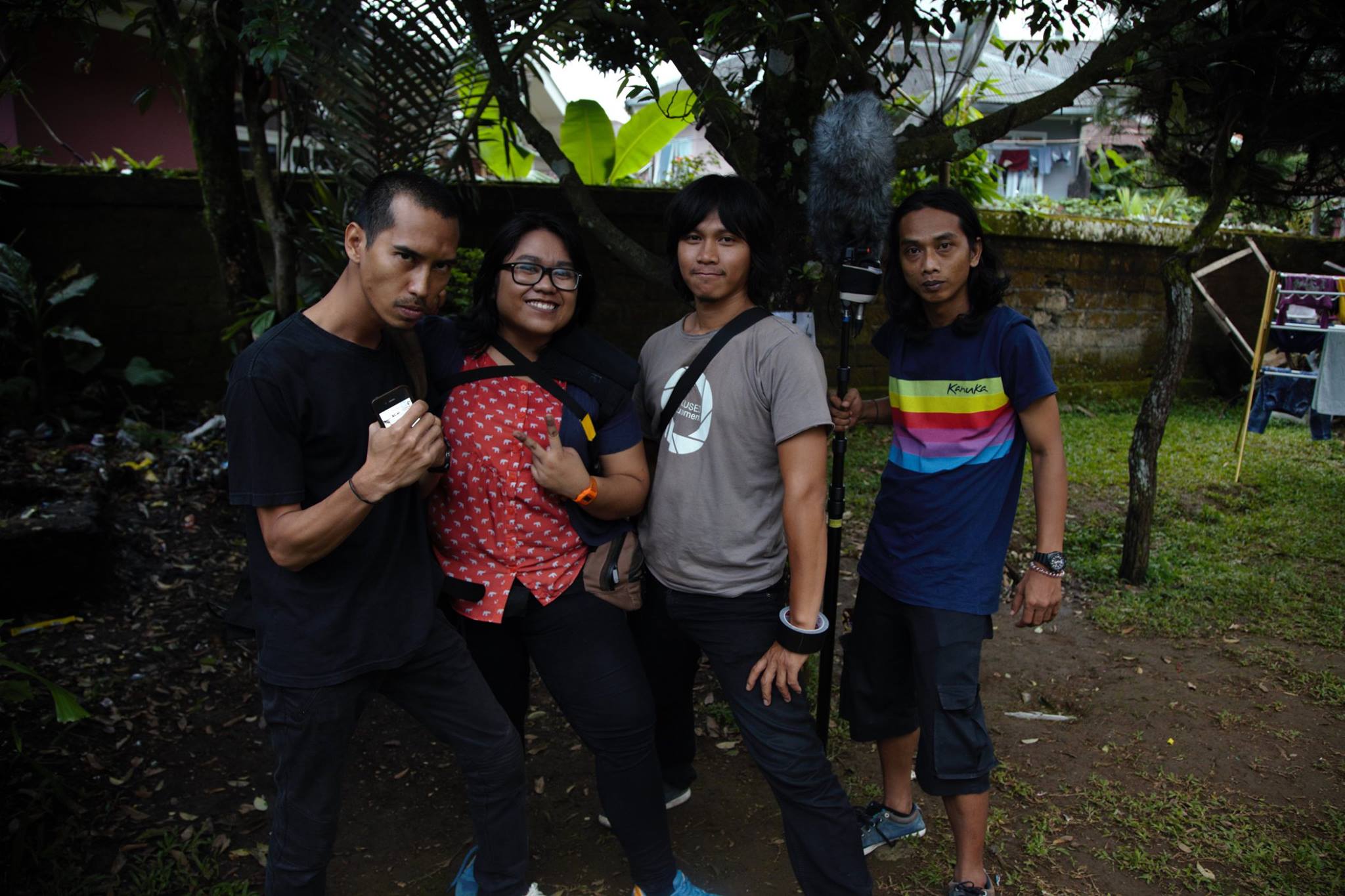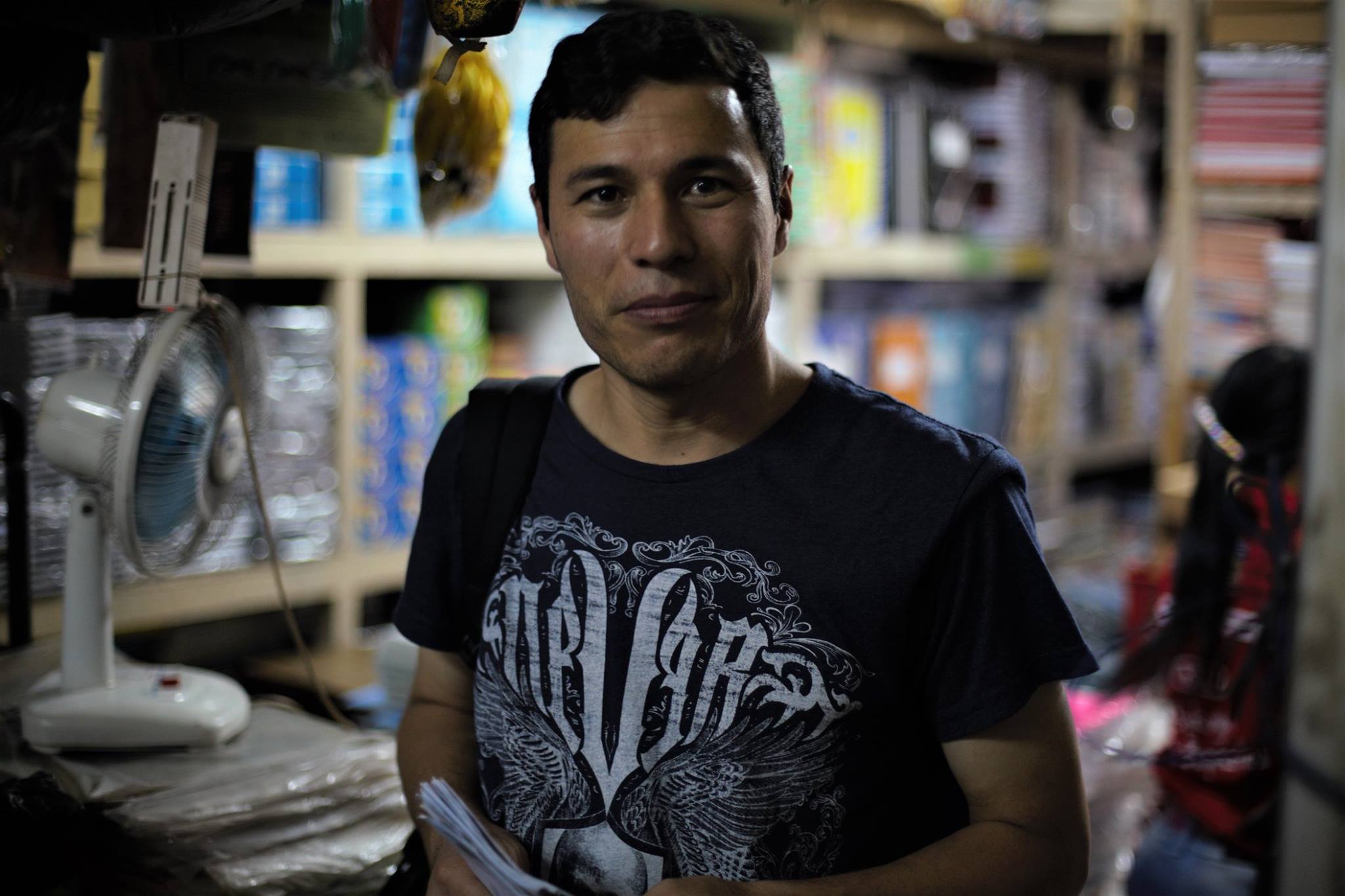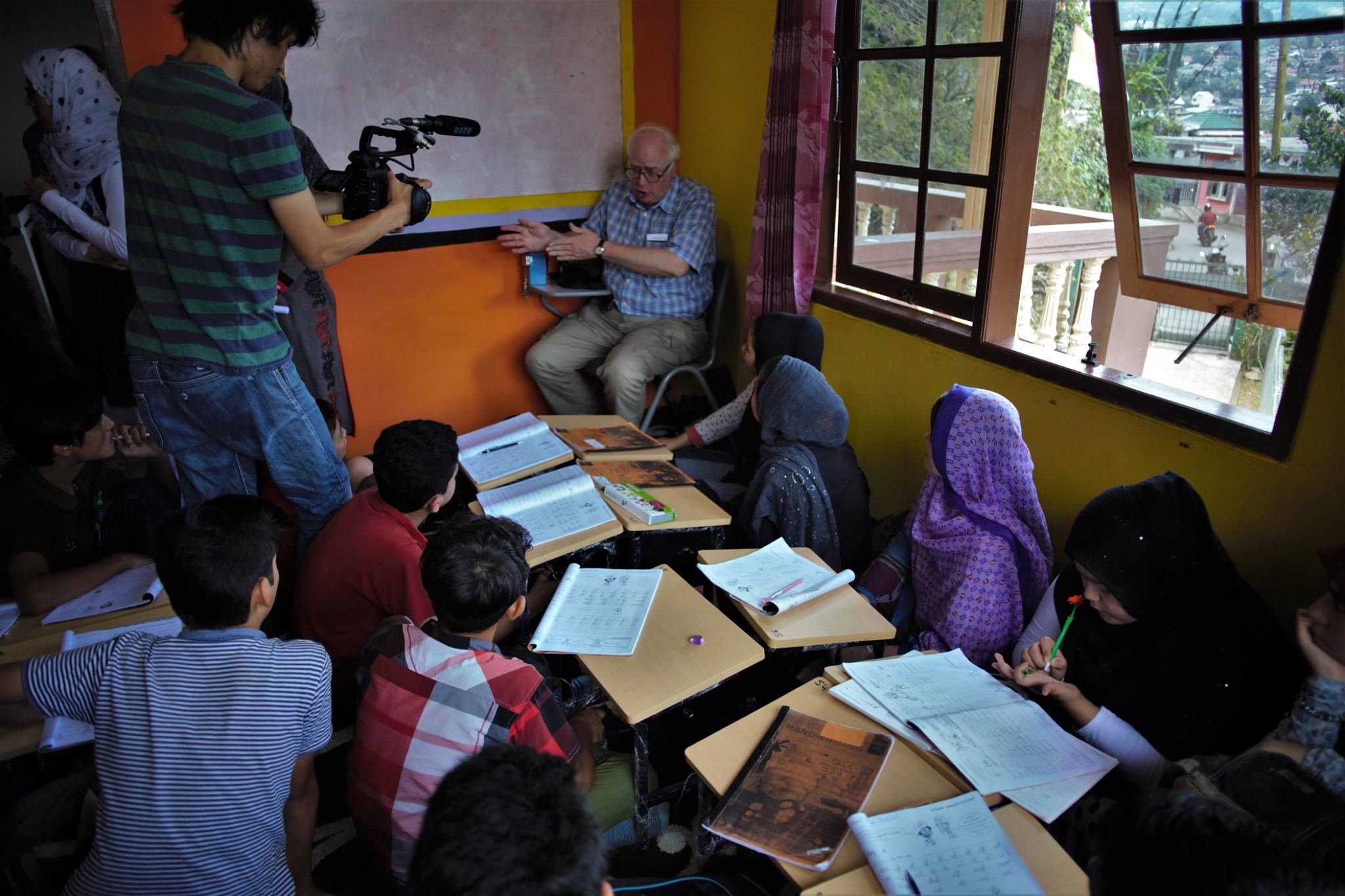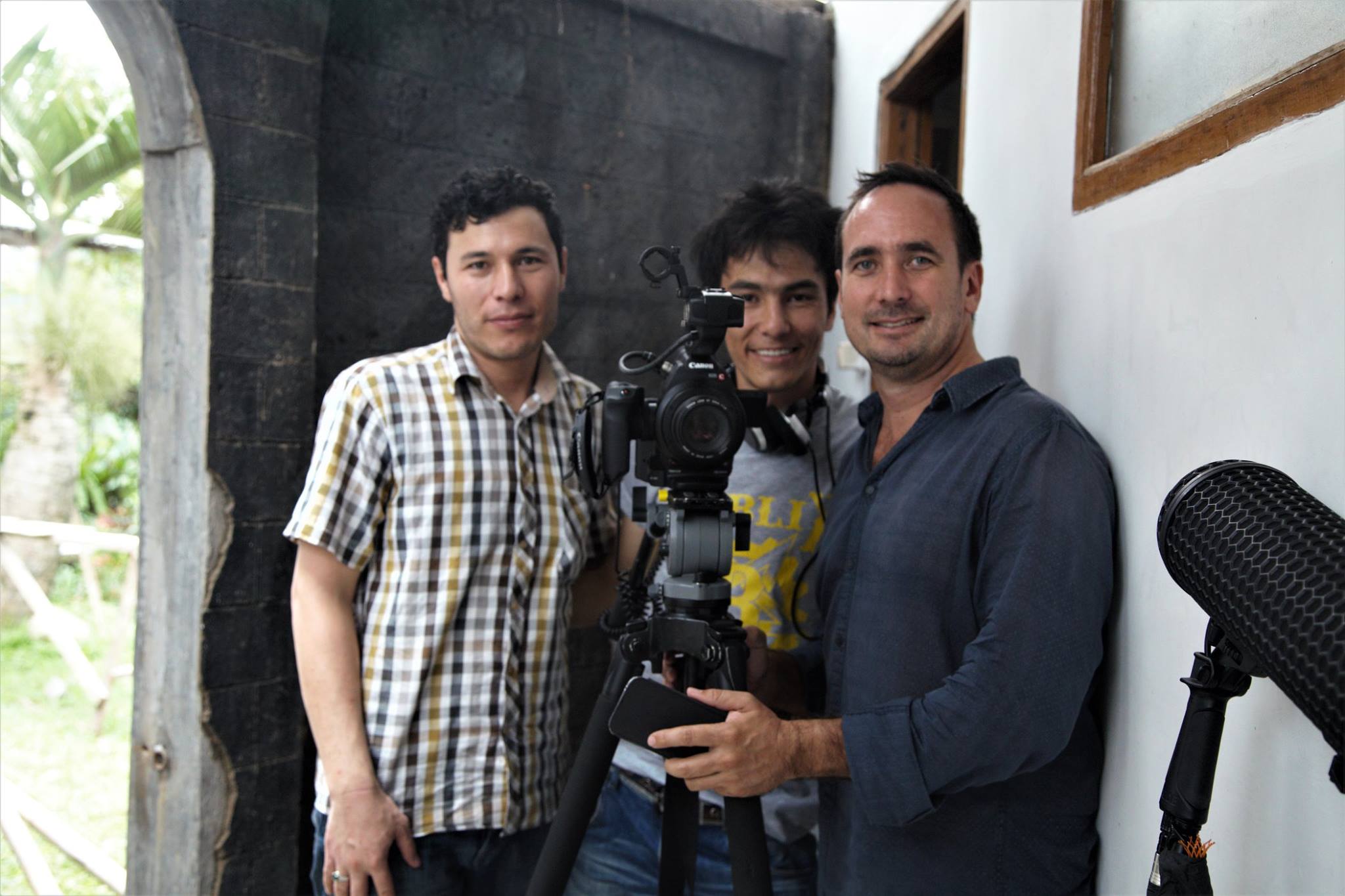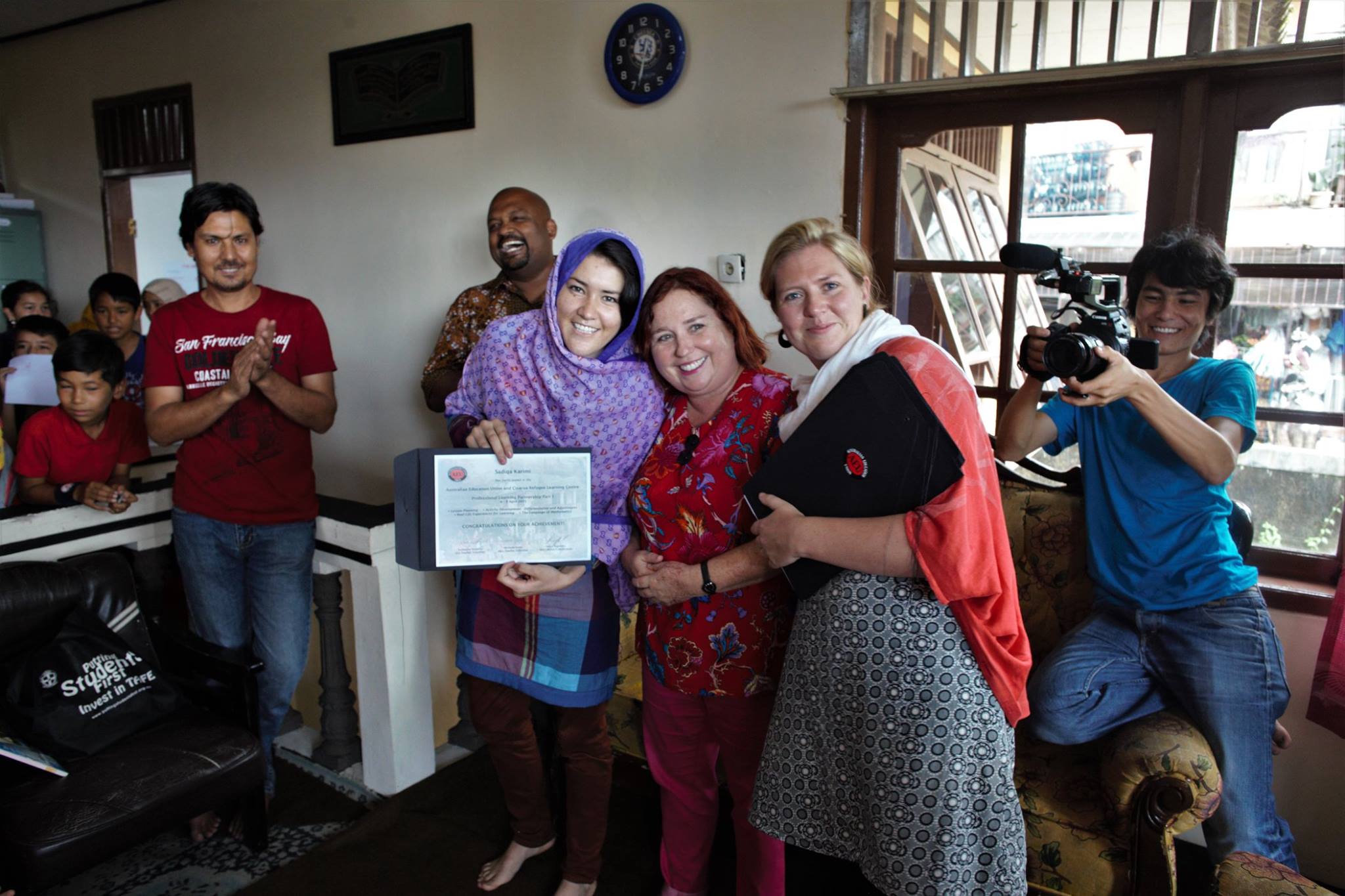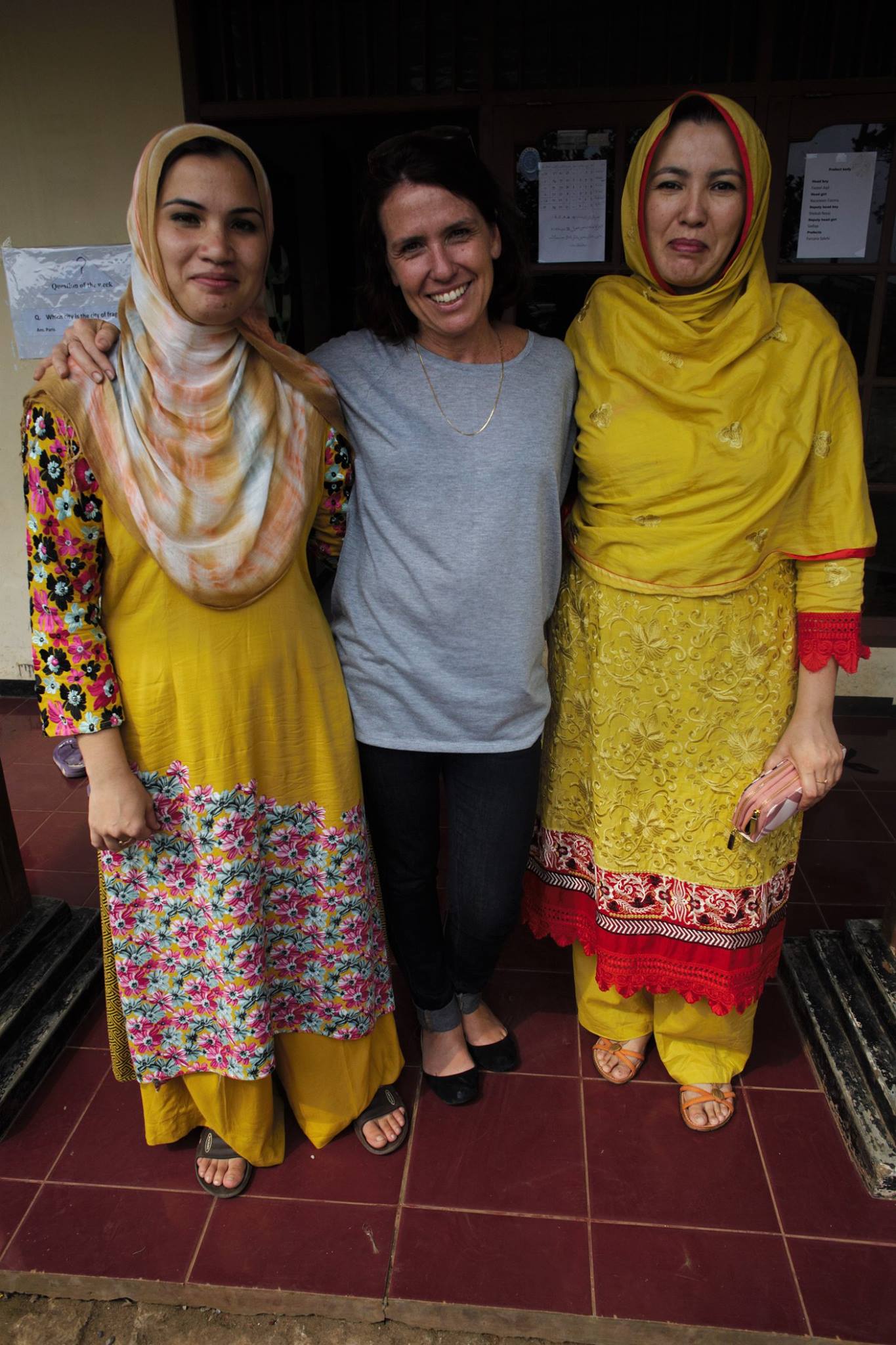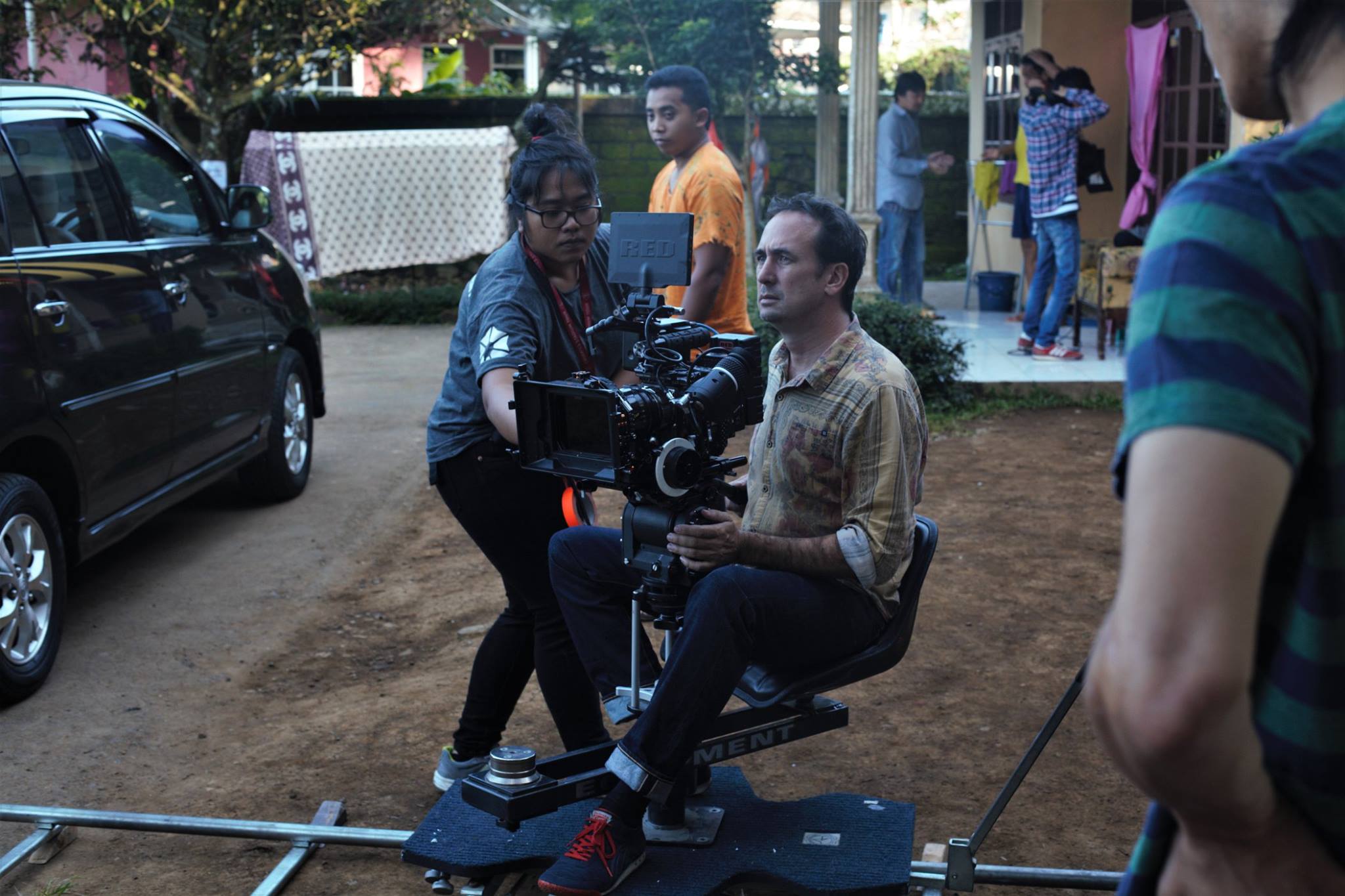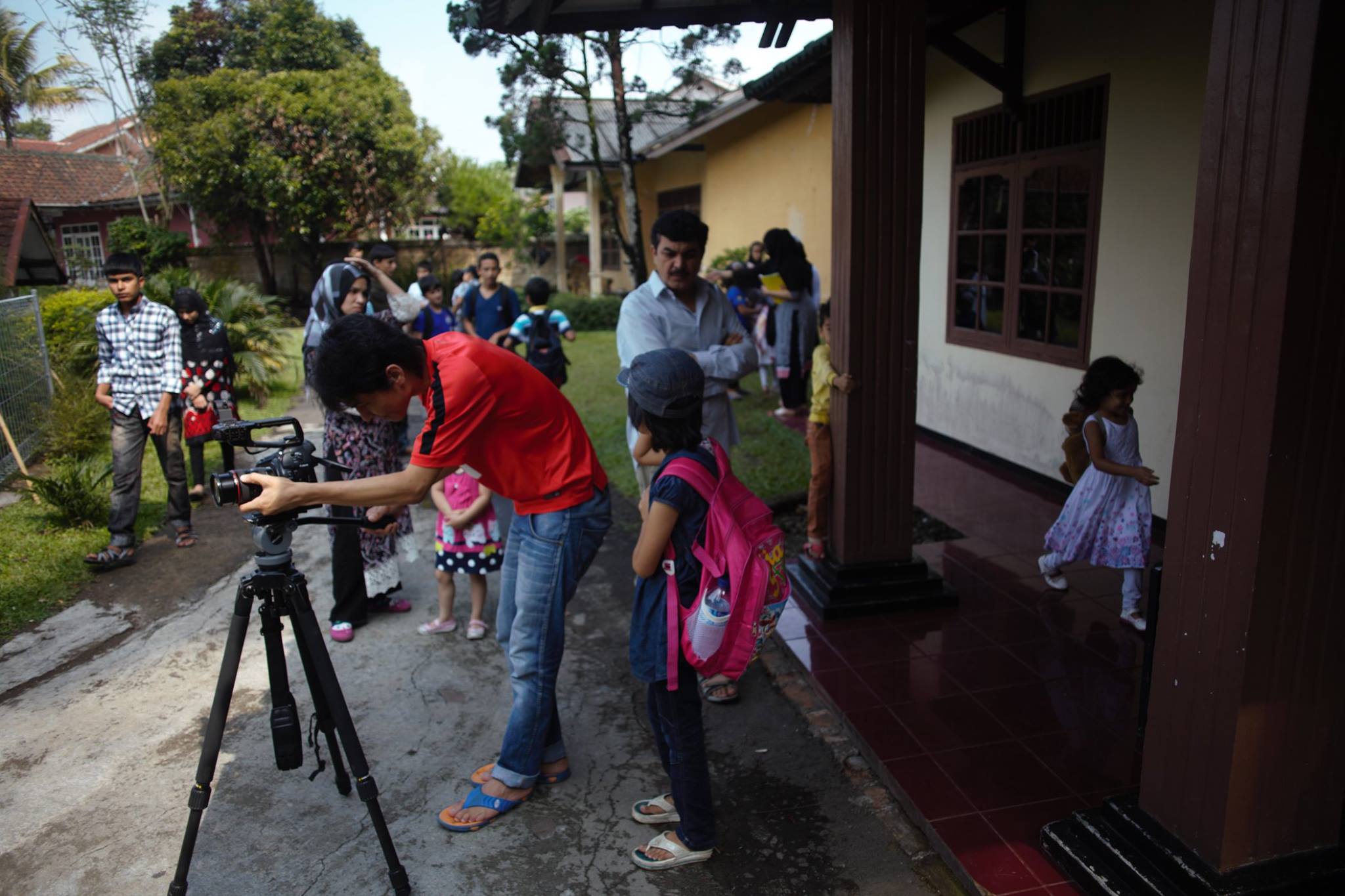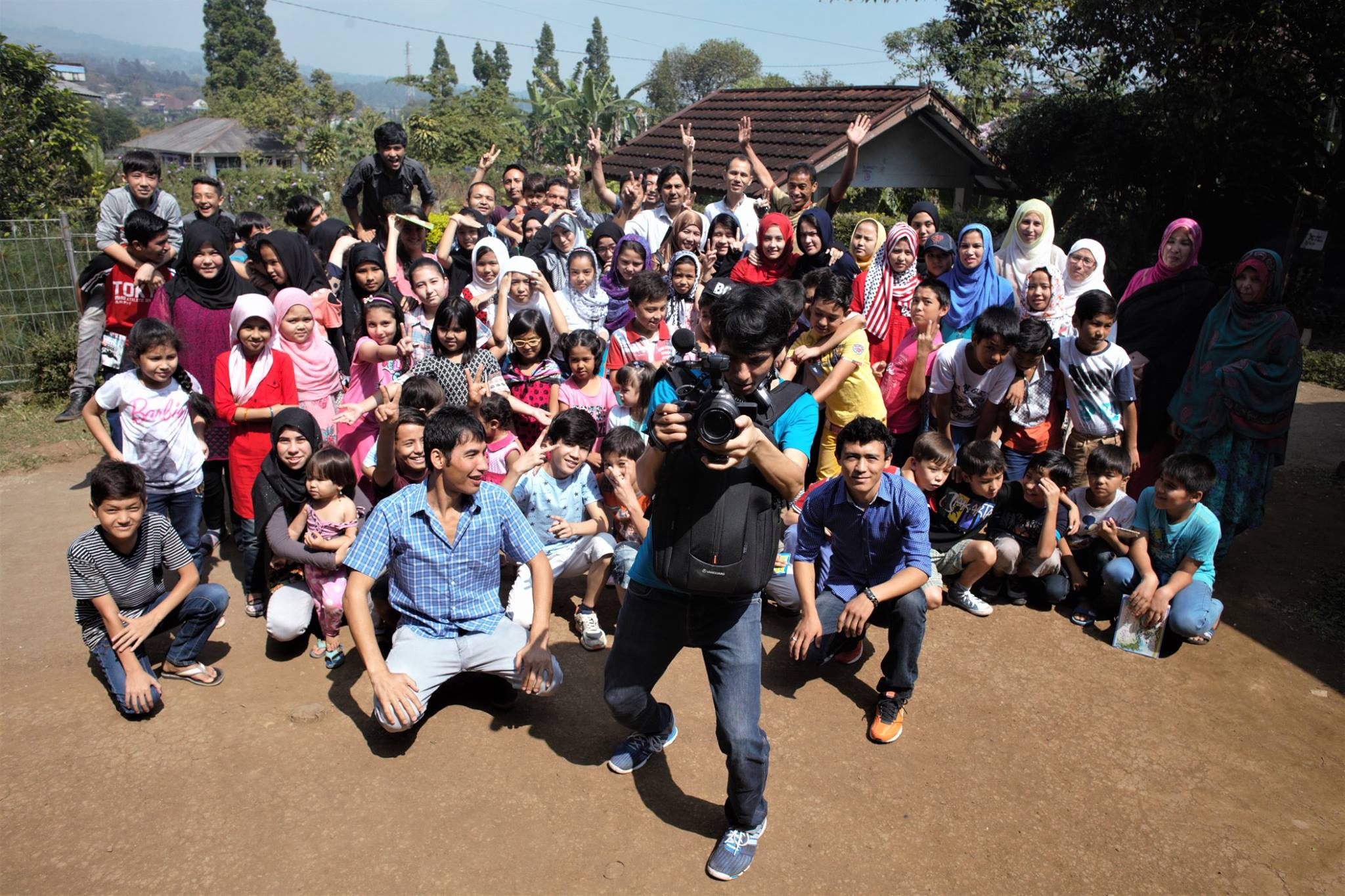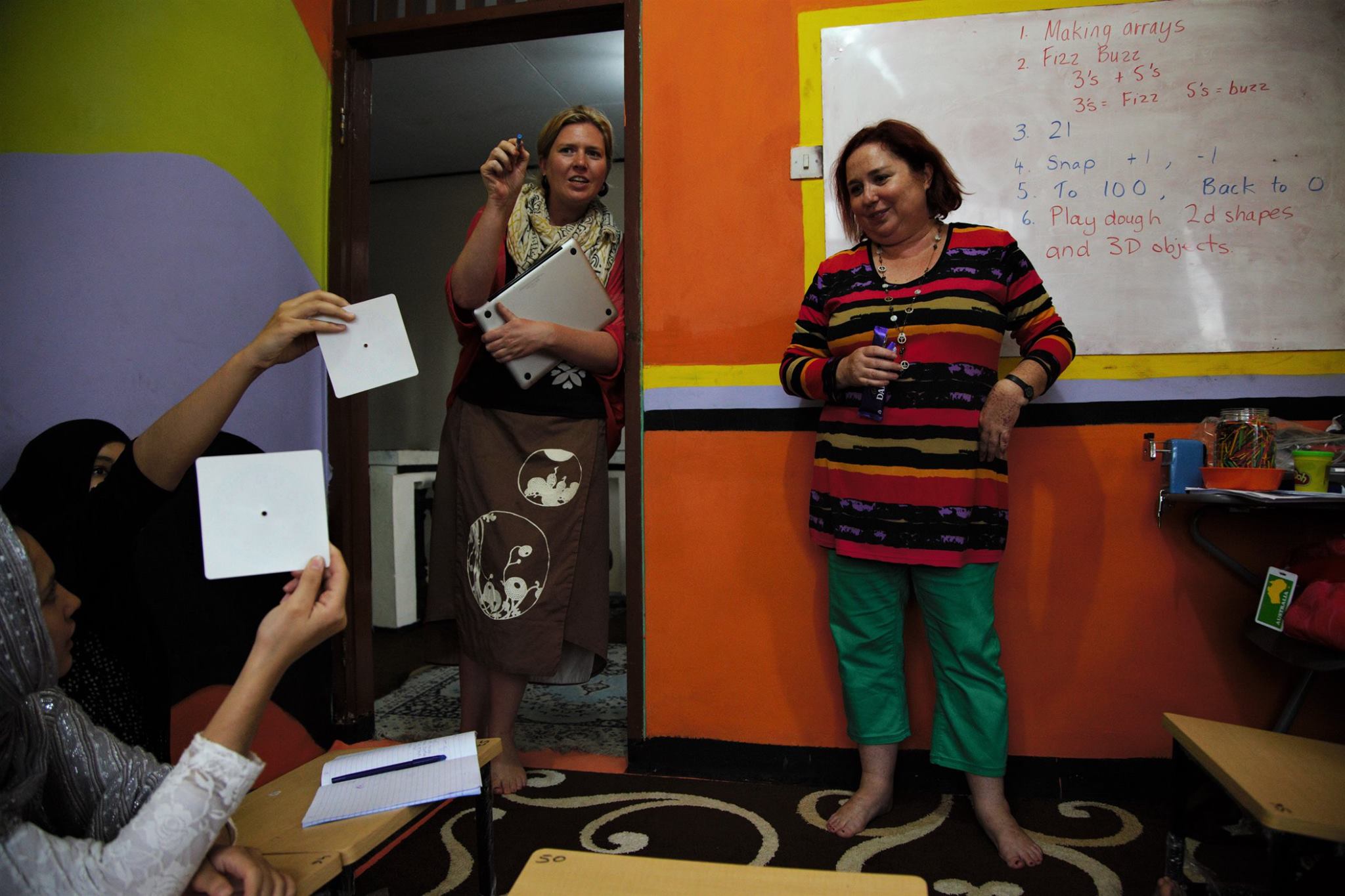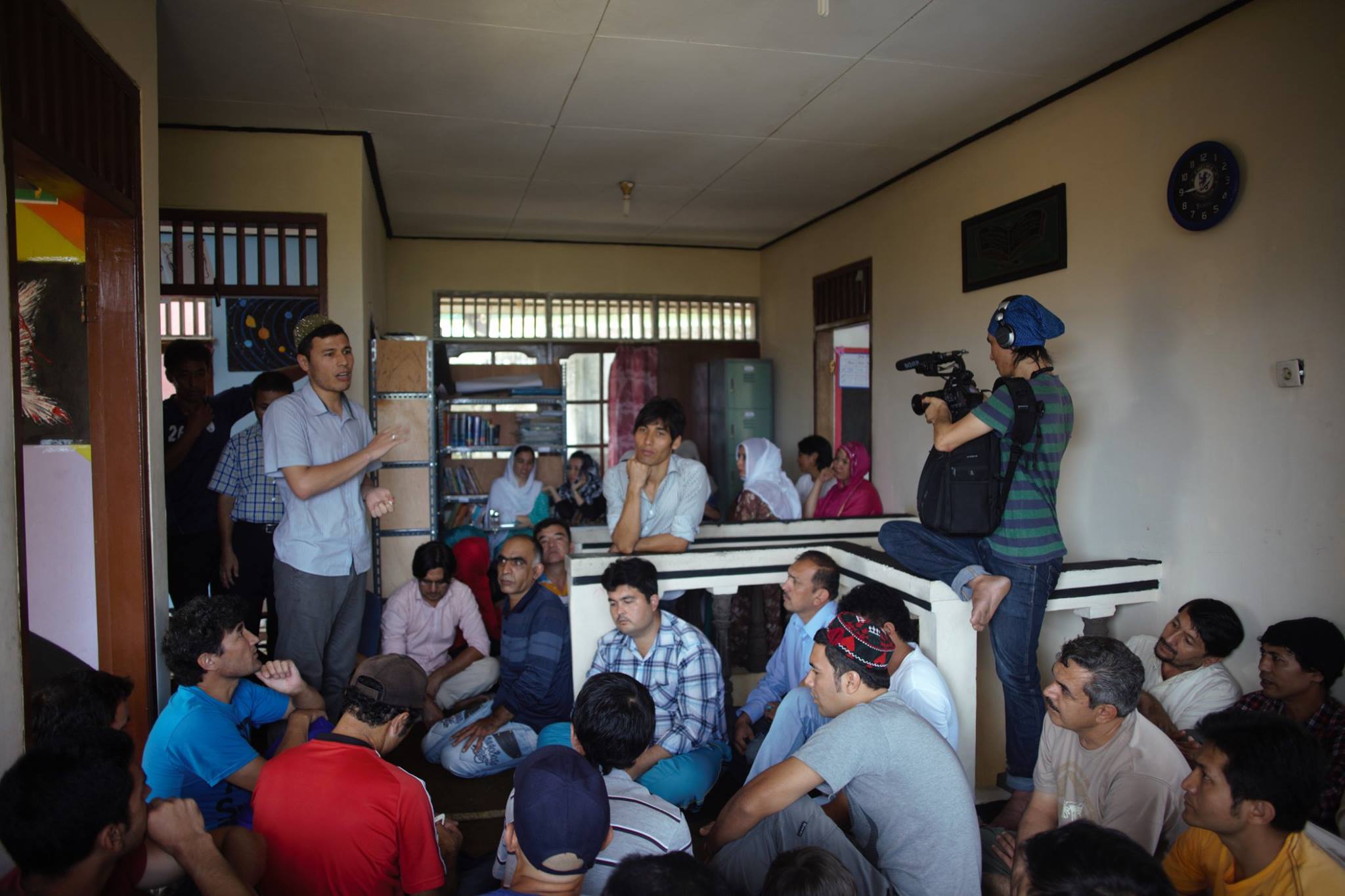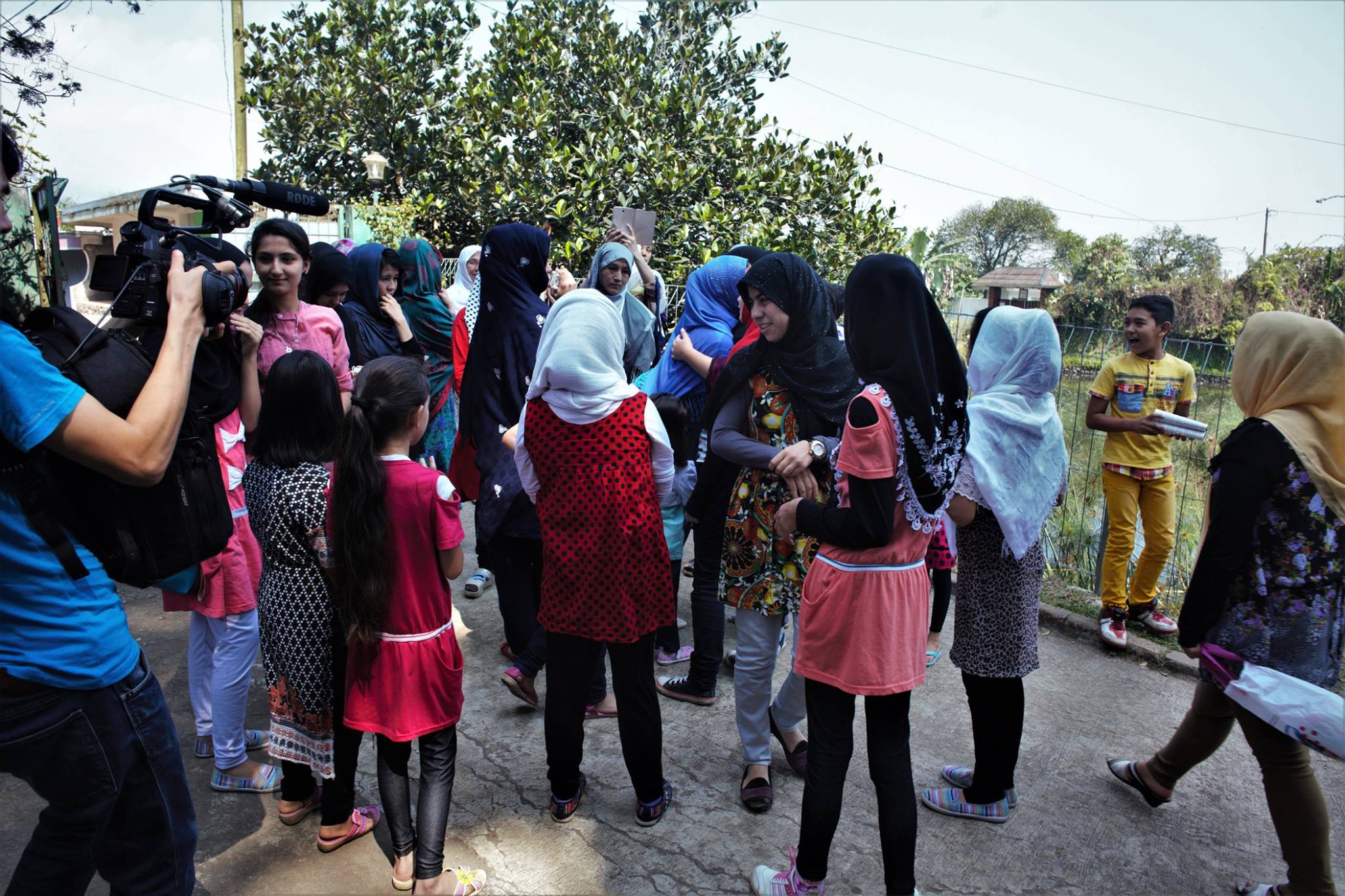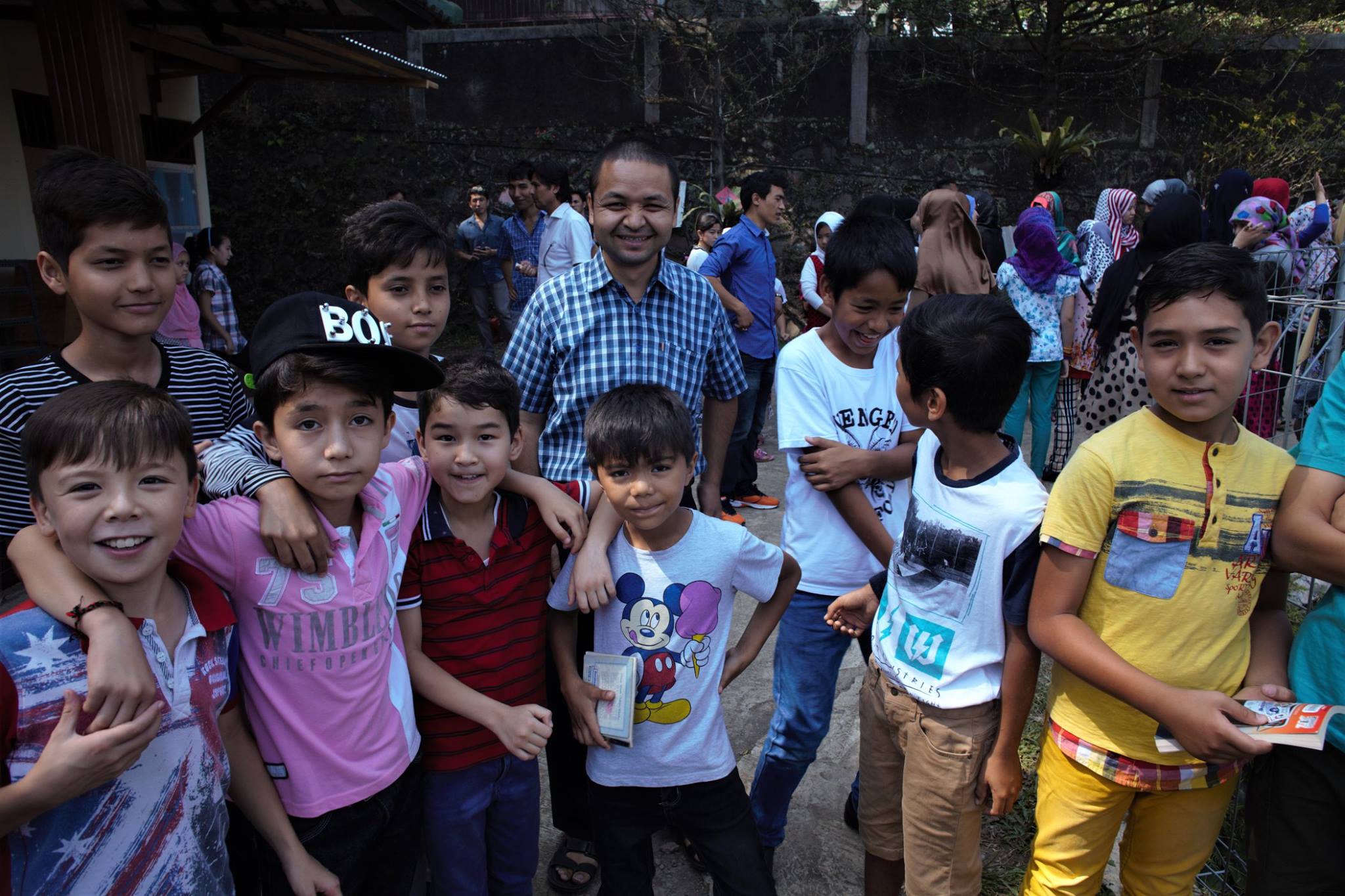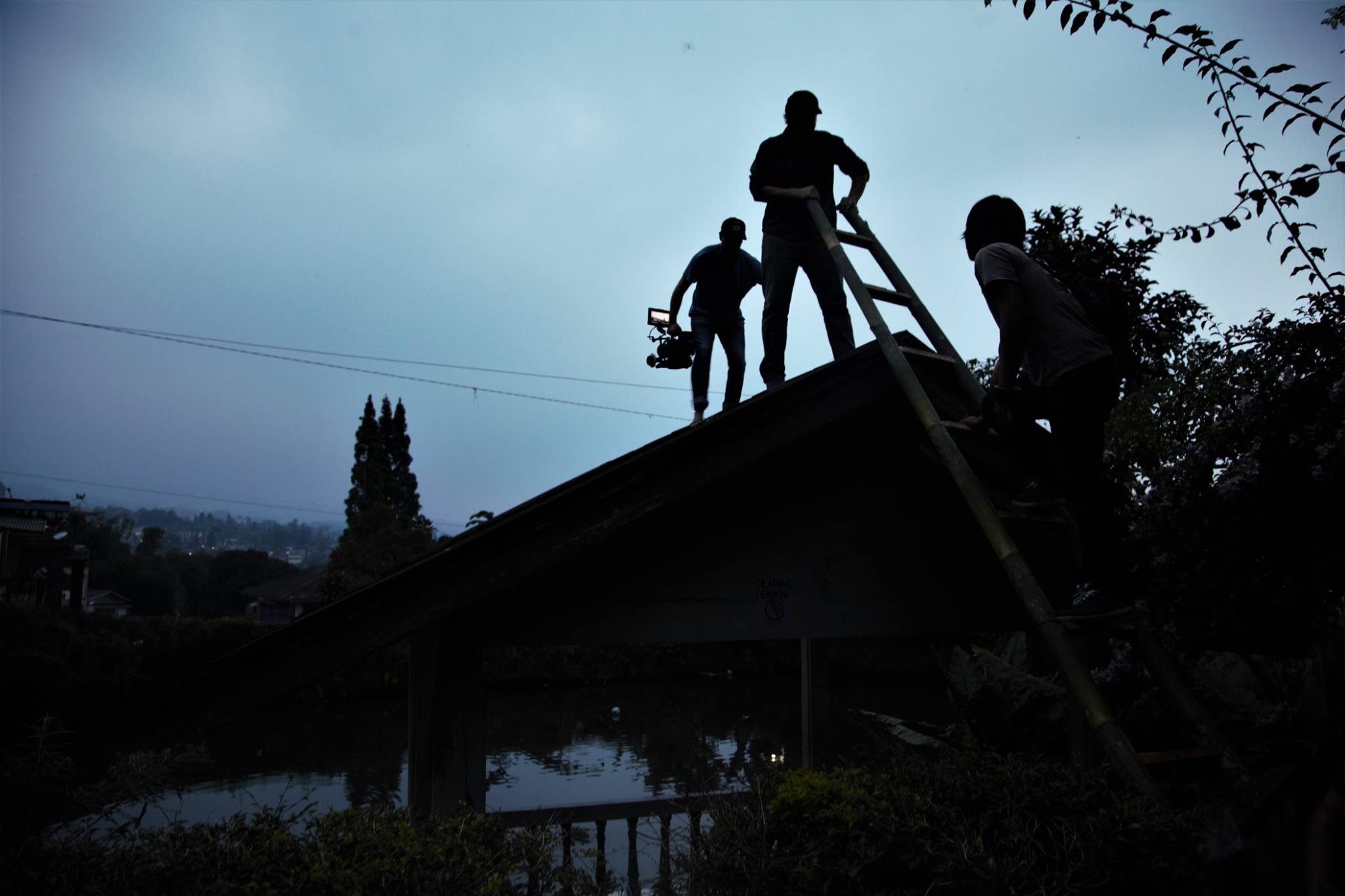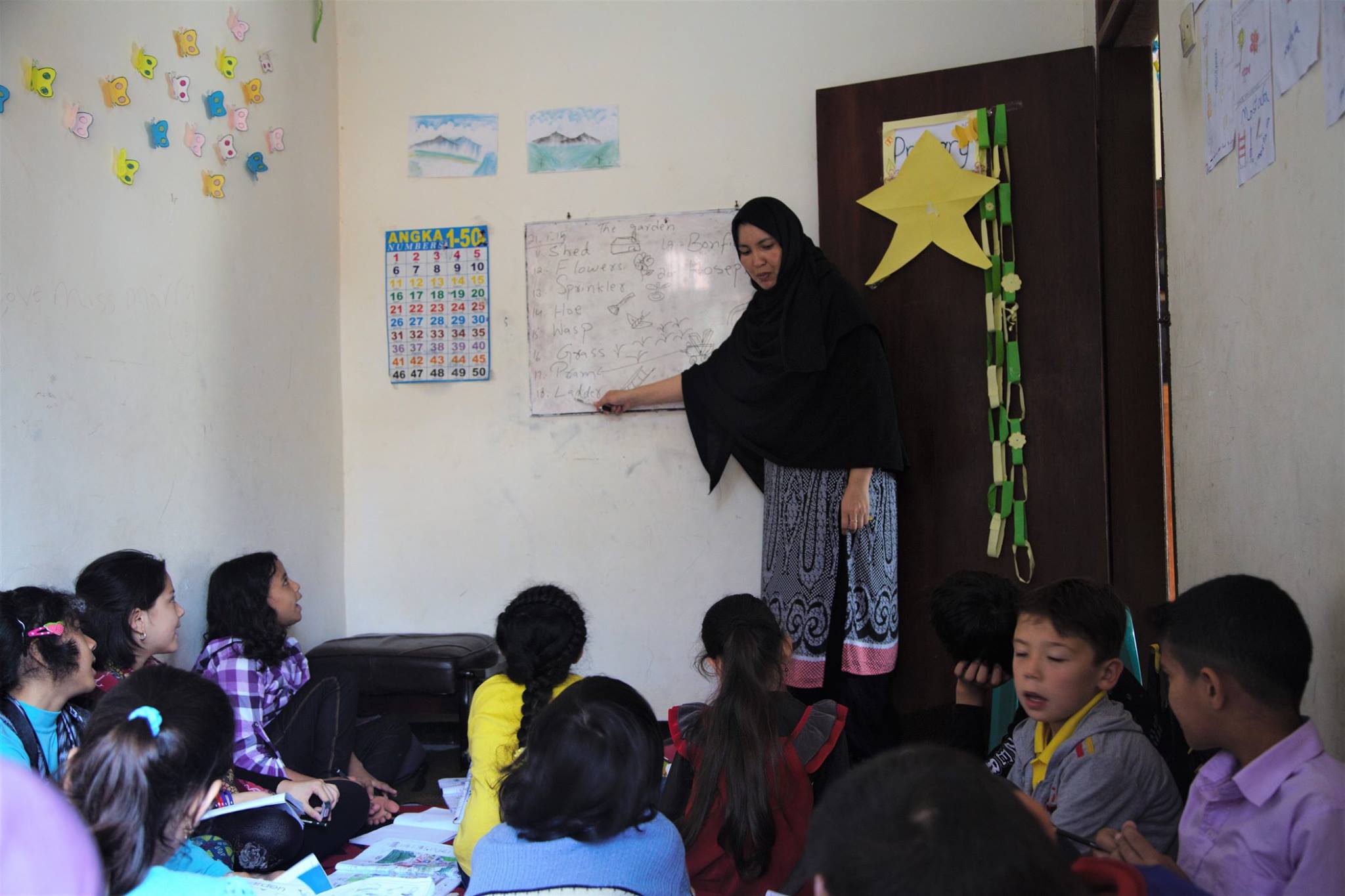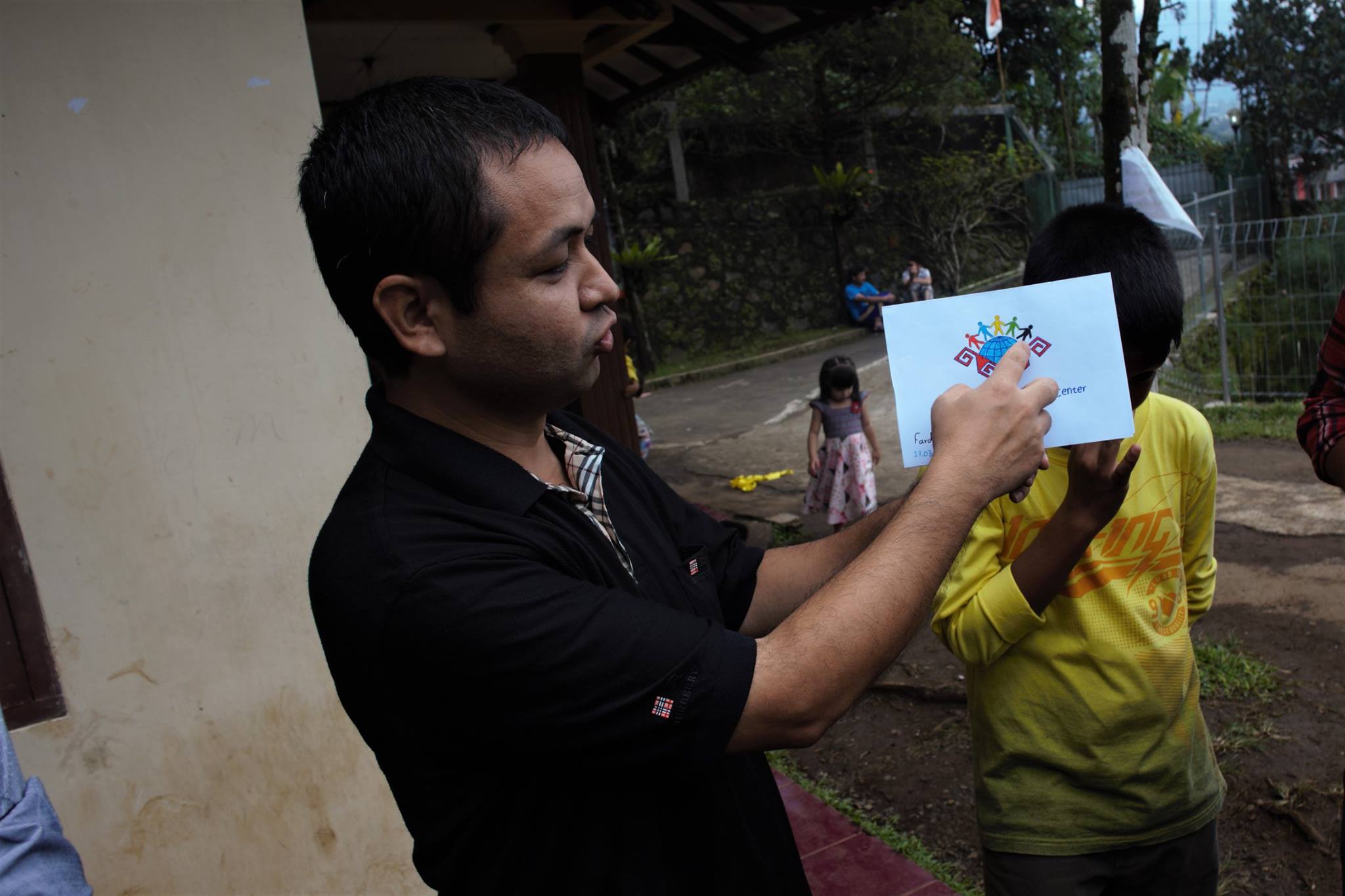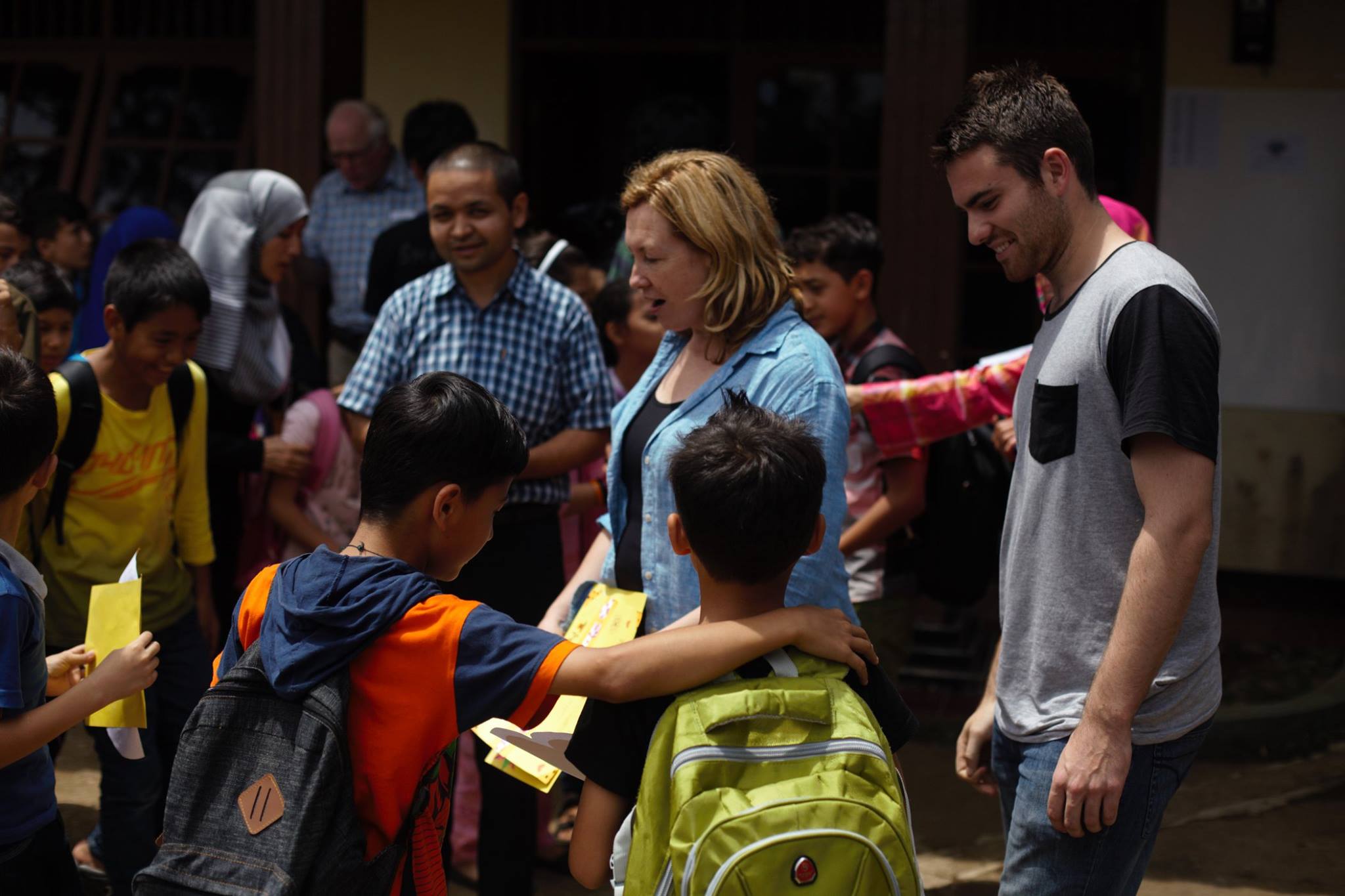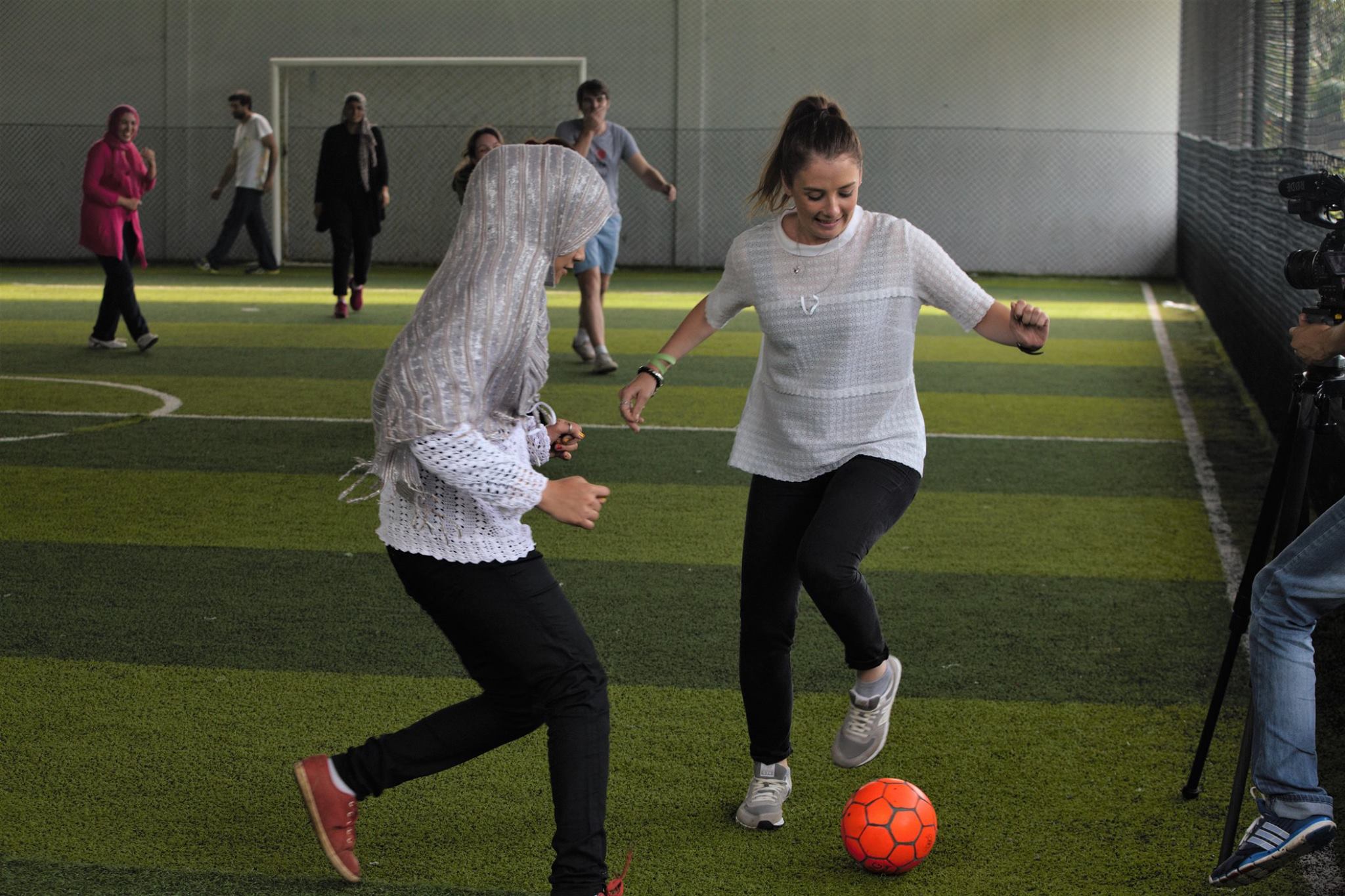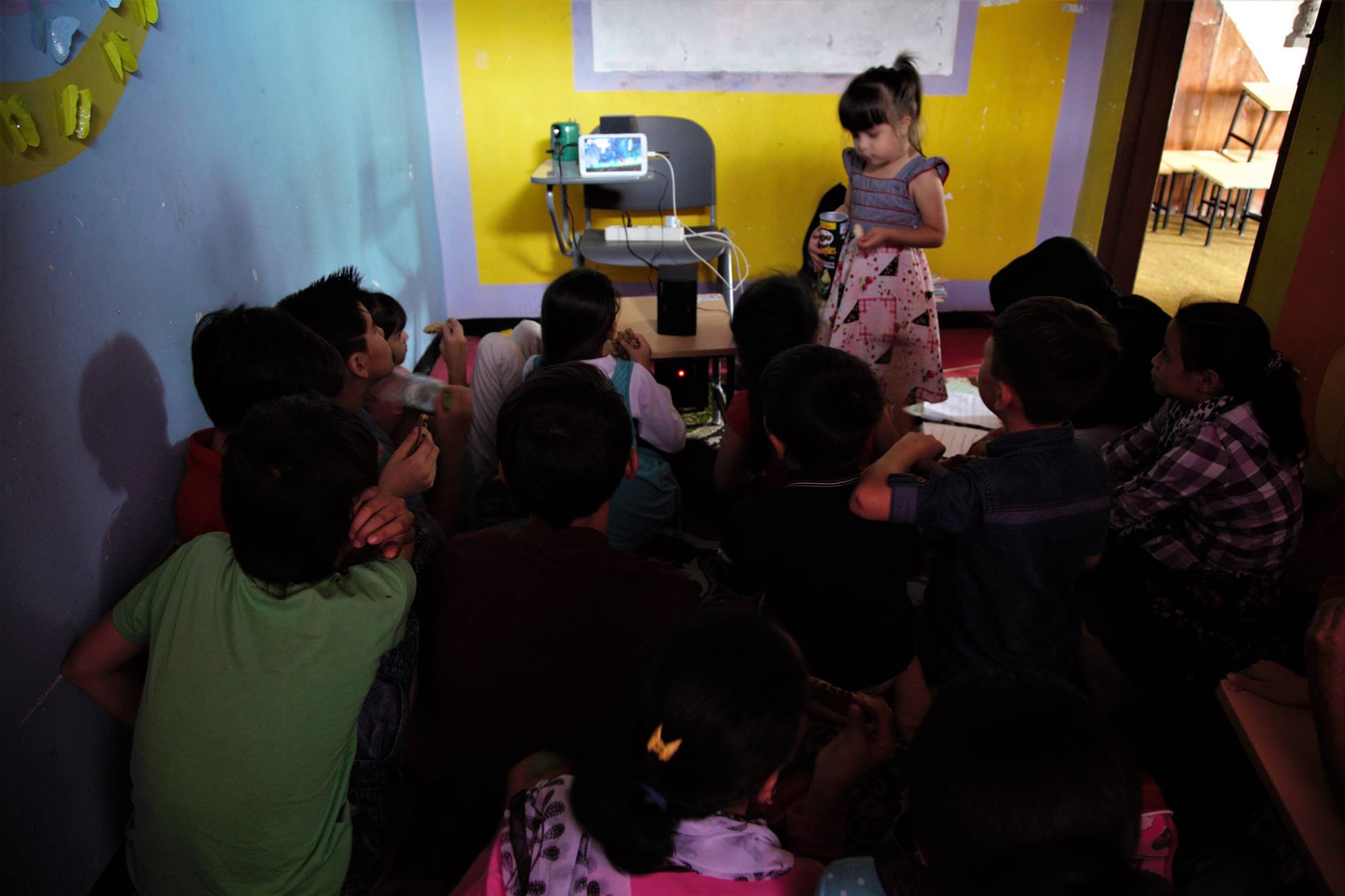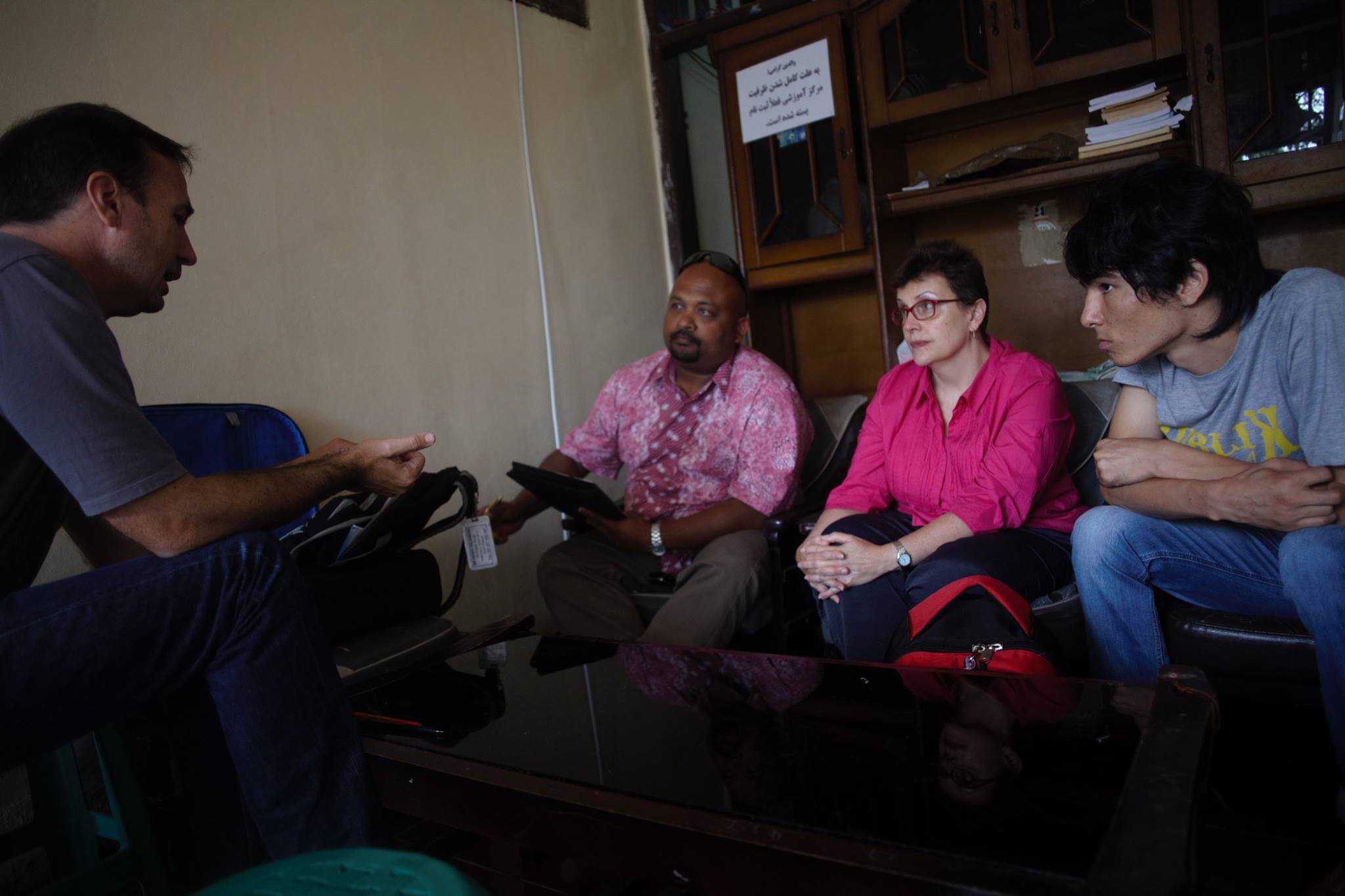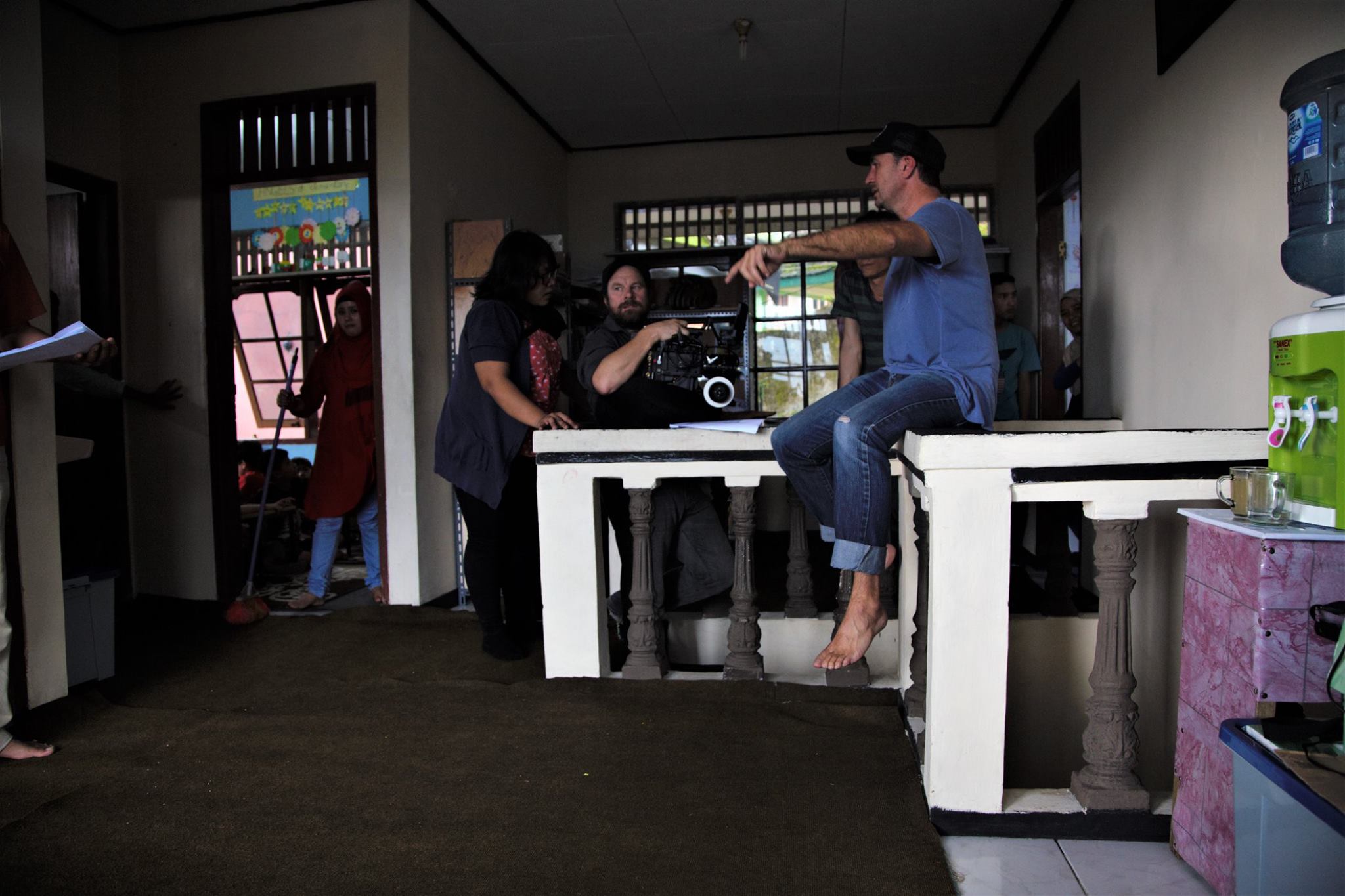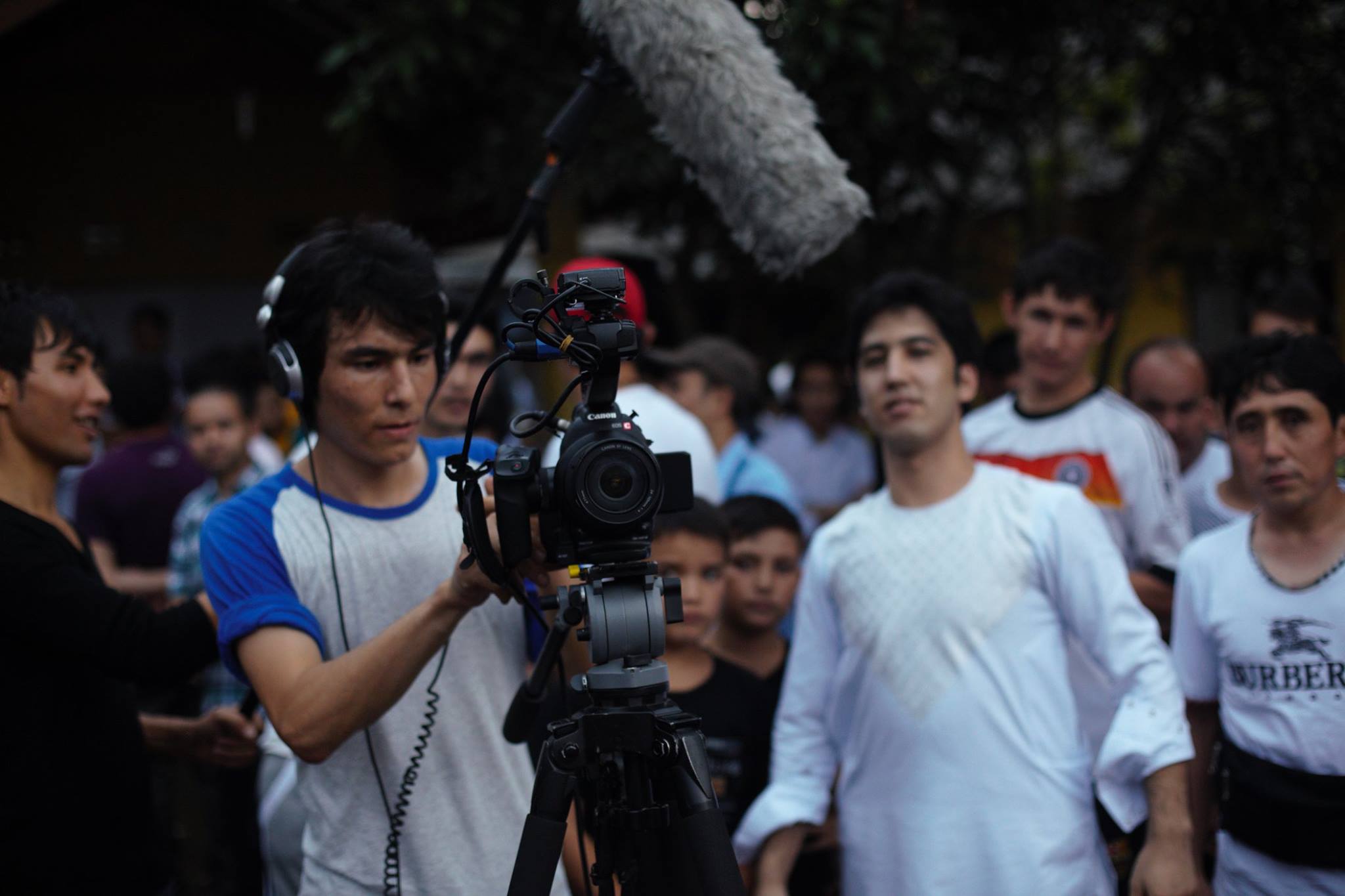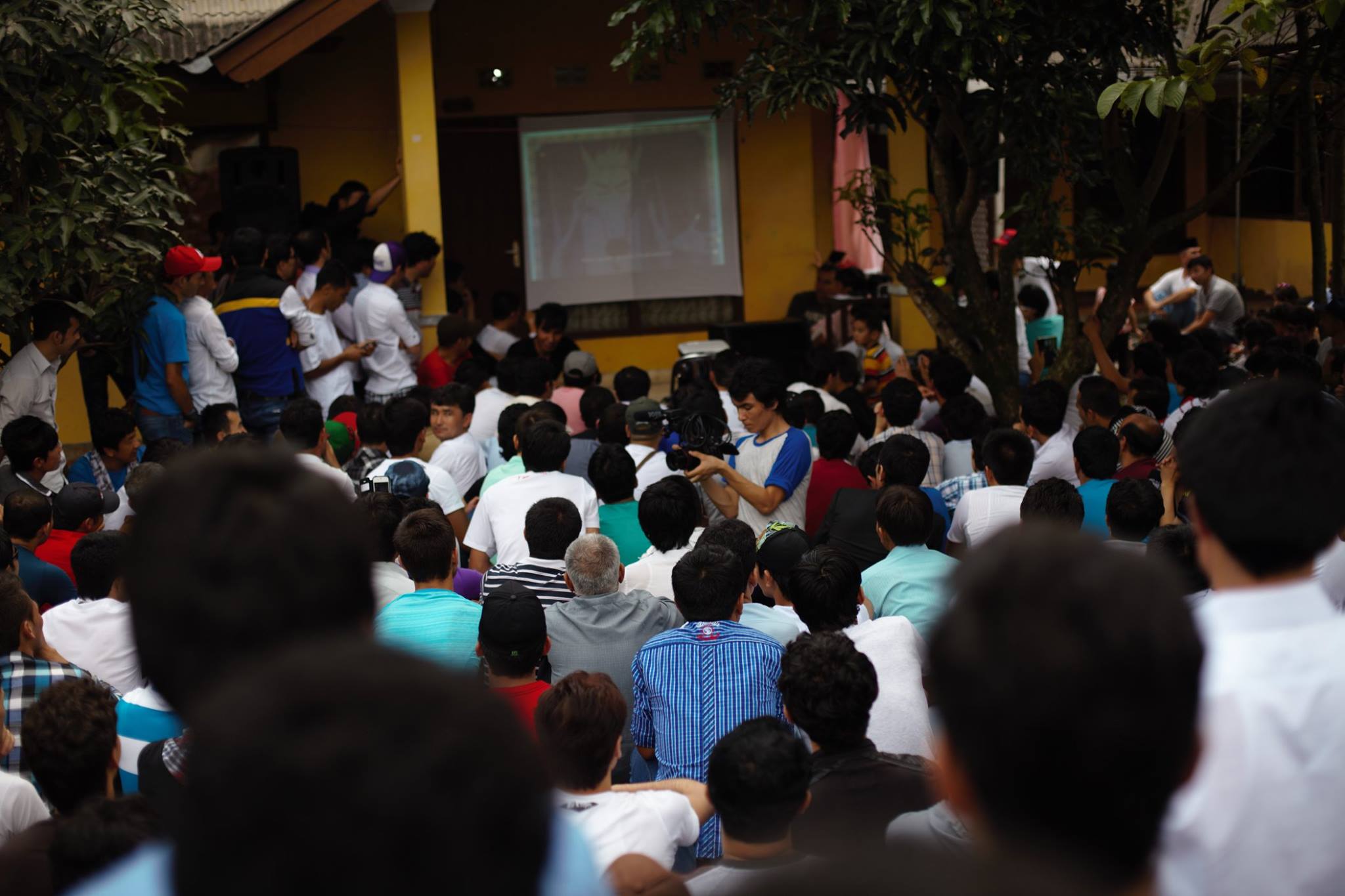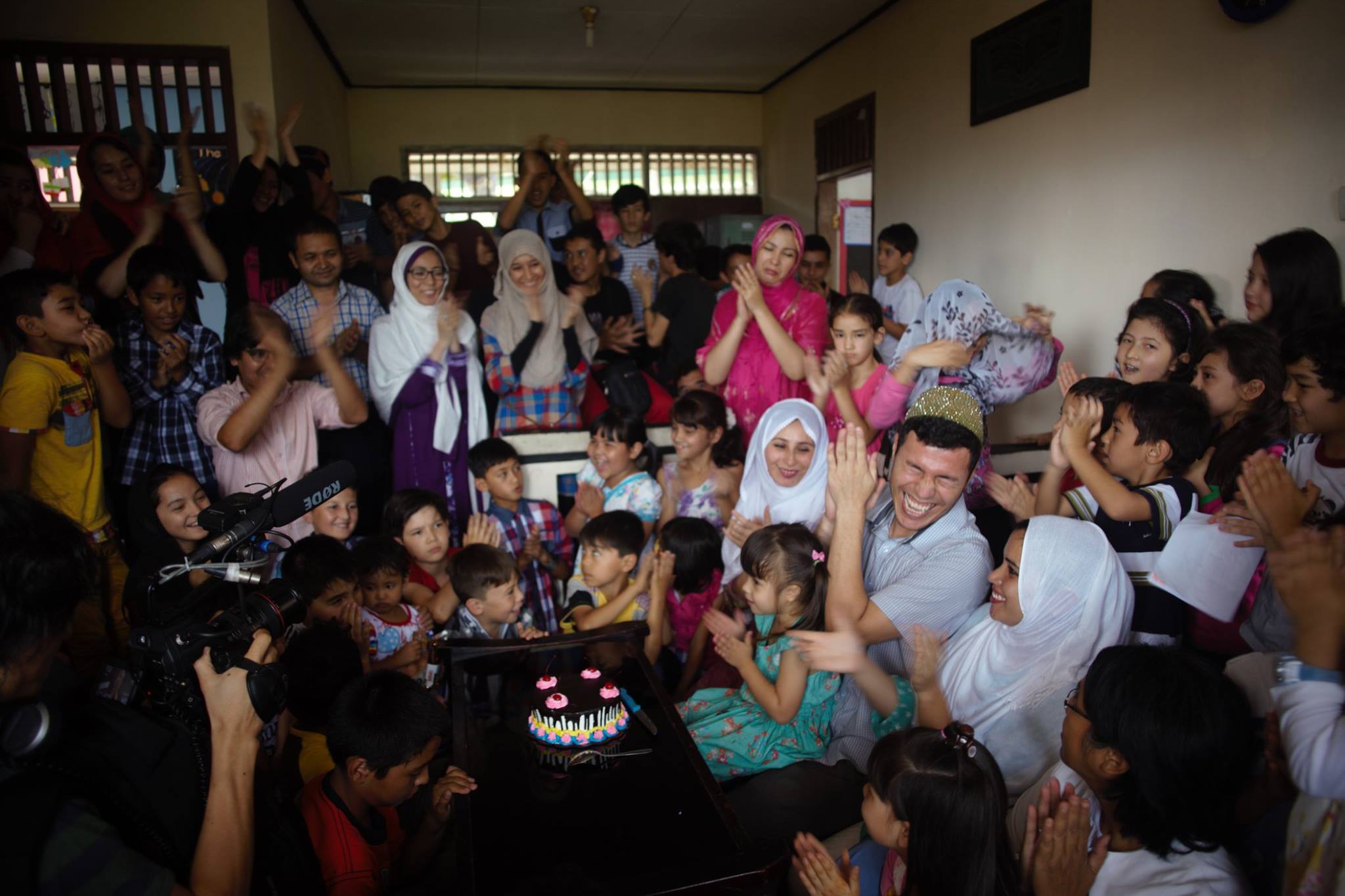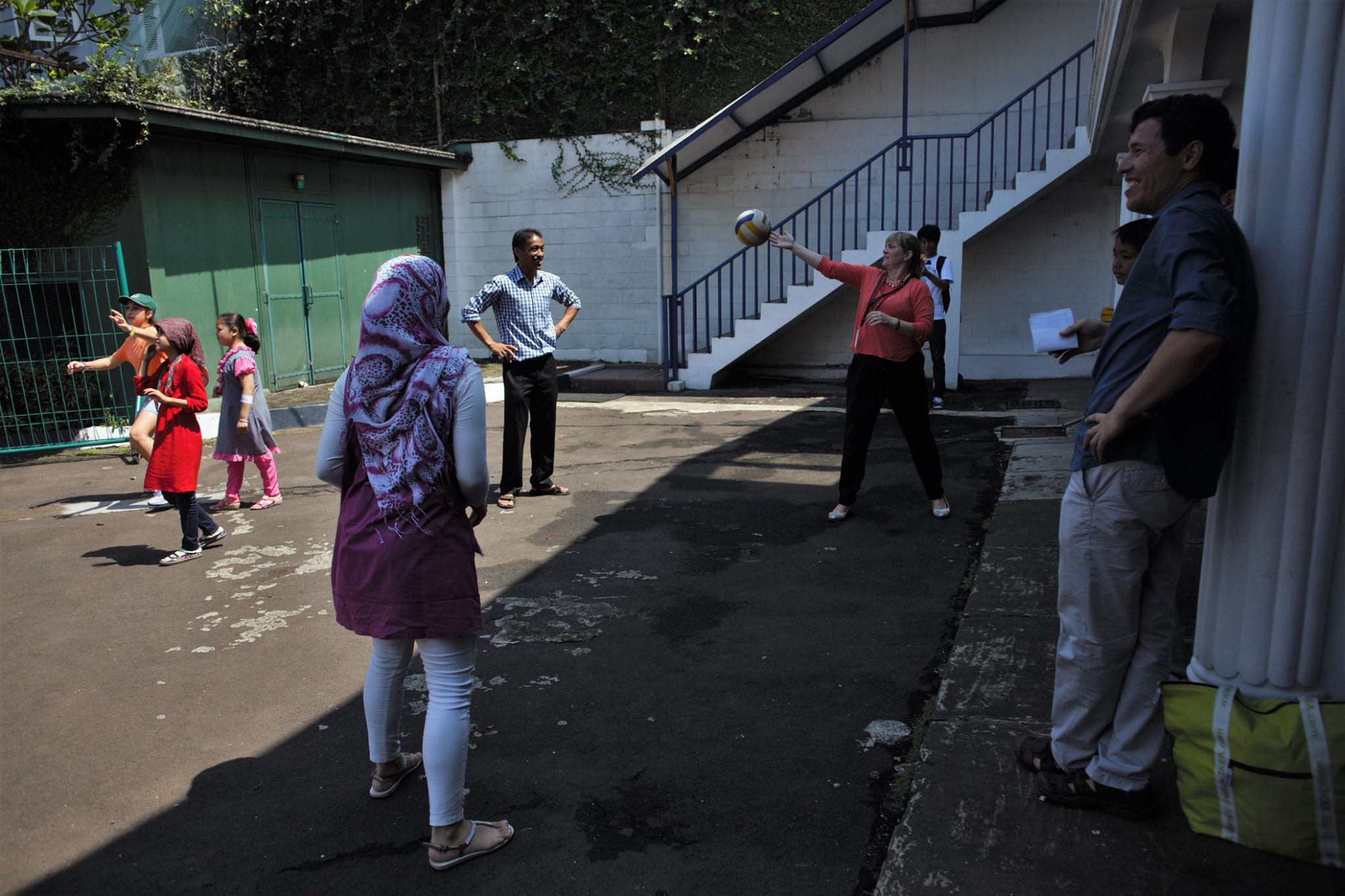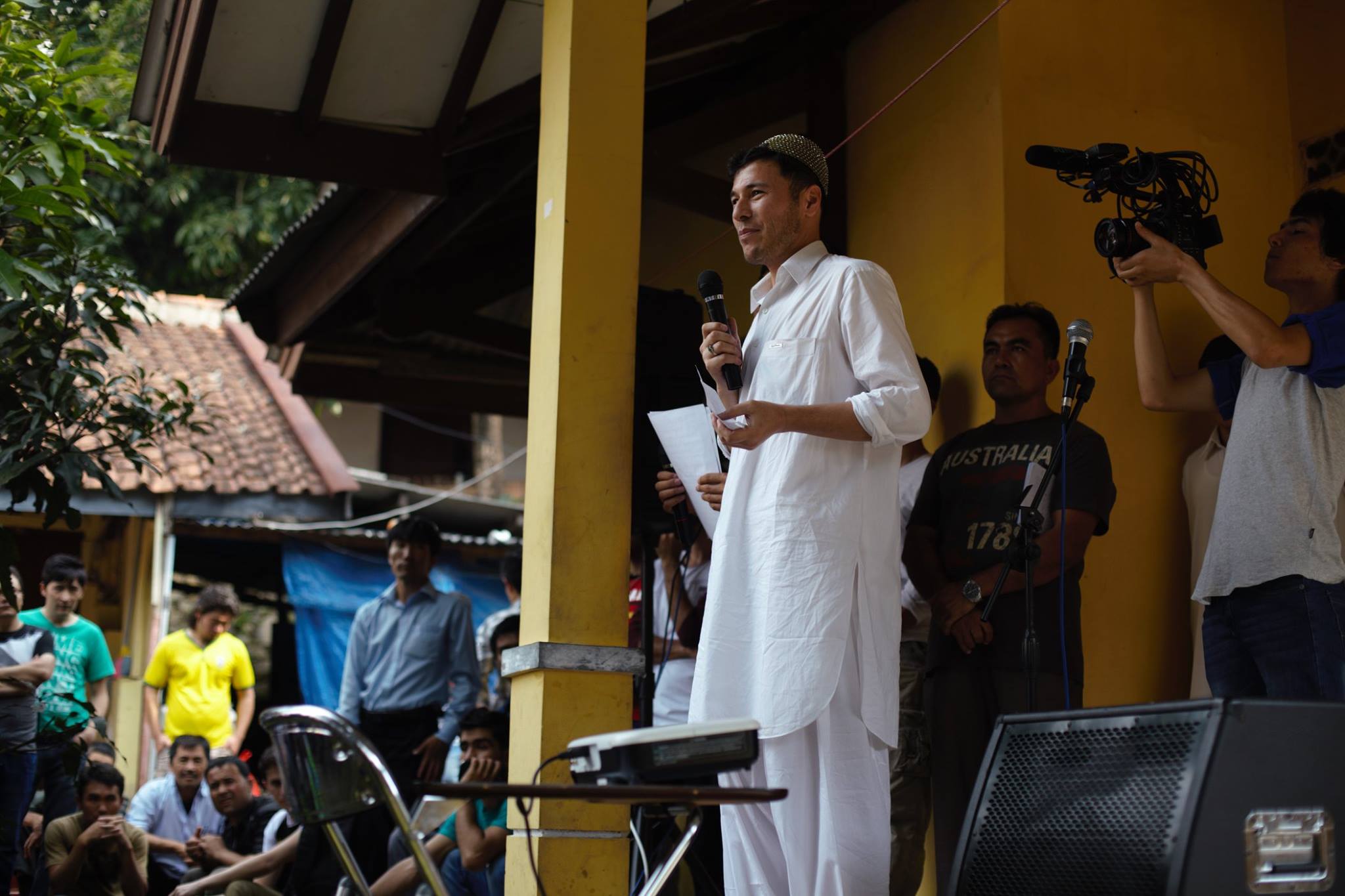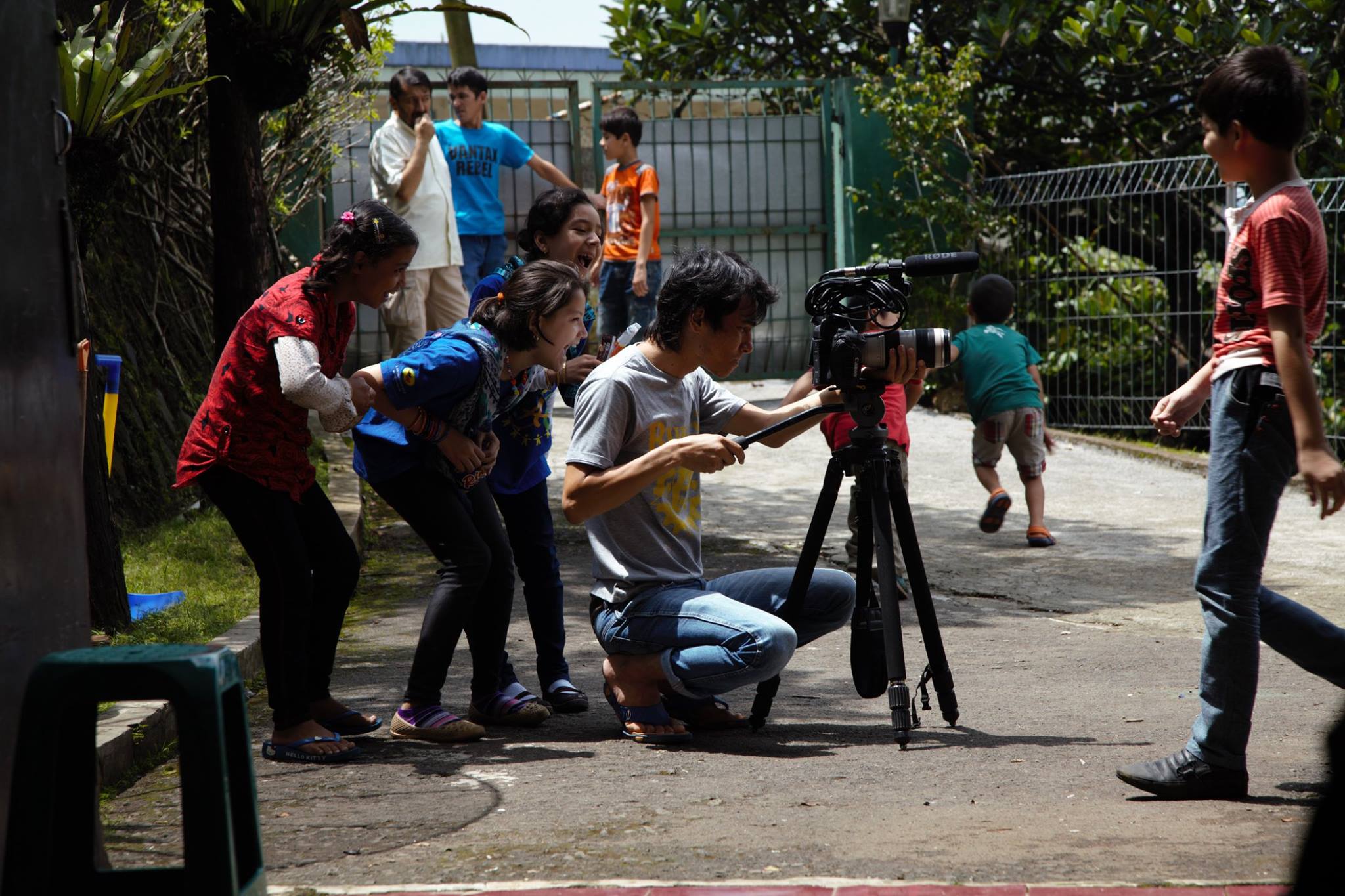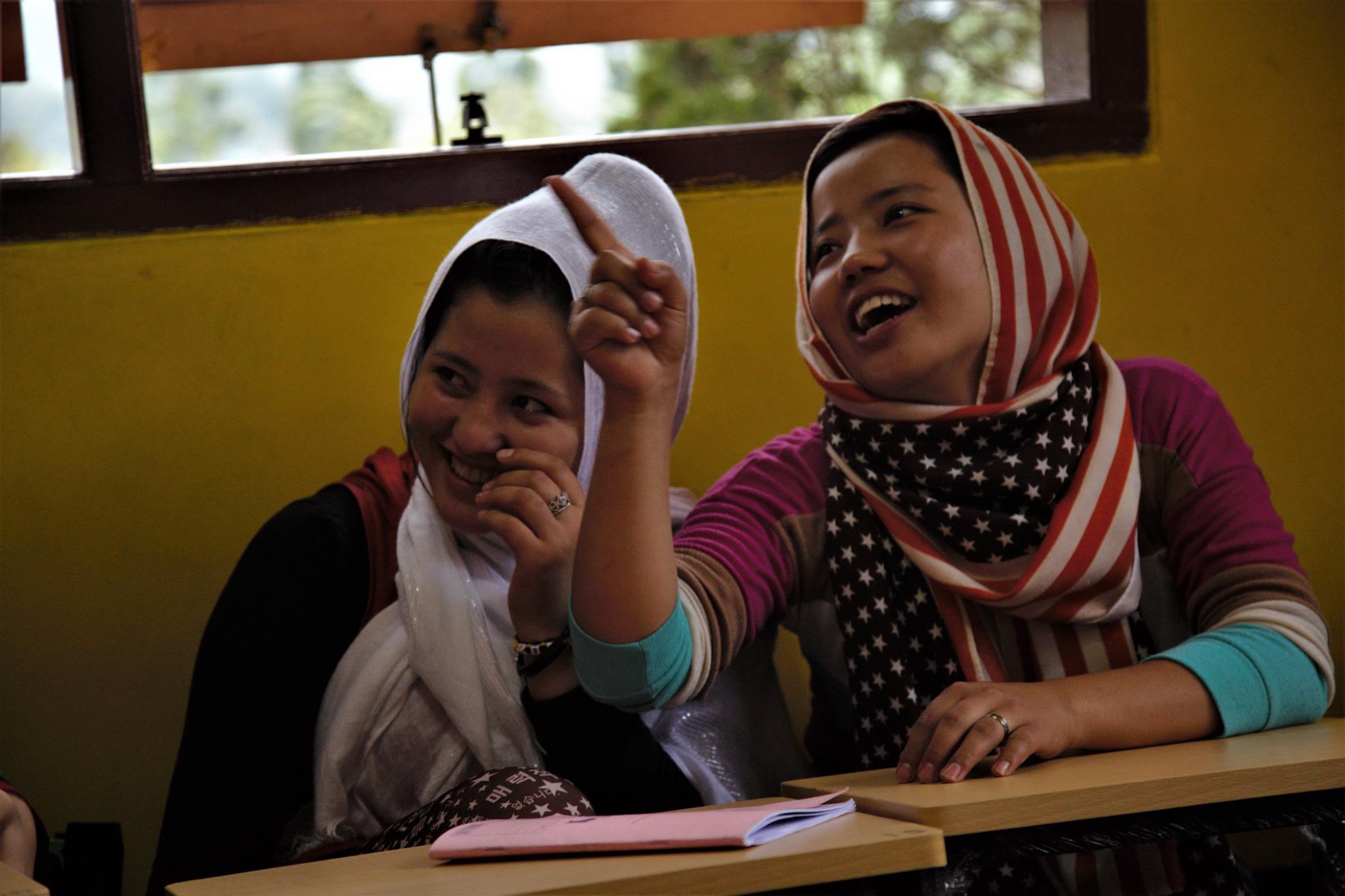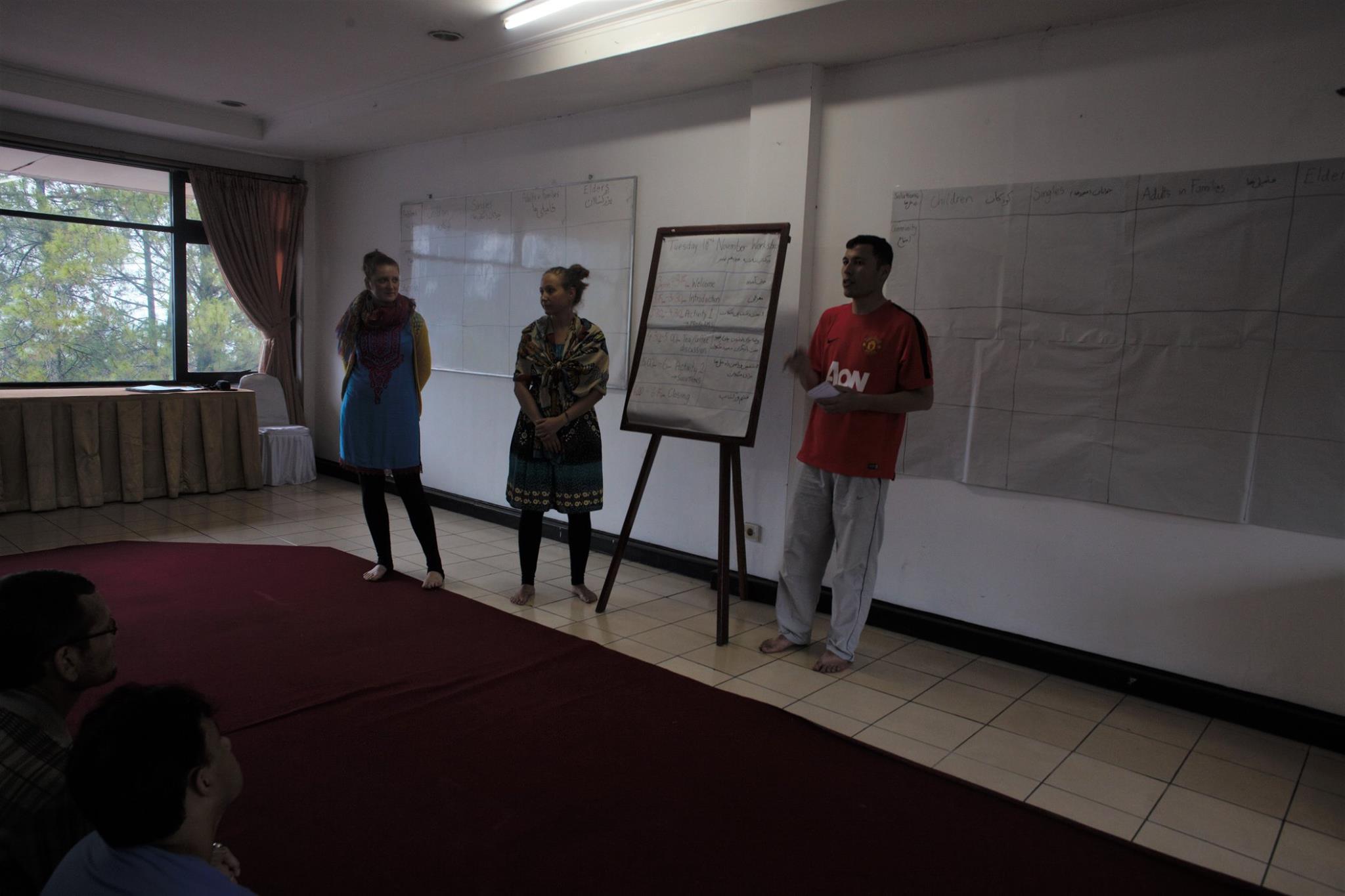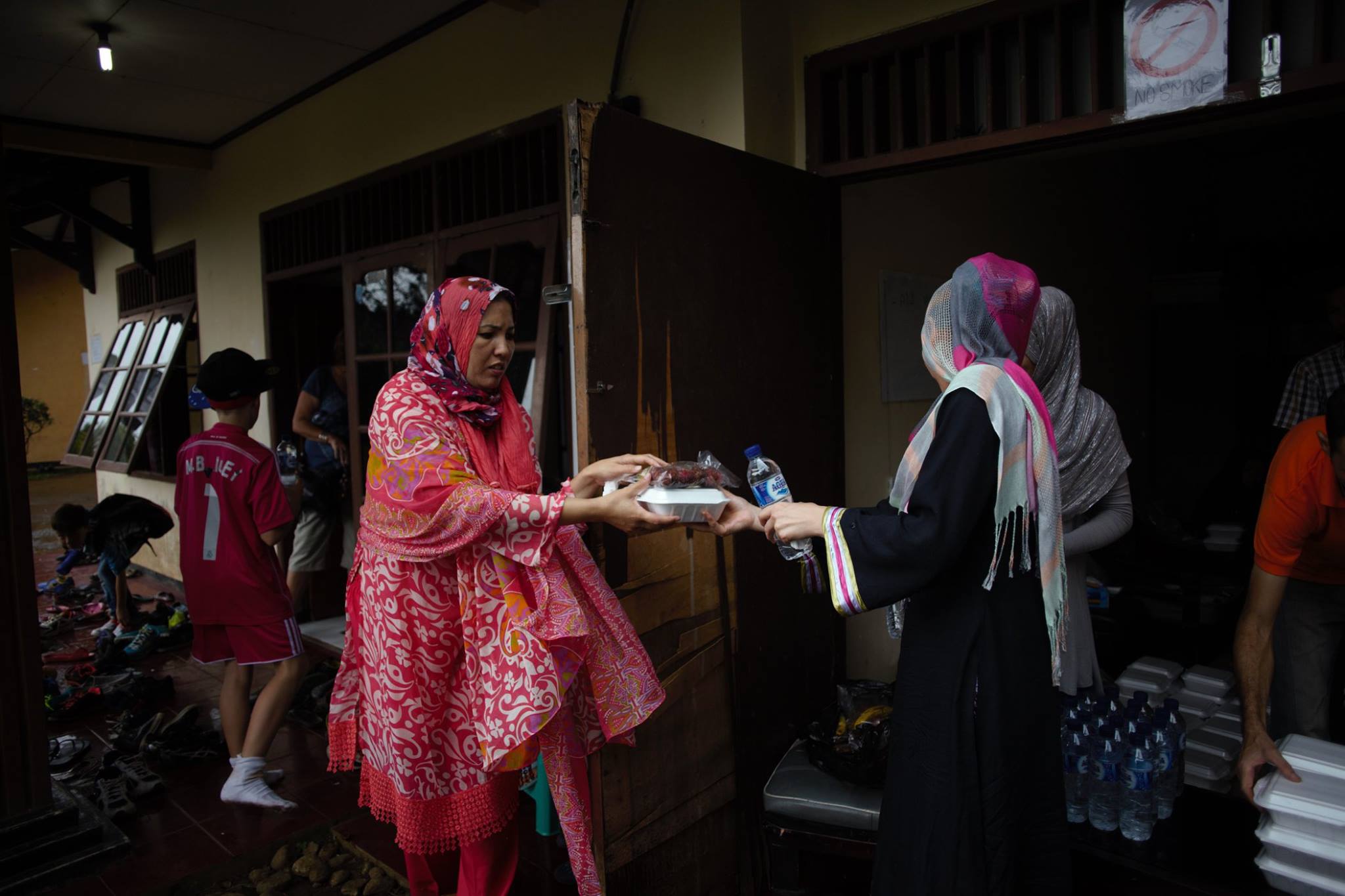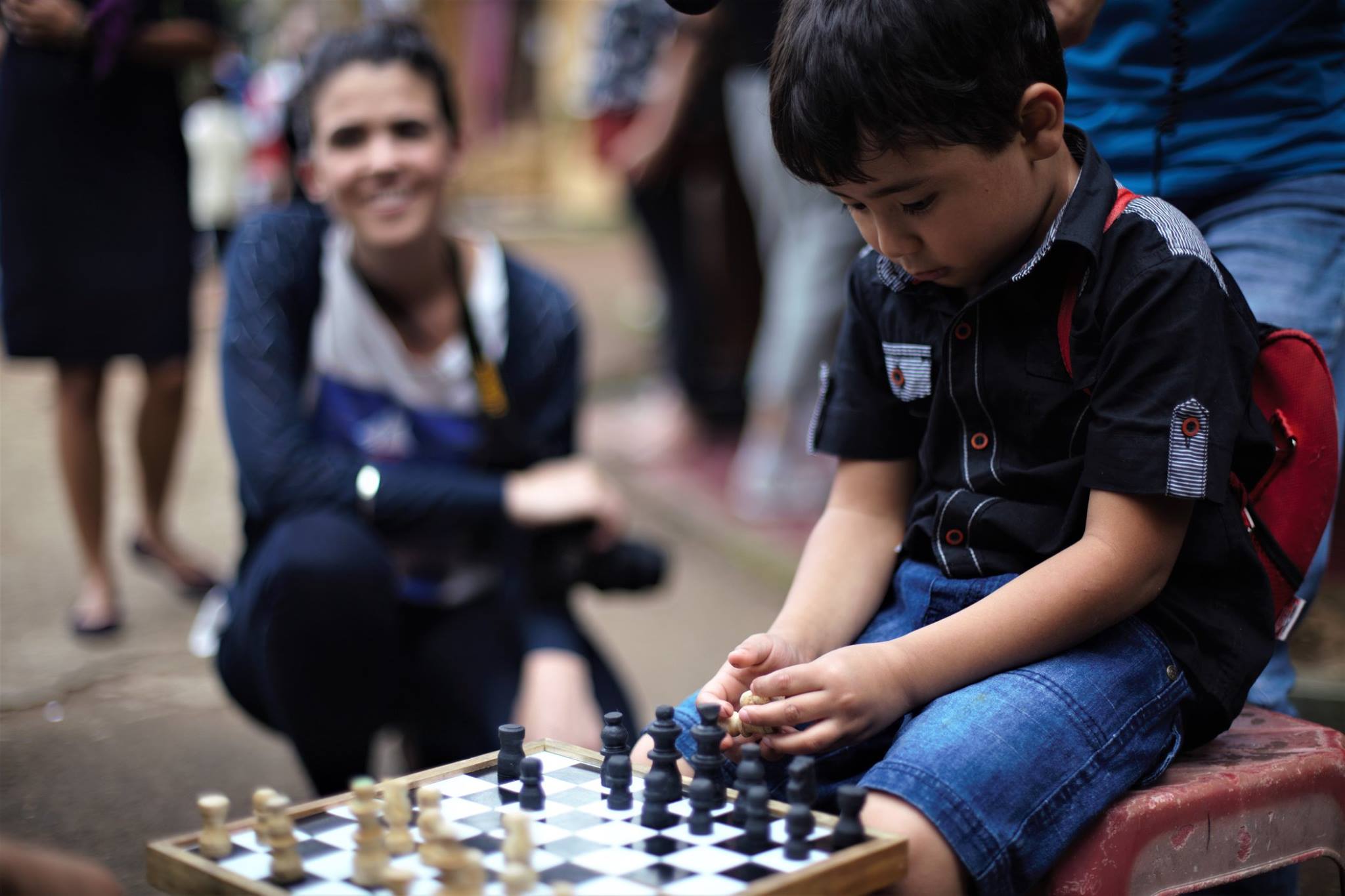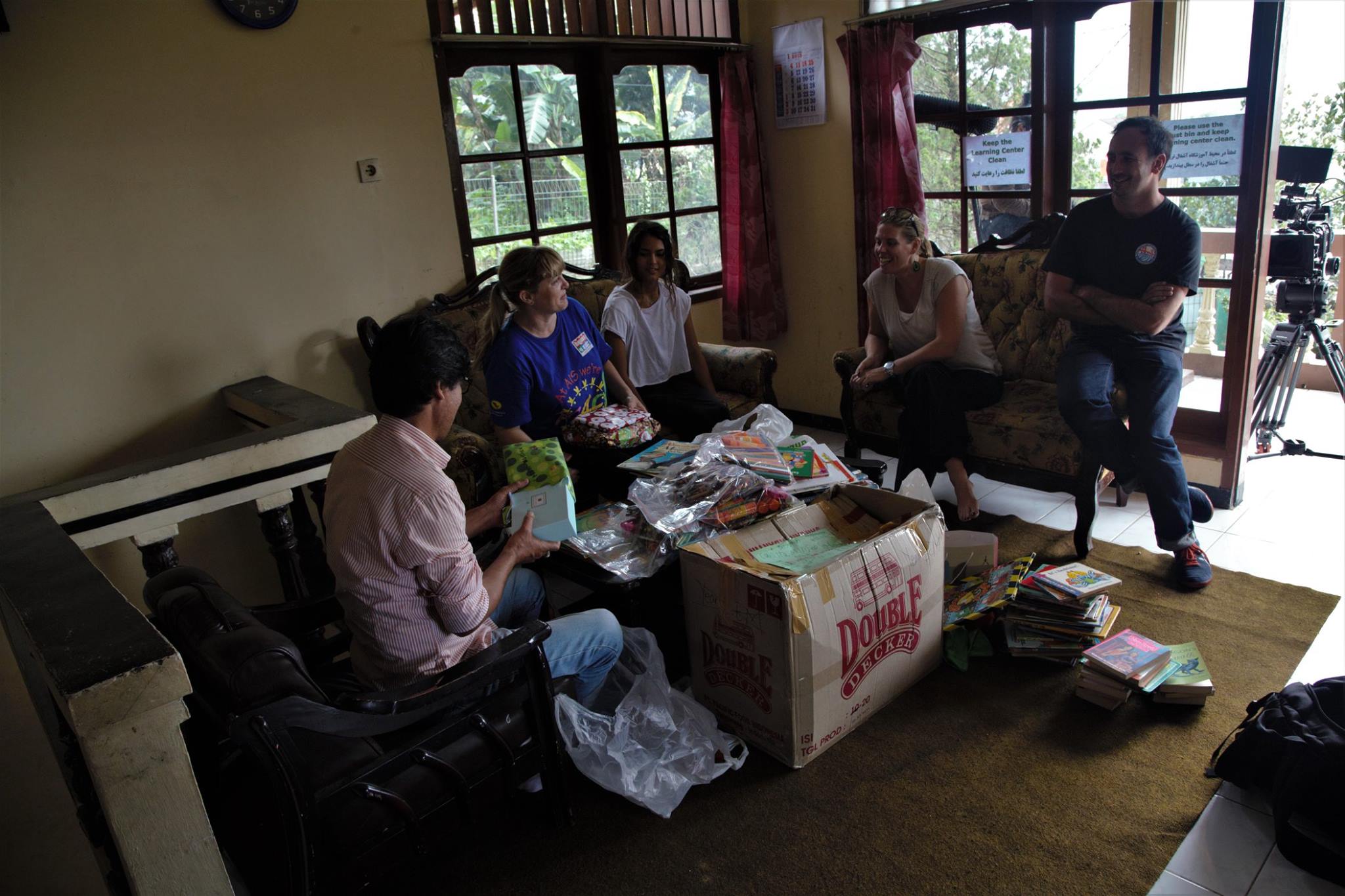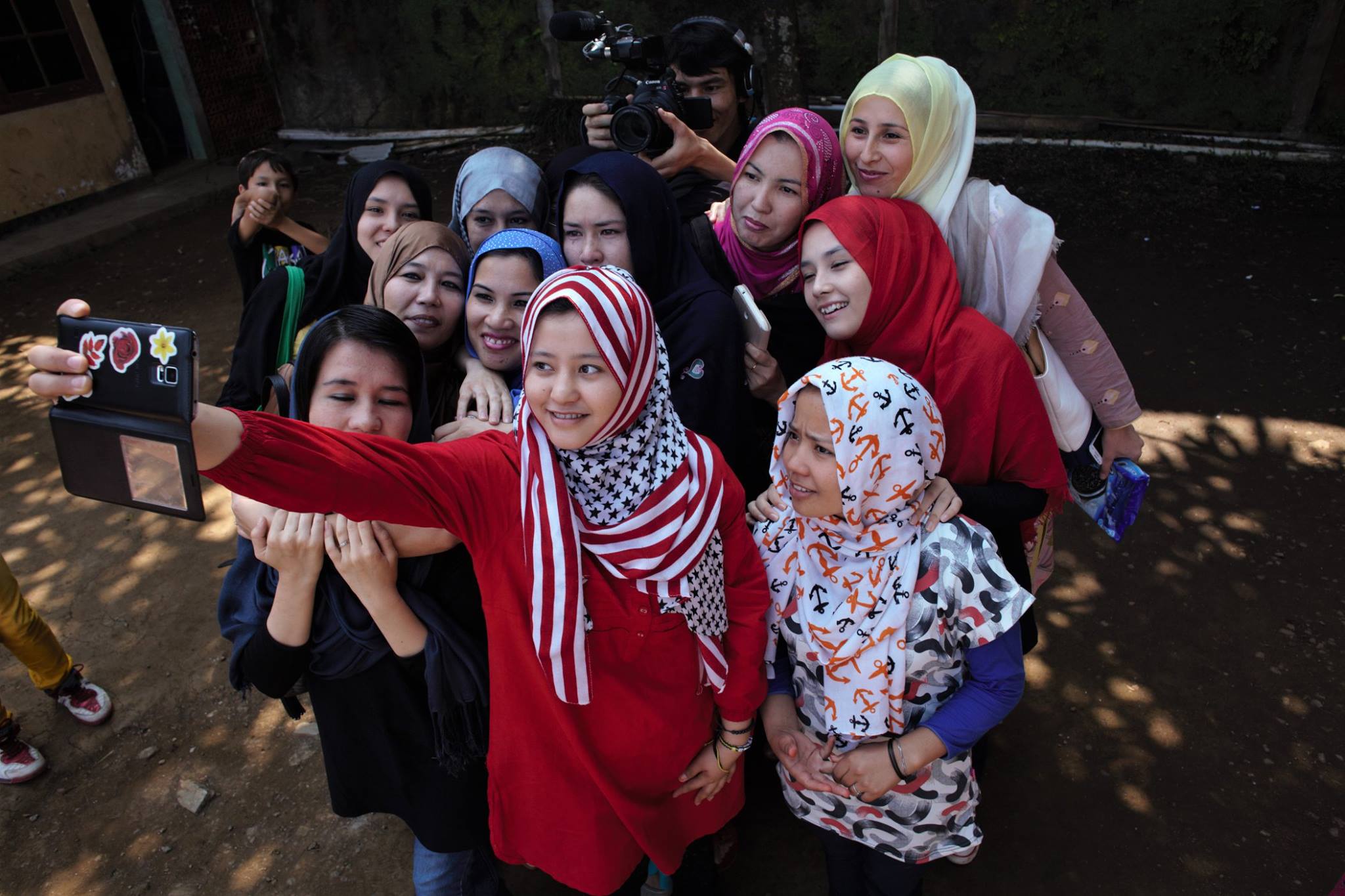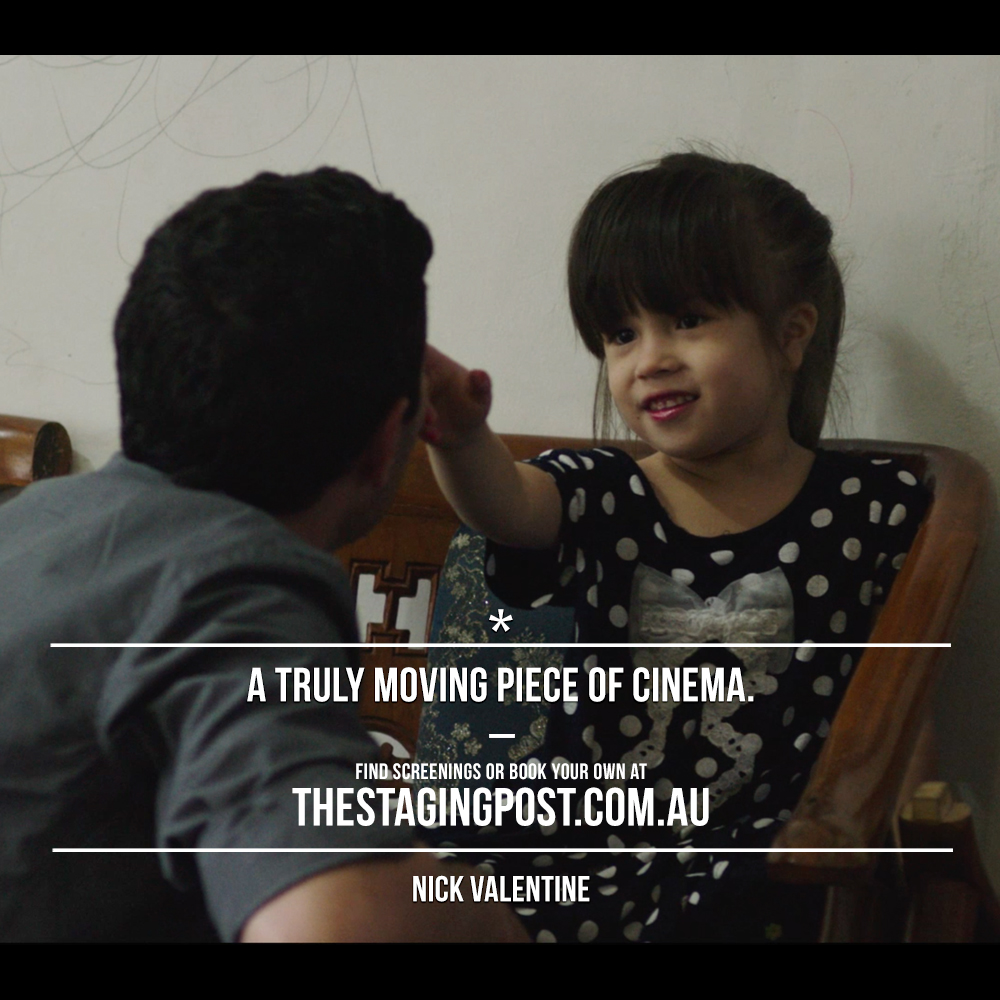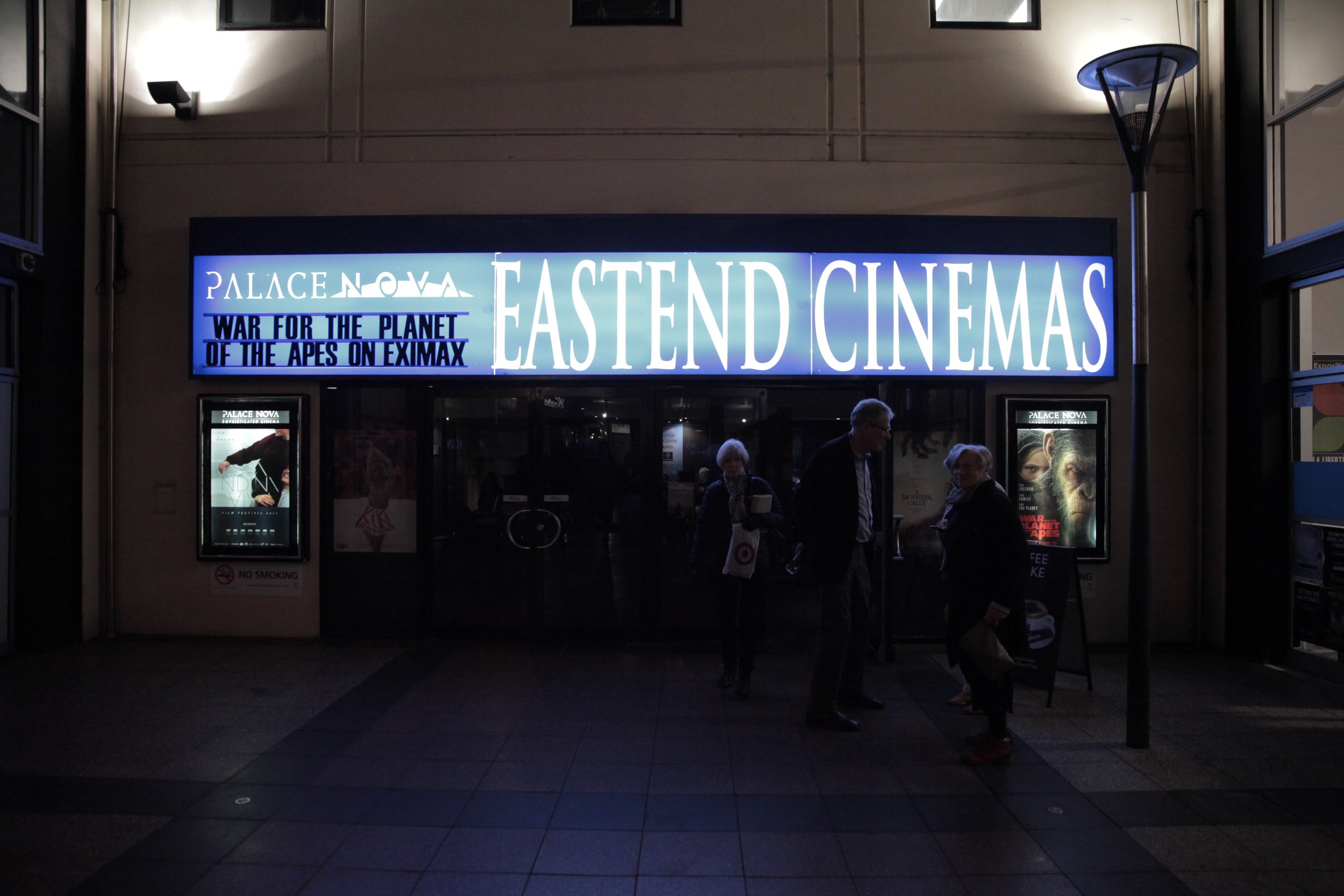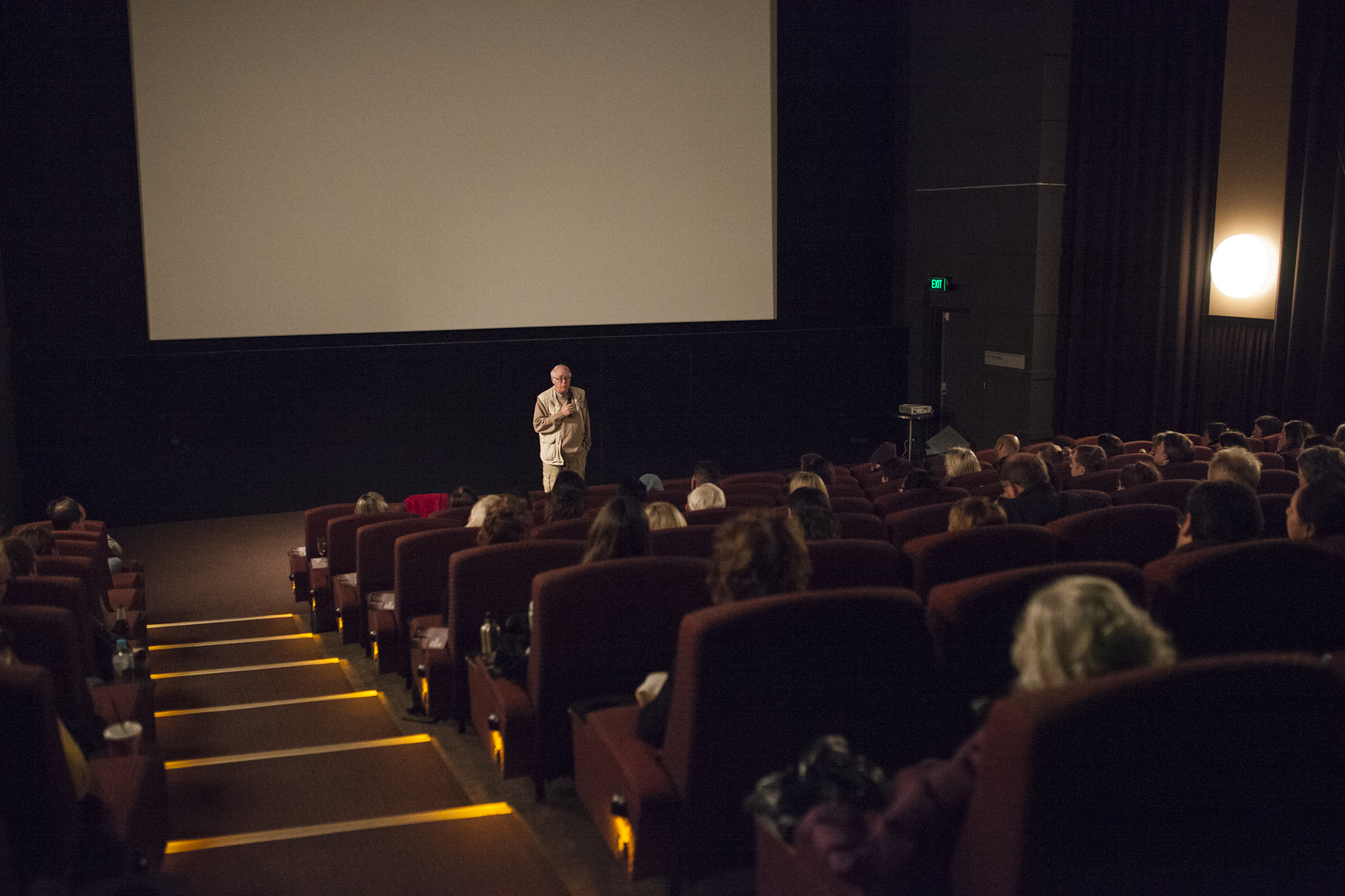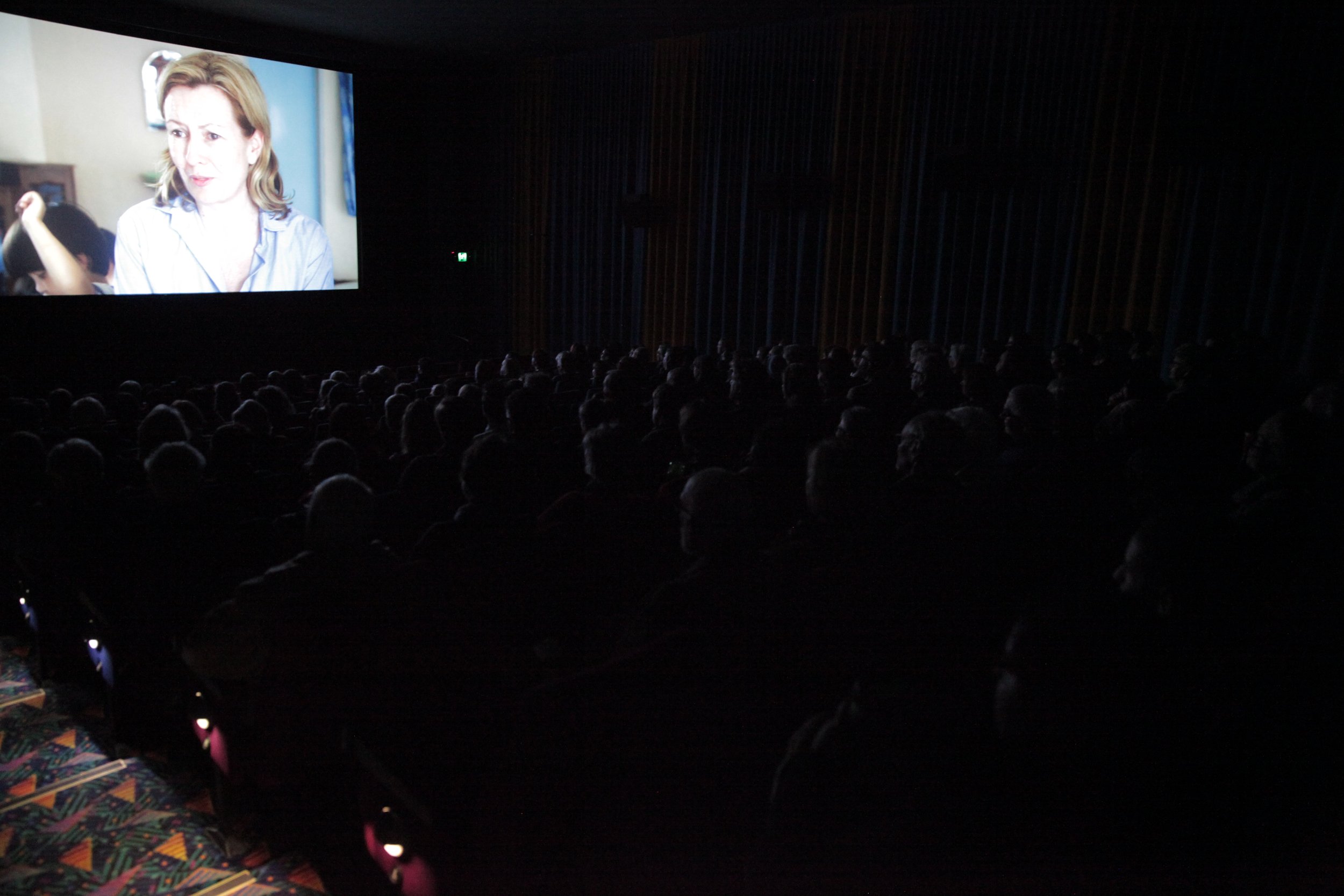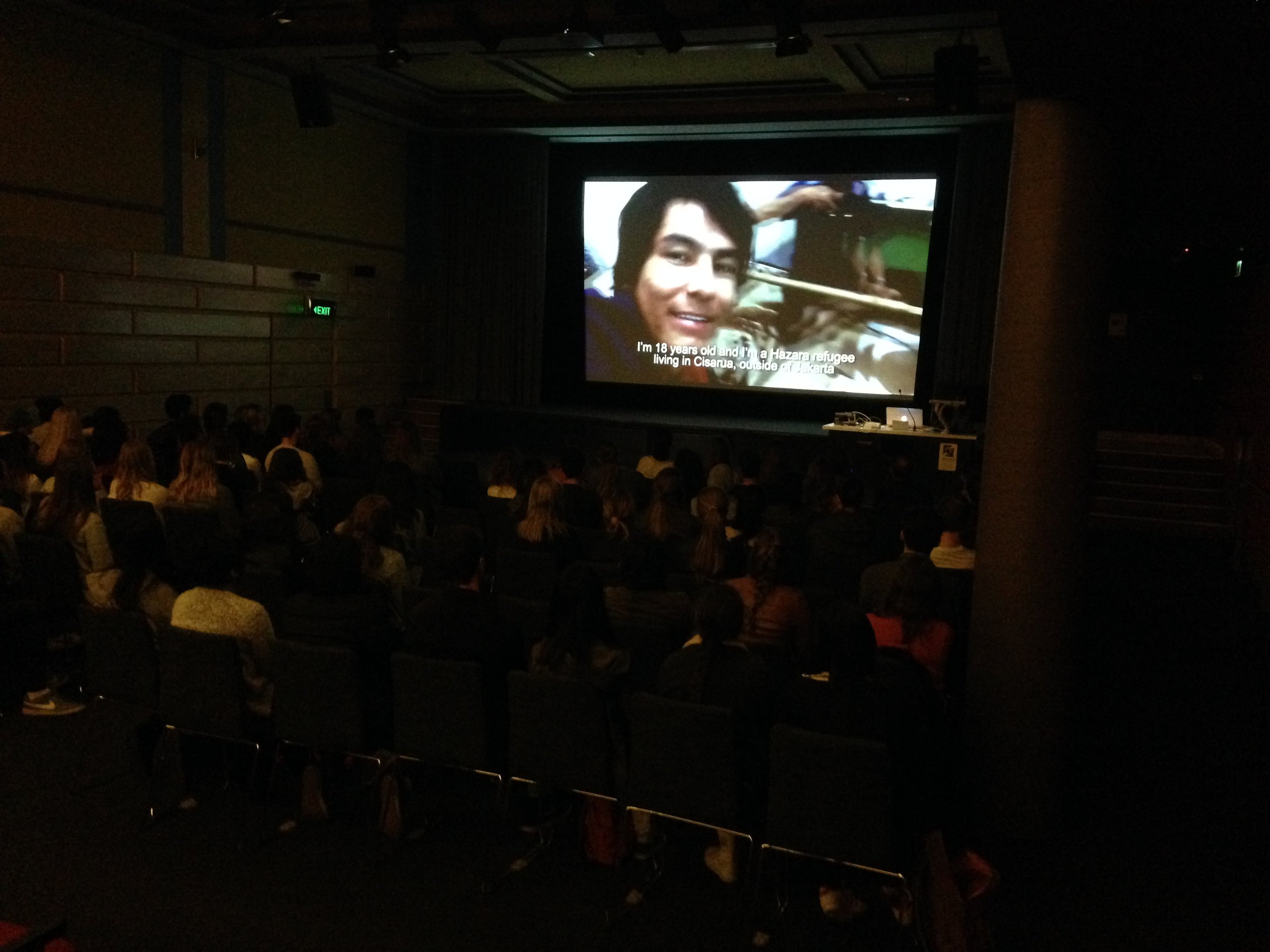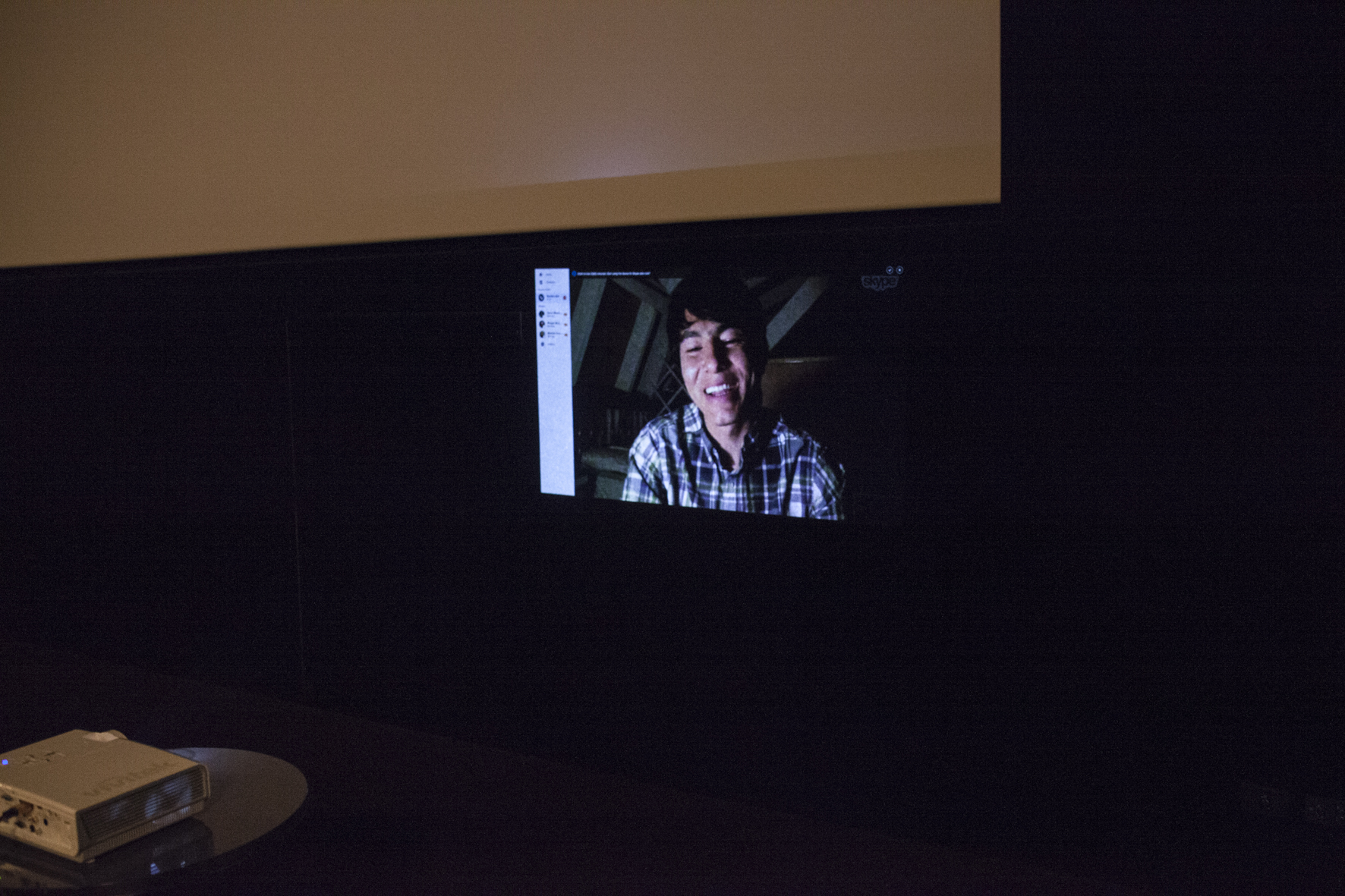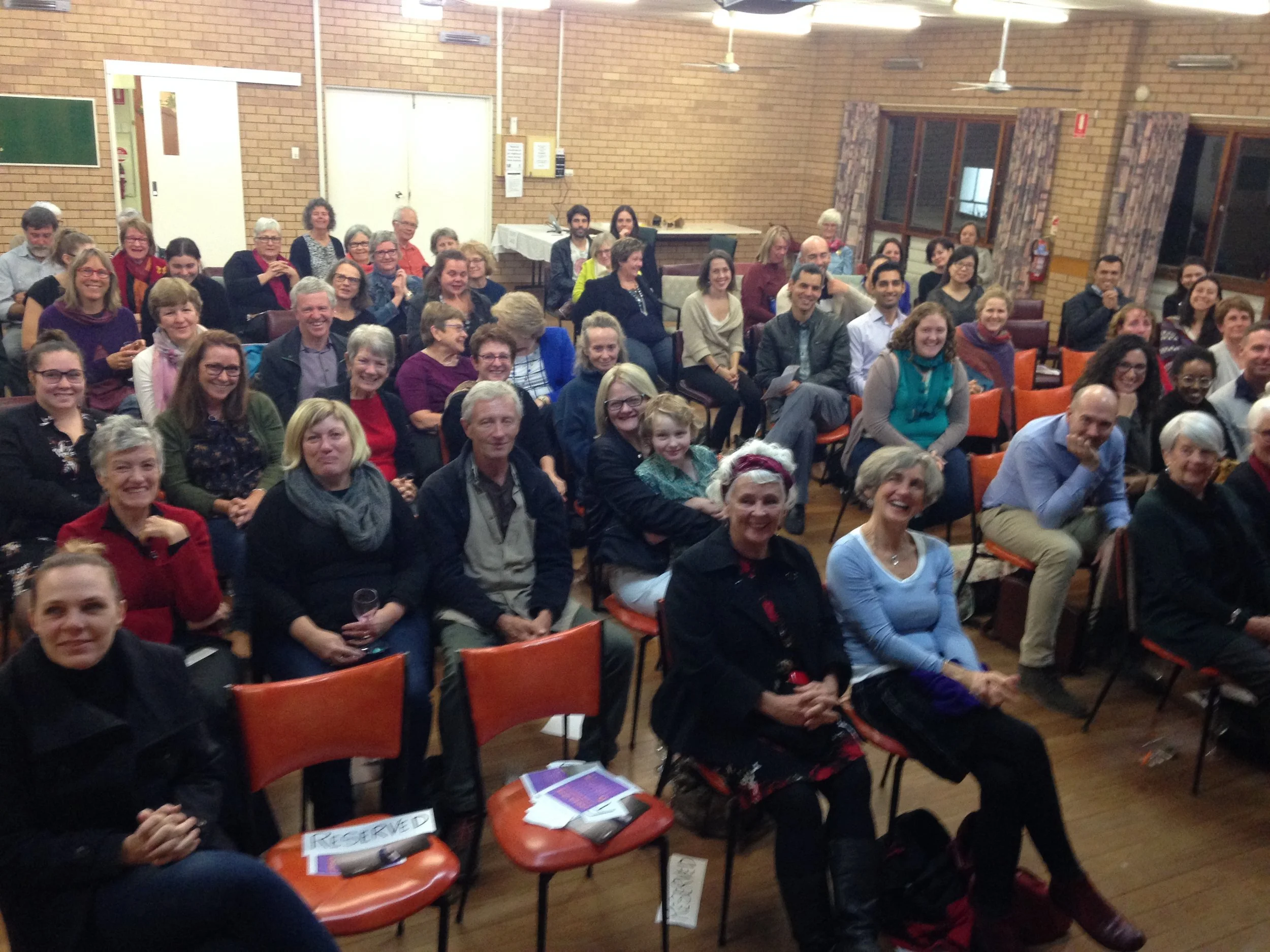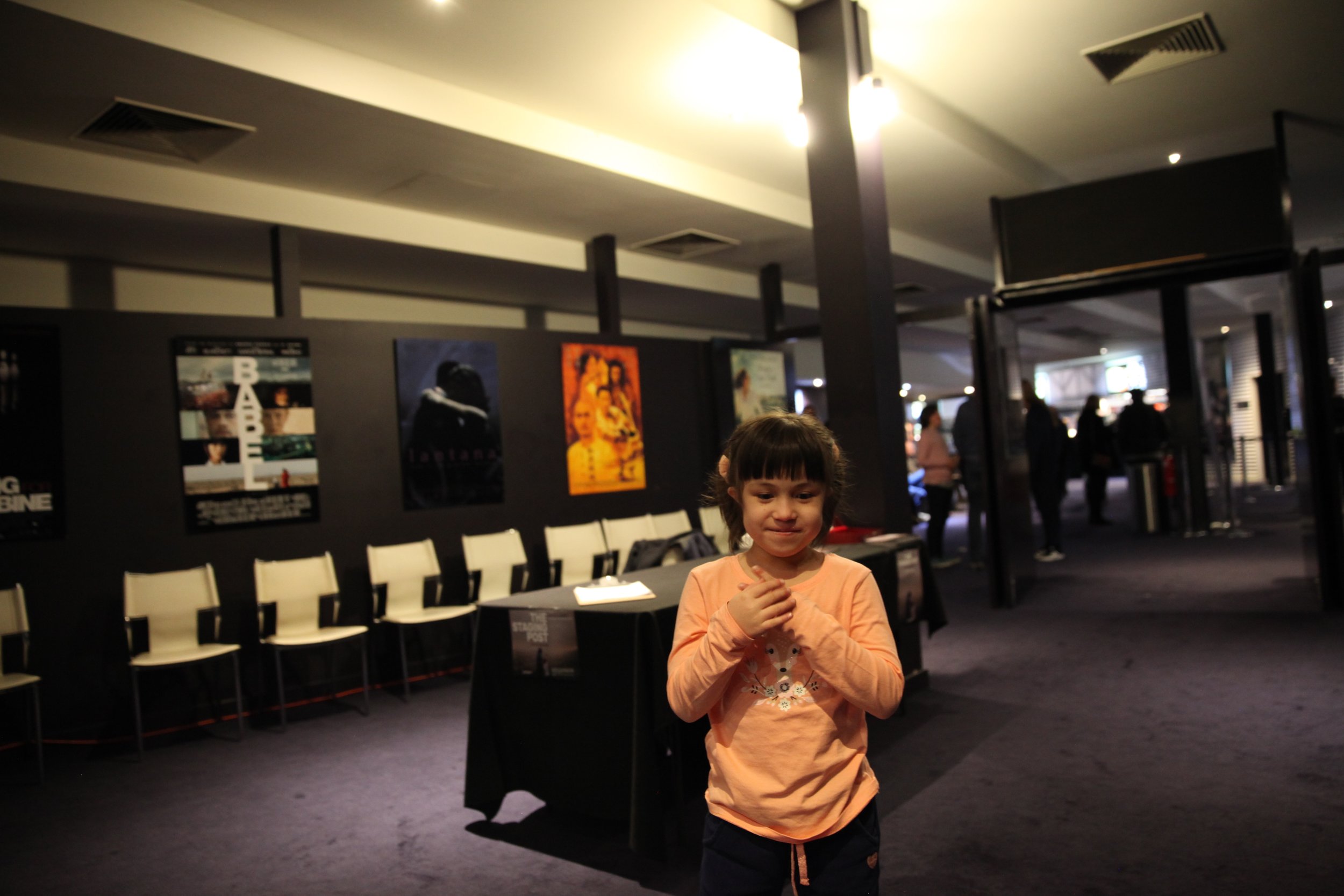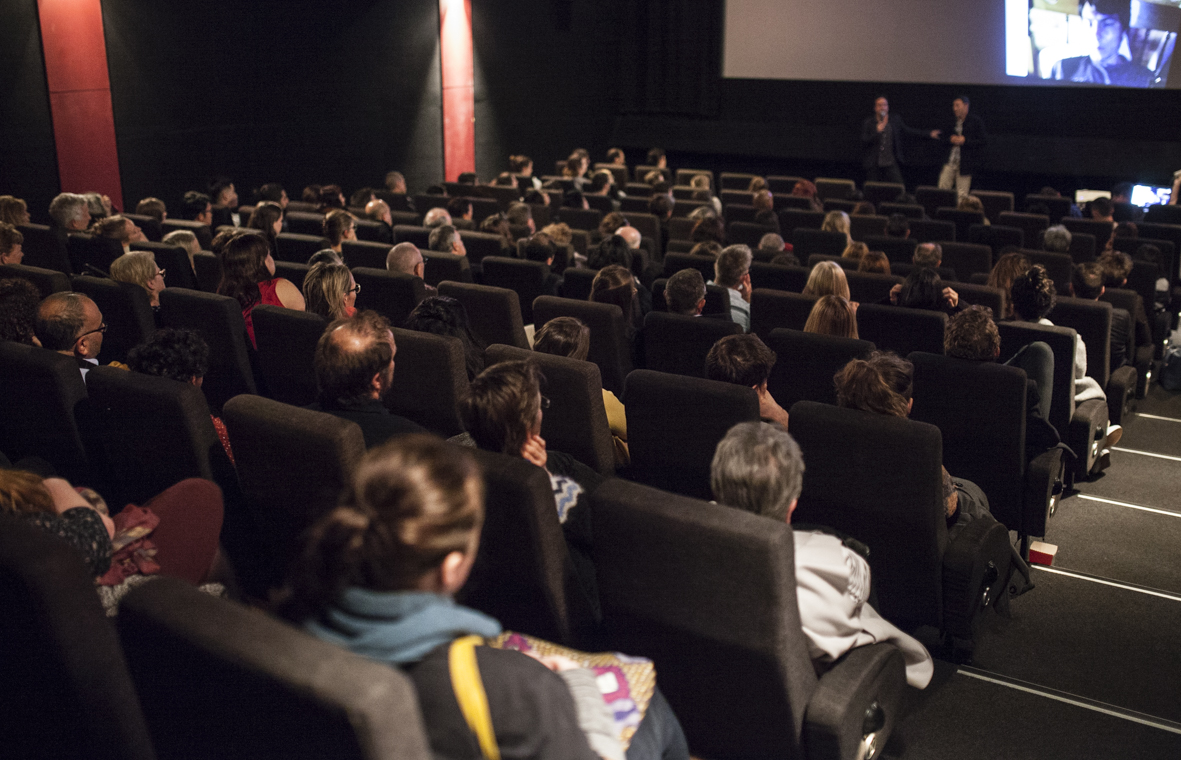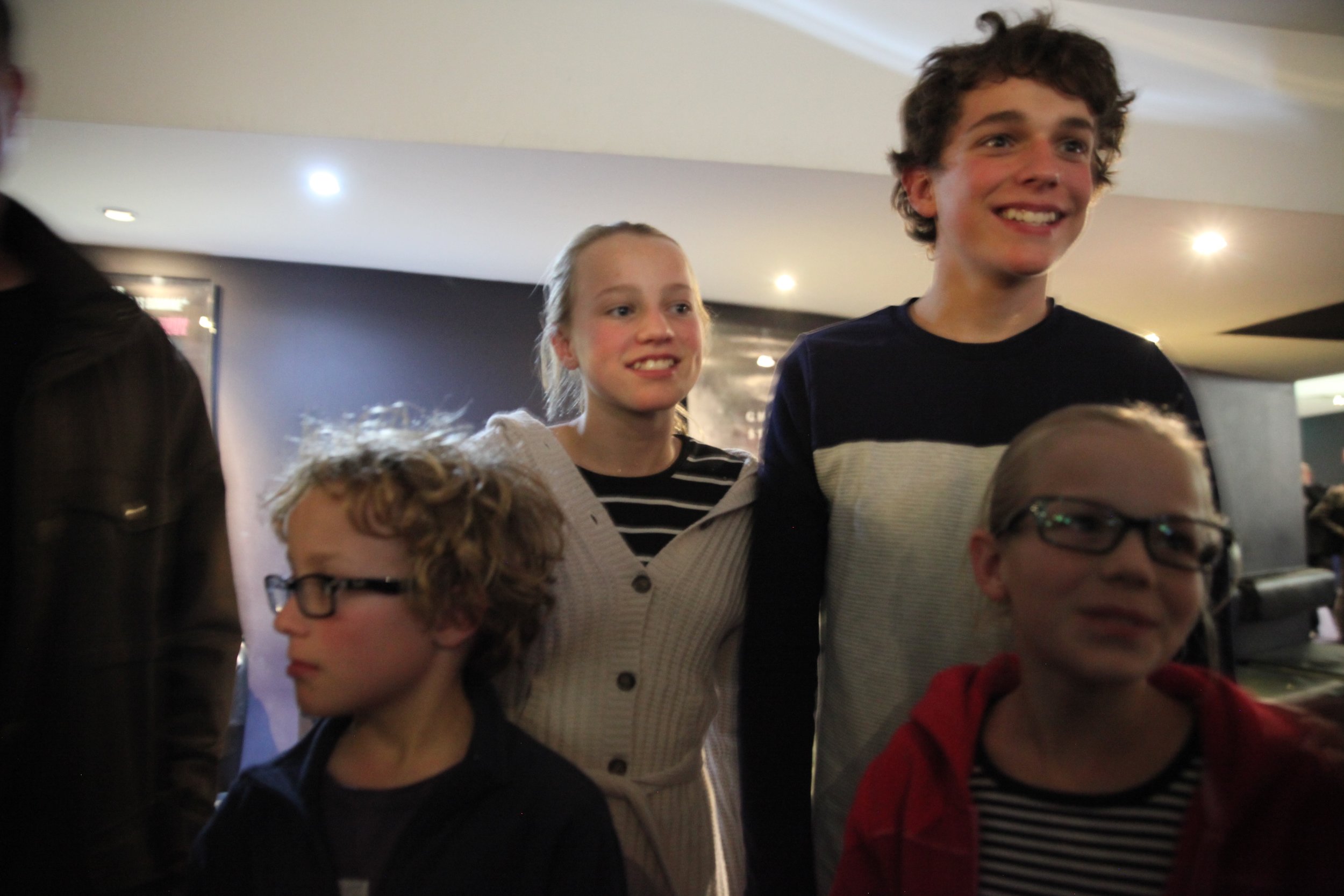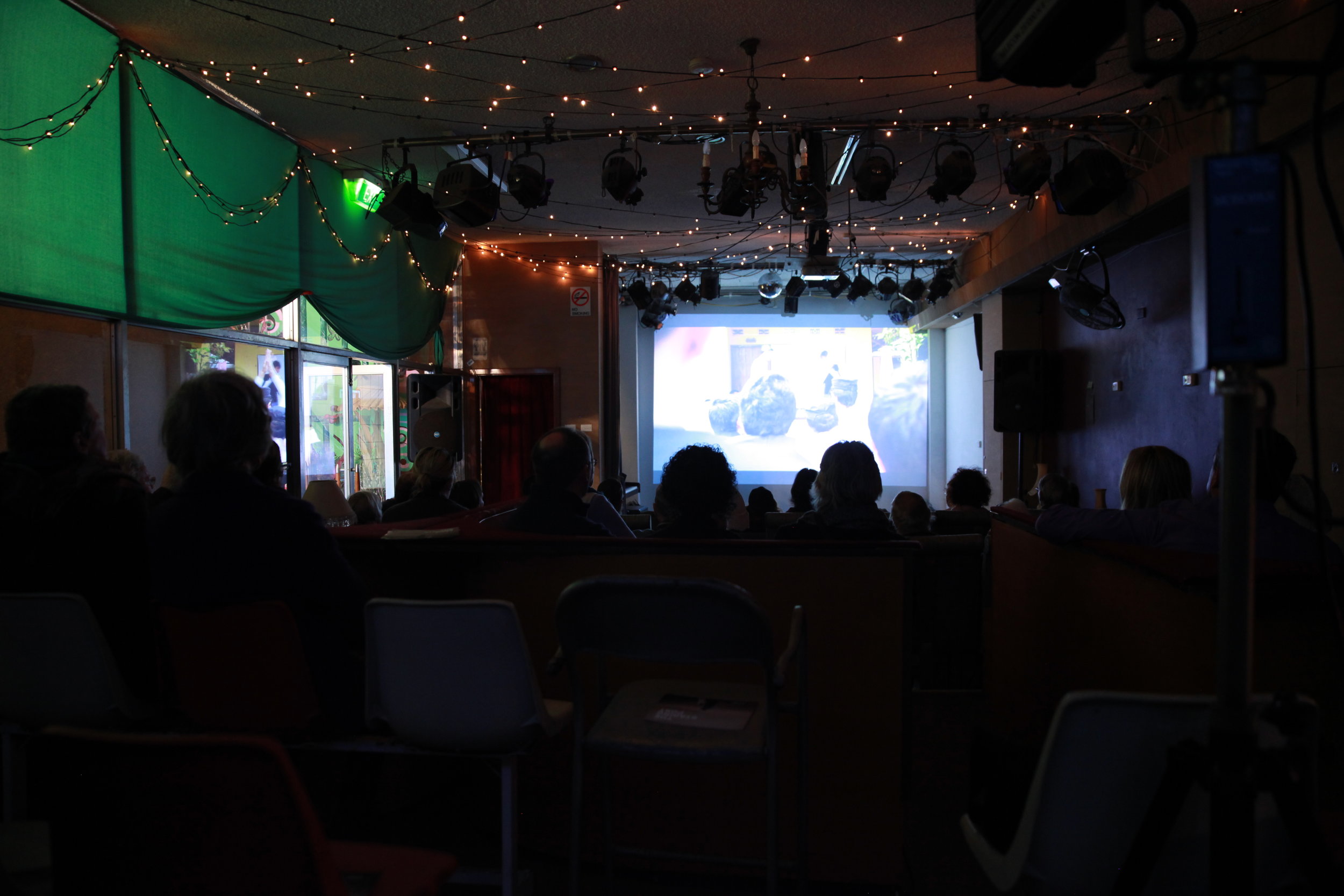In the meantime here's a short story about how I met a refugee.
See you all soon. Love and thanks.
Jolyon
How to meet a refugee.
Four years ago I was living in Jakarta when Australia re-instated the mandatory offshore detention for people arriving by boat. Refugees have been the biggest news story in Australia for the past 15 years but I’d never met a refugee. I wanted to know more. Who were they? Where did they come from and what are they going to do know?
I discovered that the staging post for boats to Christmas Island was in a village called Cisarua (Chi-sa-roo-a), about an hour out of Jakarta, So I rented a car and drove up the hill. We wound our way along the Indonesian road, took a left turn, down a small hill, over a bridge, past a fork and, as we came around the next bend, the driver pointed “There’s a refugee!”.
I got out of my car, walked up to the man and stuck out my hand. He shook it firmly. “Hi, I’m Jolyon. I’m an Australian” I said. The man was Hasan. He told me his english was not good and that I should speak with his cousin, Rizwana.
Behind him, in a small room, was the tall and softly spoken Rizwana. She made me tea and we spent the afternoon talking. It’s not until you meet people from a different world that you realise how little you know. I asked all the dumb questions.
Where were they from? Afghanistan.
Why did they leave? They were a persecuted ethnic minority, Hazara, and also were Shia Muslim not Sunni. (I can’t remember now if I even knew the difference back then.)
Were they going to catch a boat to Australia? No, because they had children and wouldn’t take that risk.
Did they know others taken a boat? Yes, the family upstairs had taken a boat, but the boat sank and some of the family died. The rest of the family had returned.
How did they get to Indonesia? They paid smugglers and came via Malaysia. What were they going to do now? Wait for the UNHCR to register them as refugees.
Rizwana gave me straight answers and eventually asked me some questions. When I told her I was a filmmaker she said I must come back and meet her brother, Muzafar, who was a photographer. I said I would.
I returned a couple of weeks later. Muzafar was there with another young Hazara refugee, 17 year old Khadim. Muzafar showed me his stunning photographs from Central Afghanistan and Khadim showed me some footage he’d been filming on his mobile phone. It was raw, intimate and authentic footage of life as a refugee in Indonesia.
We liked each other straight away and, that day, we decided to start a project together. Our creative work became the basis of our connection and through it we began to learn from each other. The first thing we did was edit Khadim’s footage into a short film which was watched online over 100,000 times - in both Afghanistan and Australia. This was the beginning of a community that we built together.
Khadim kept filming as the refugees started a school for their children, the Cisarua Refugee Learning Centre. That school inspired seven others and became the centrepiece of, and sanctuary for, the community which grew around it. There are now nearly 1000 refugee children receiving education in Indonesia.
The whole transformative journey is documented in our documentary, The Staging Post, which is screening in Australia at the moment.
The film will be presented by myself and Muzafar, who is now living in Australia on a Humanitarian Visa. Come and meet a refugee for yourself.

